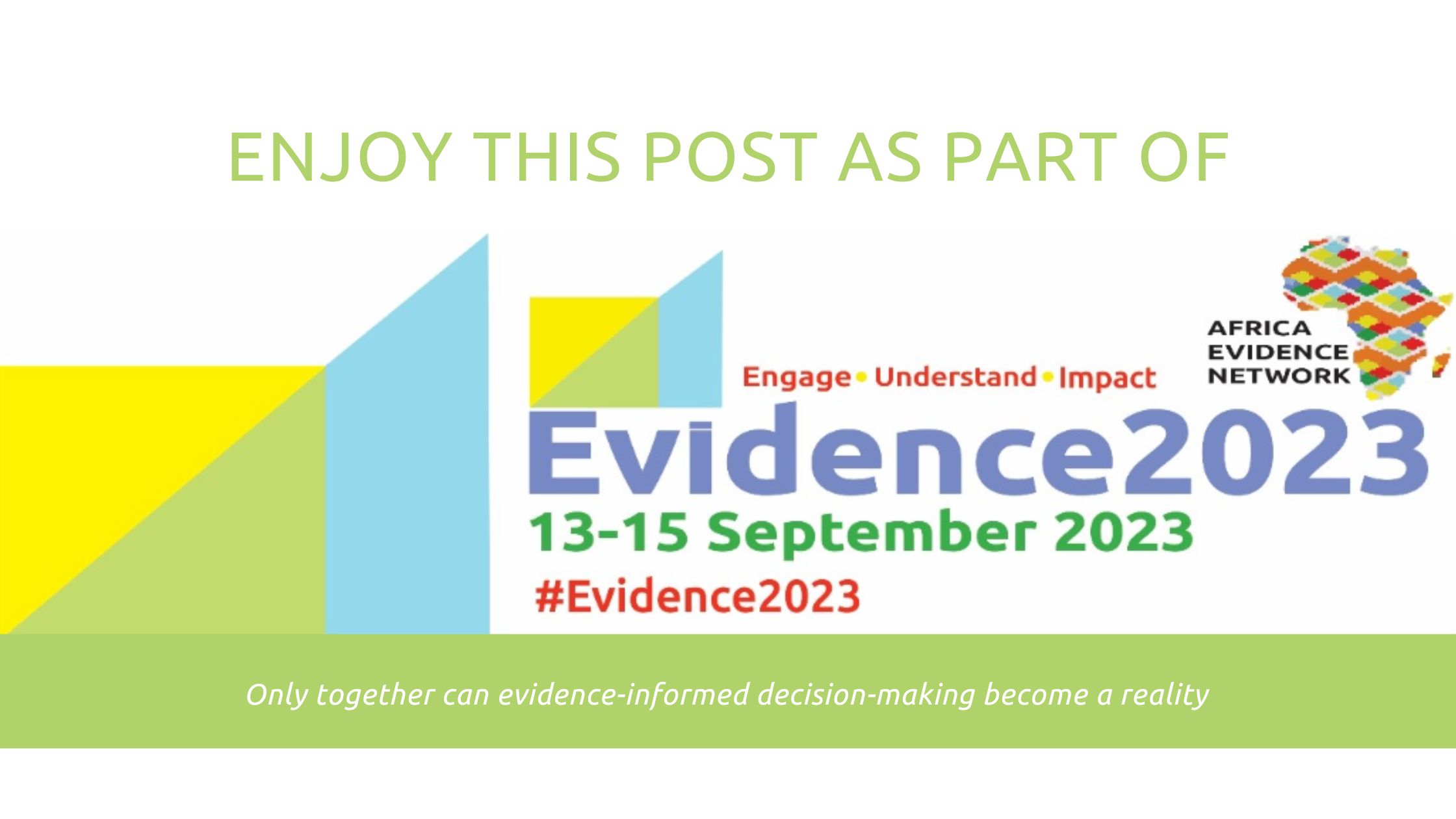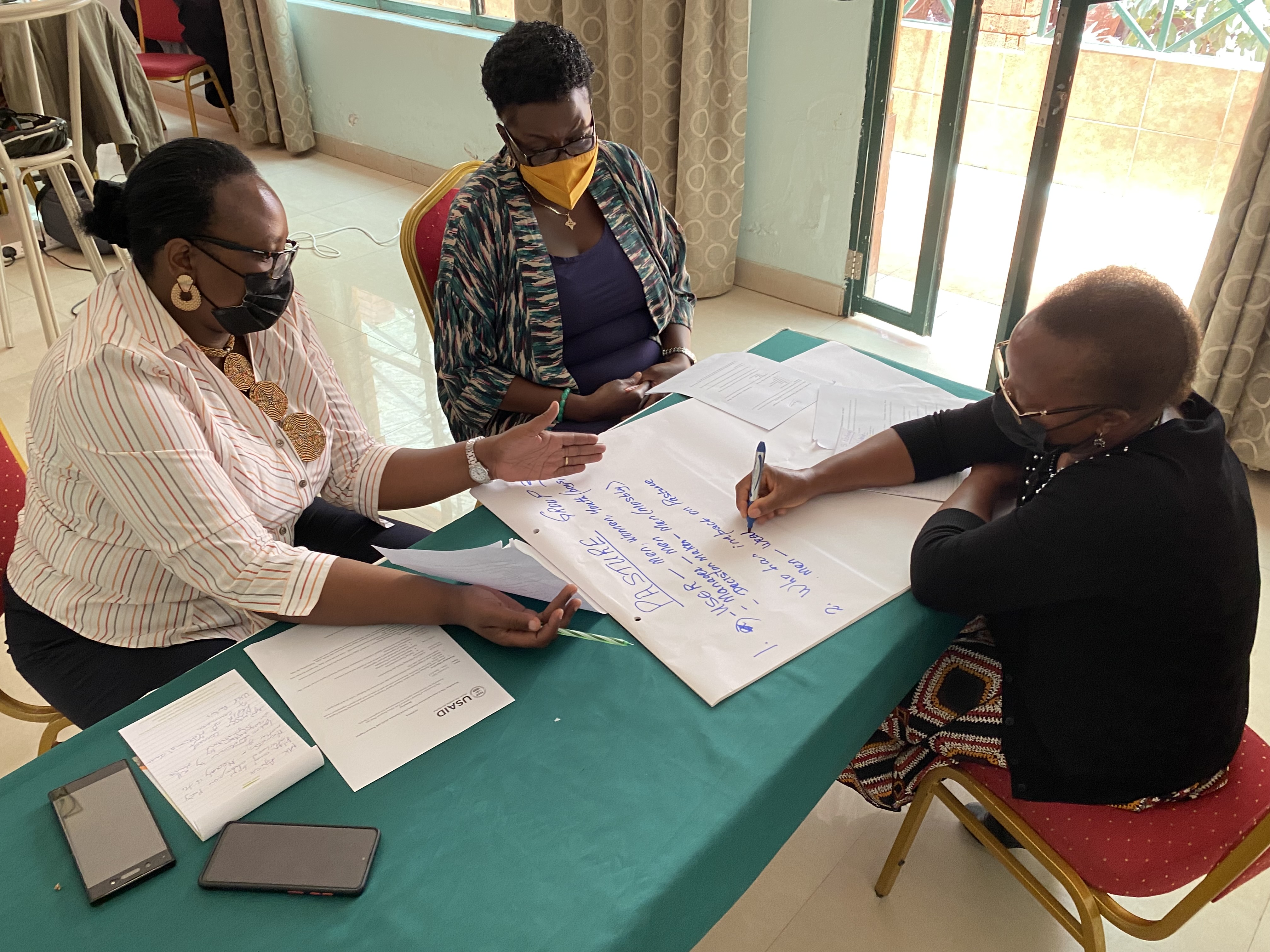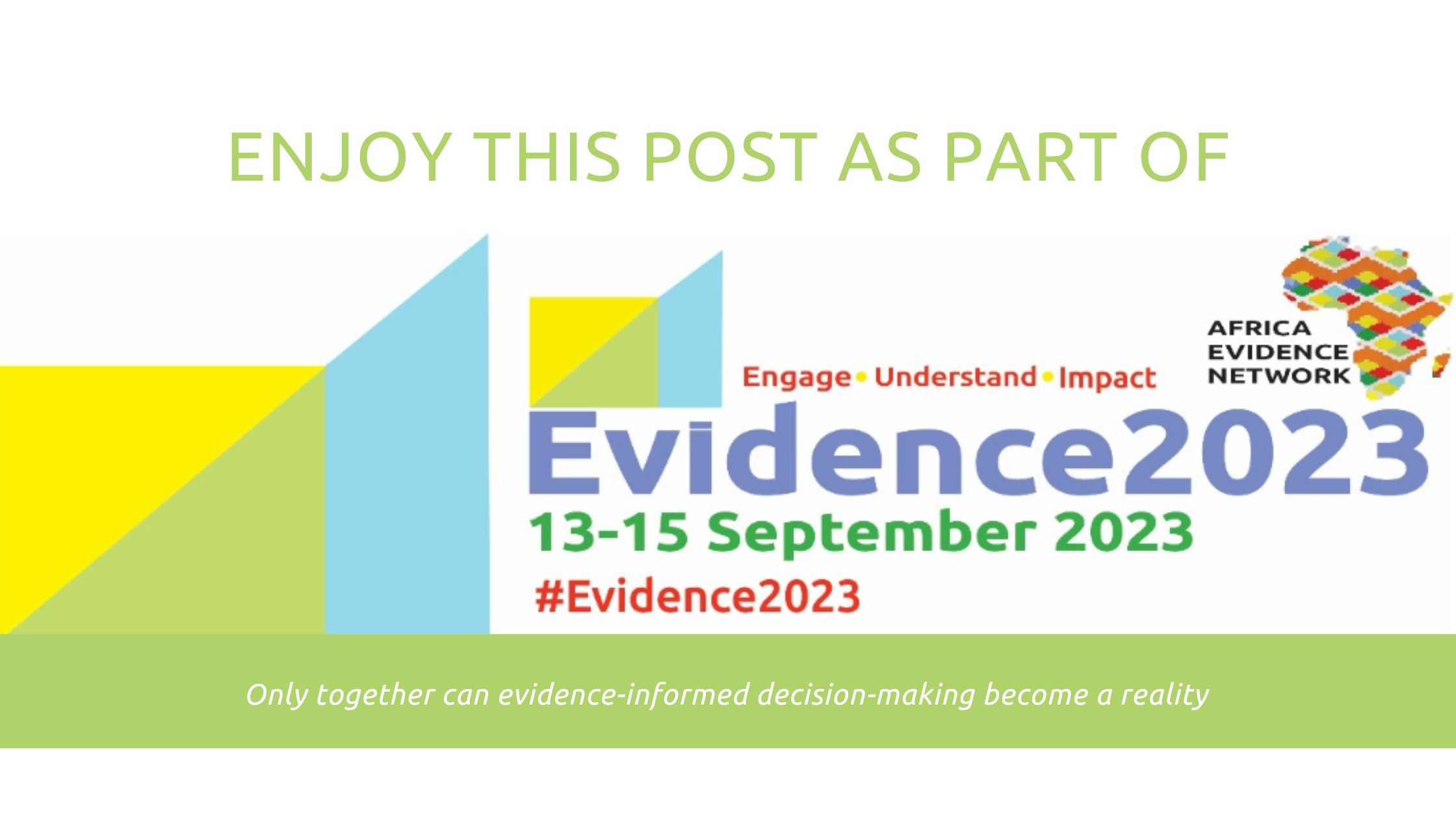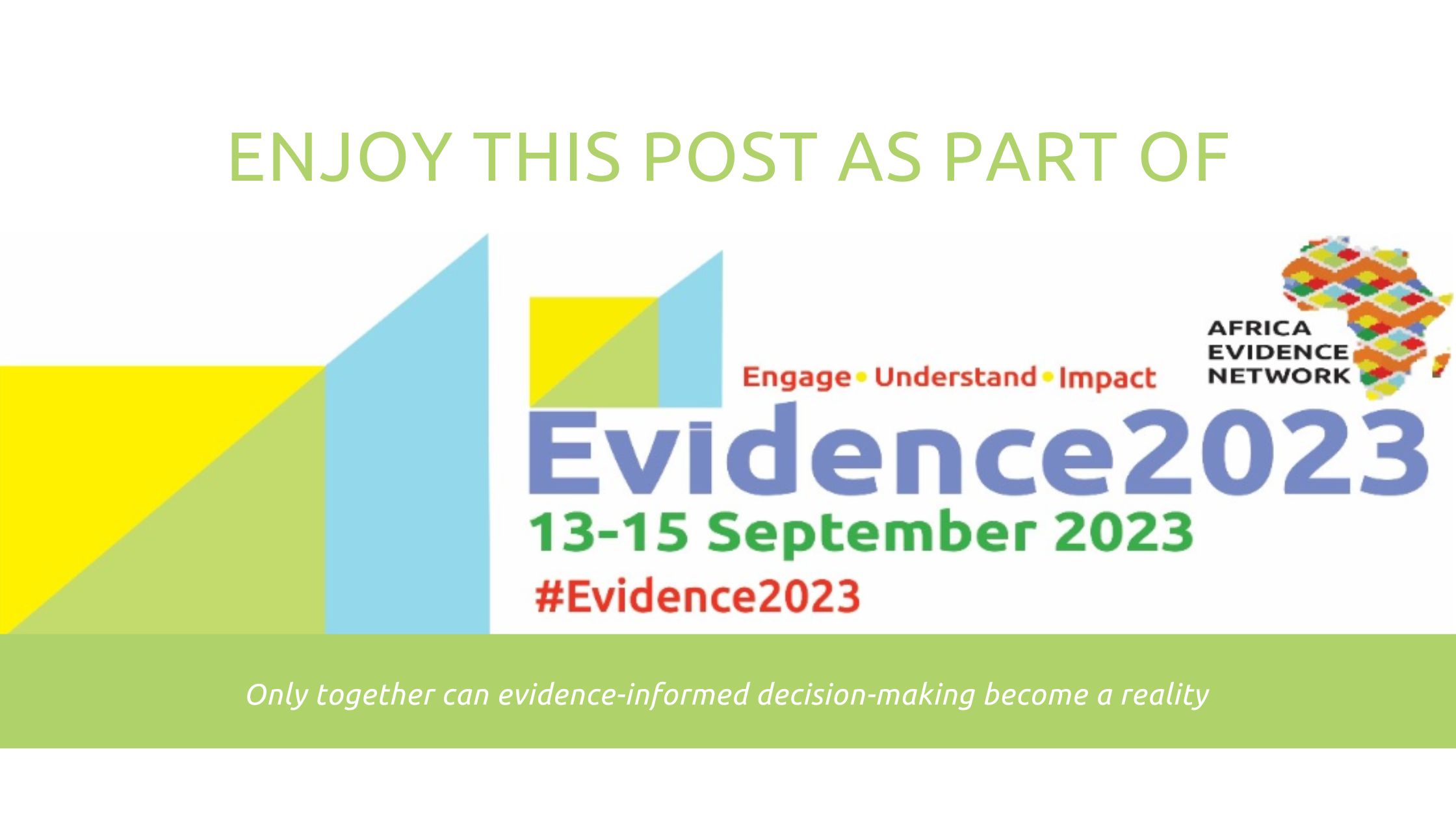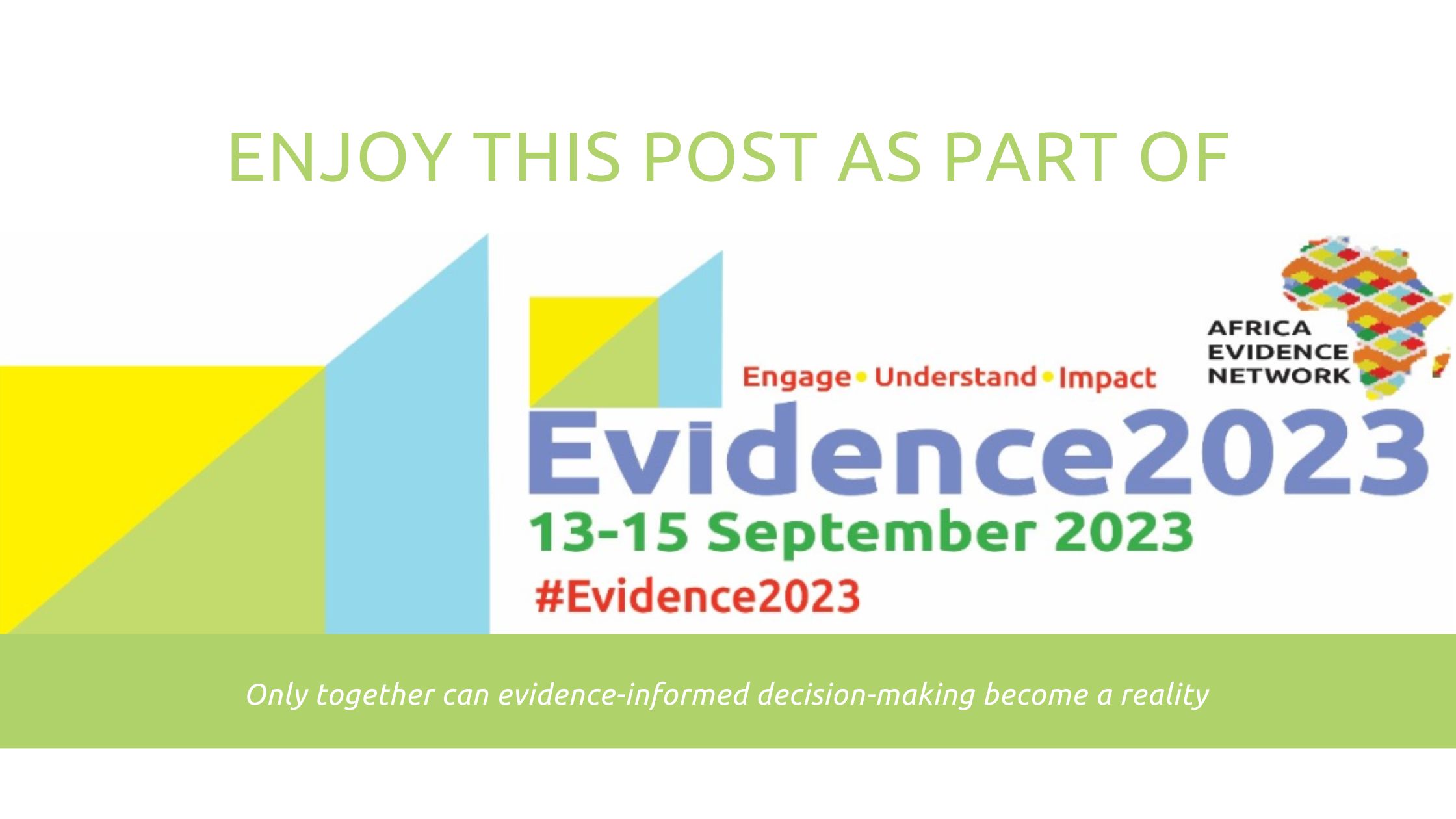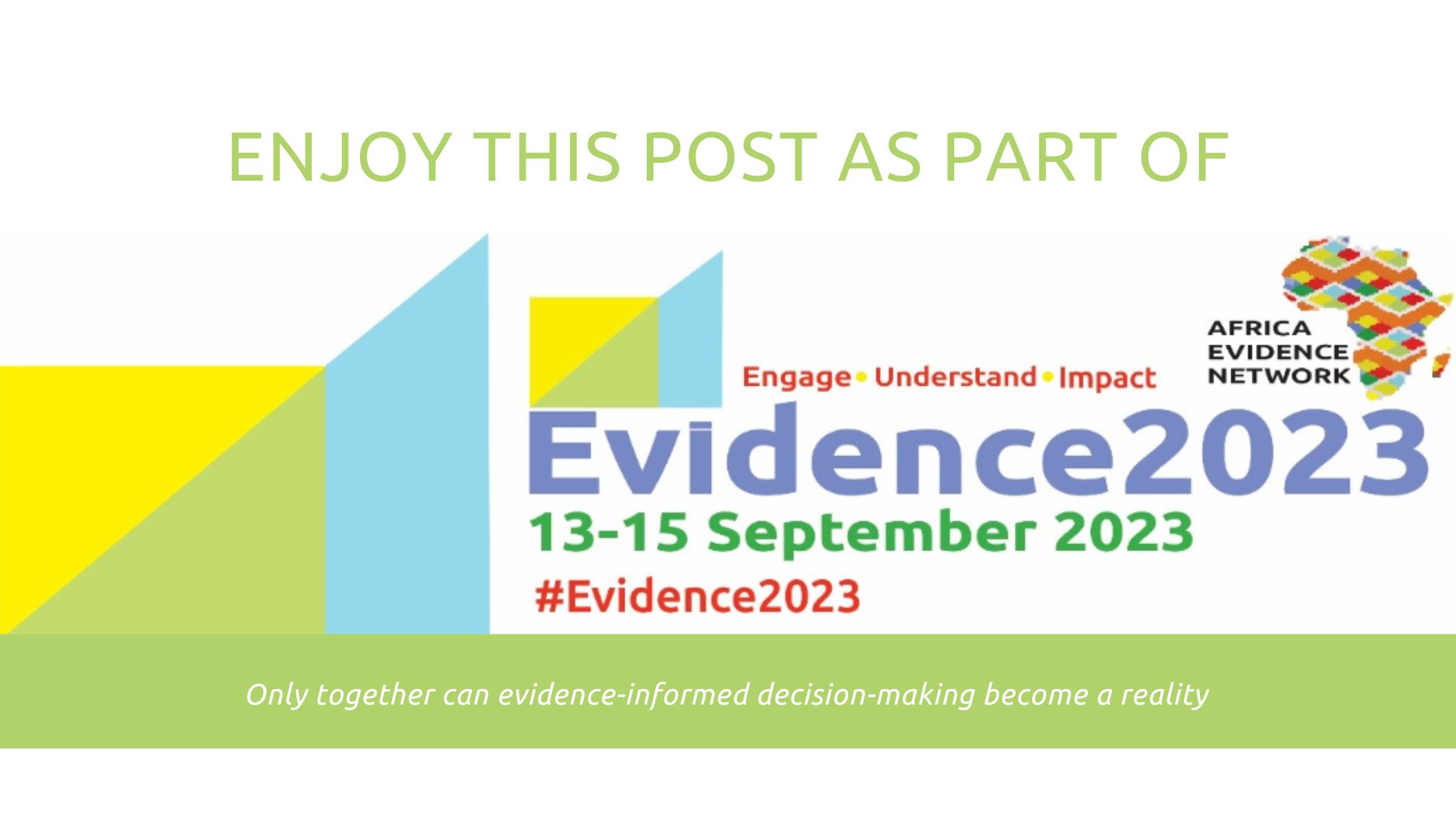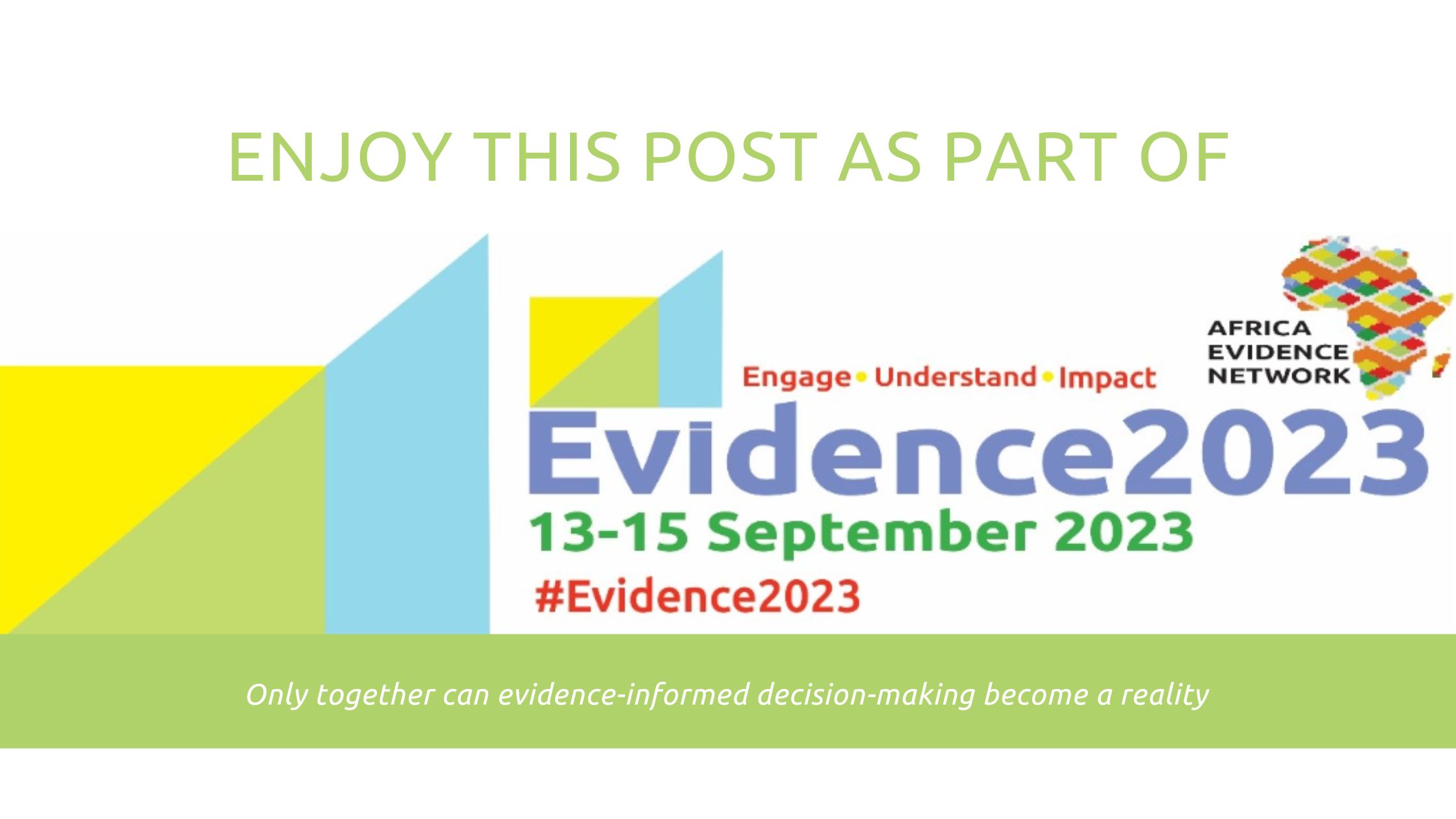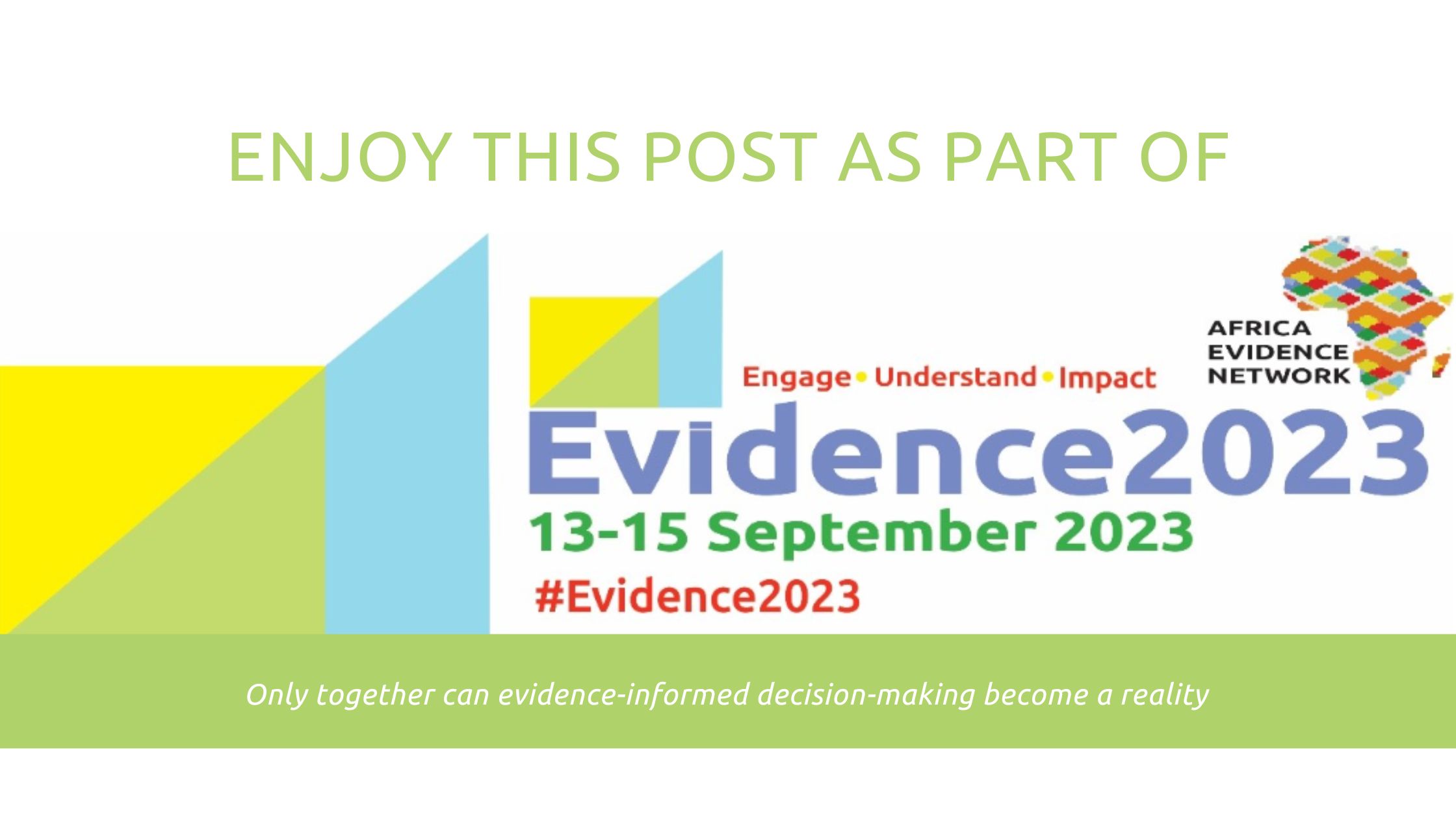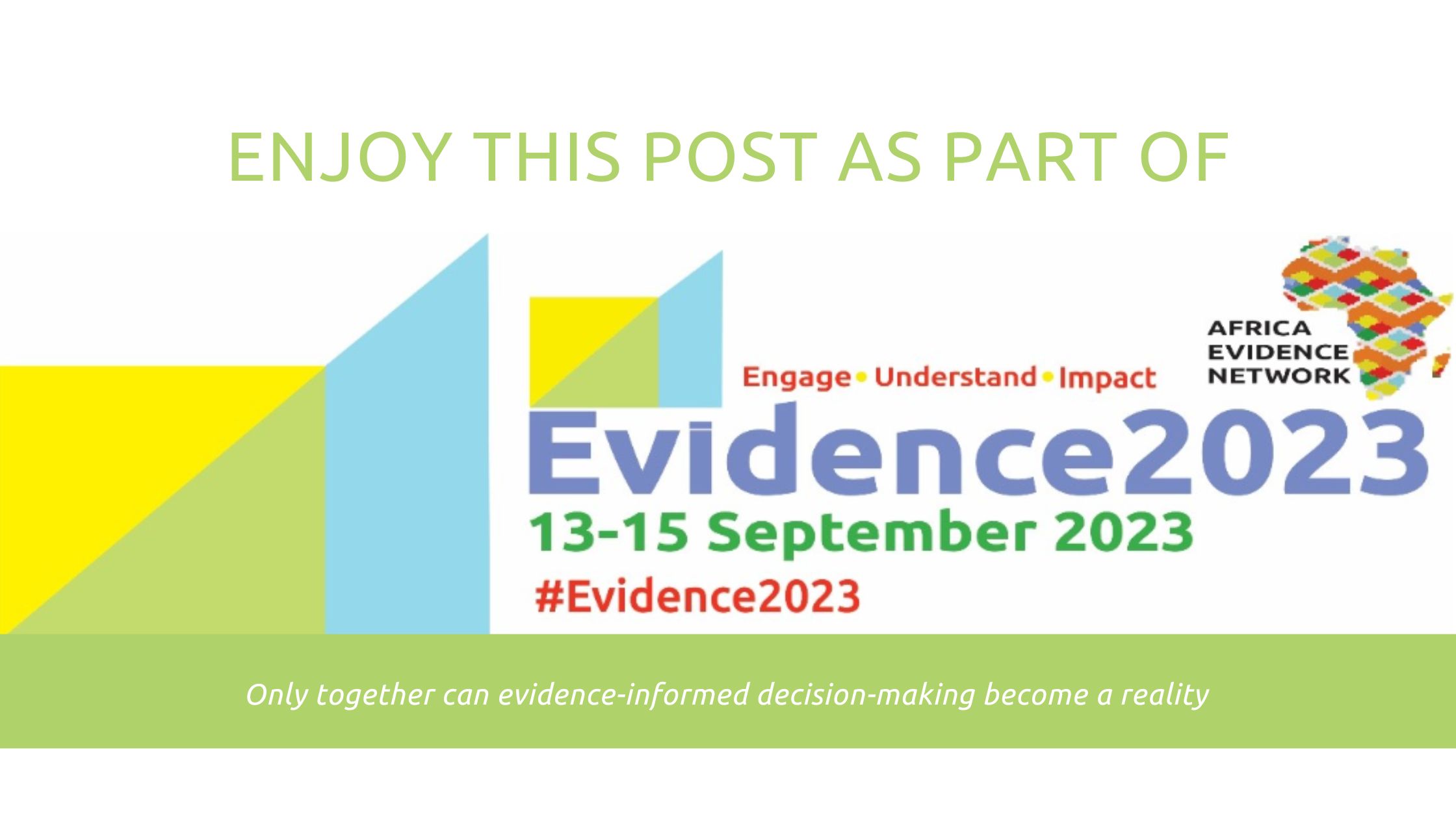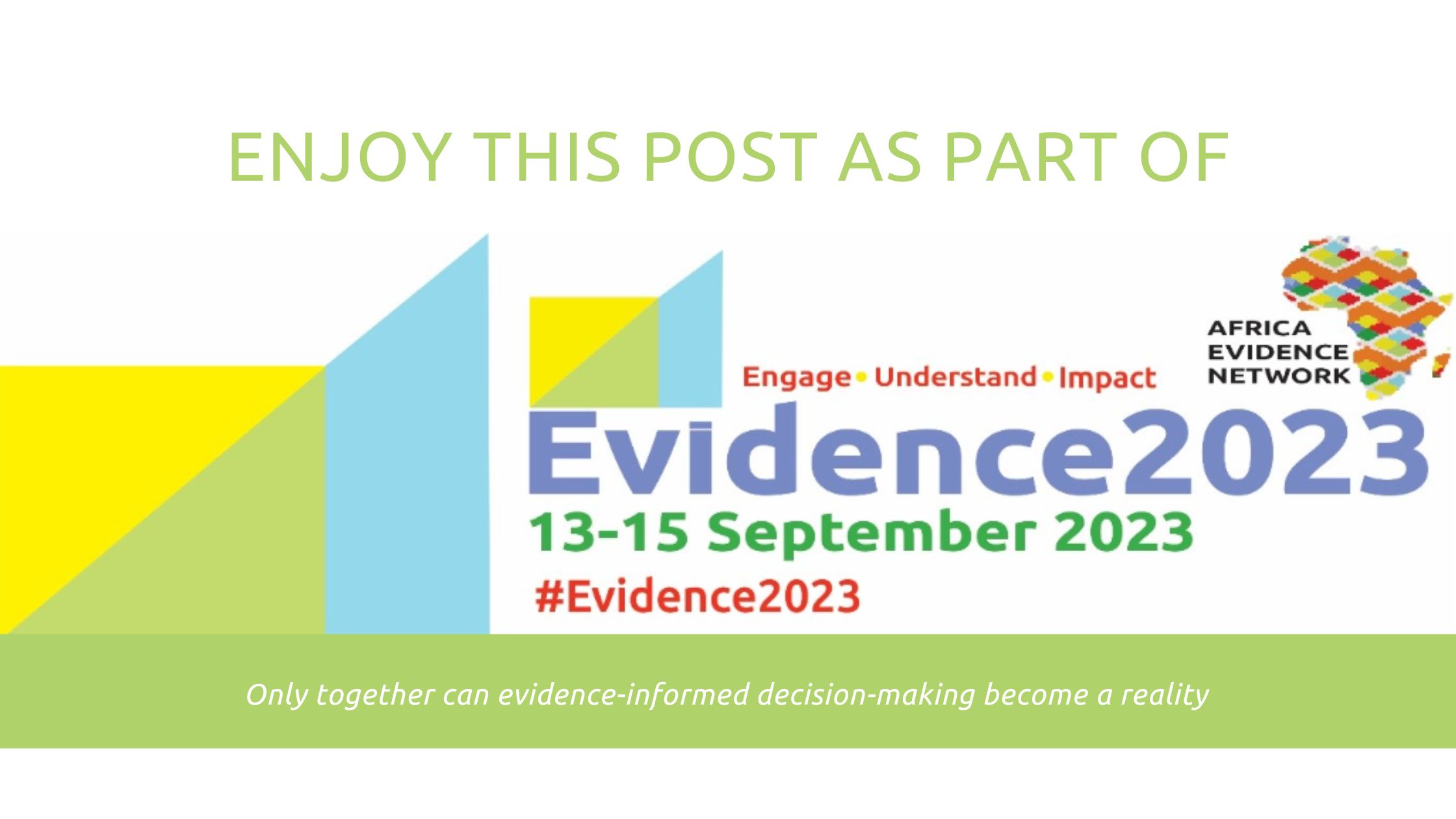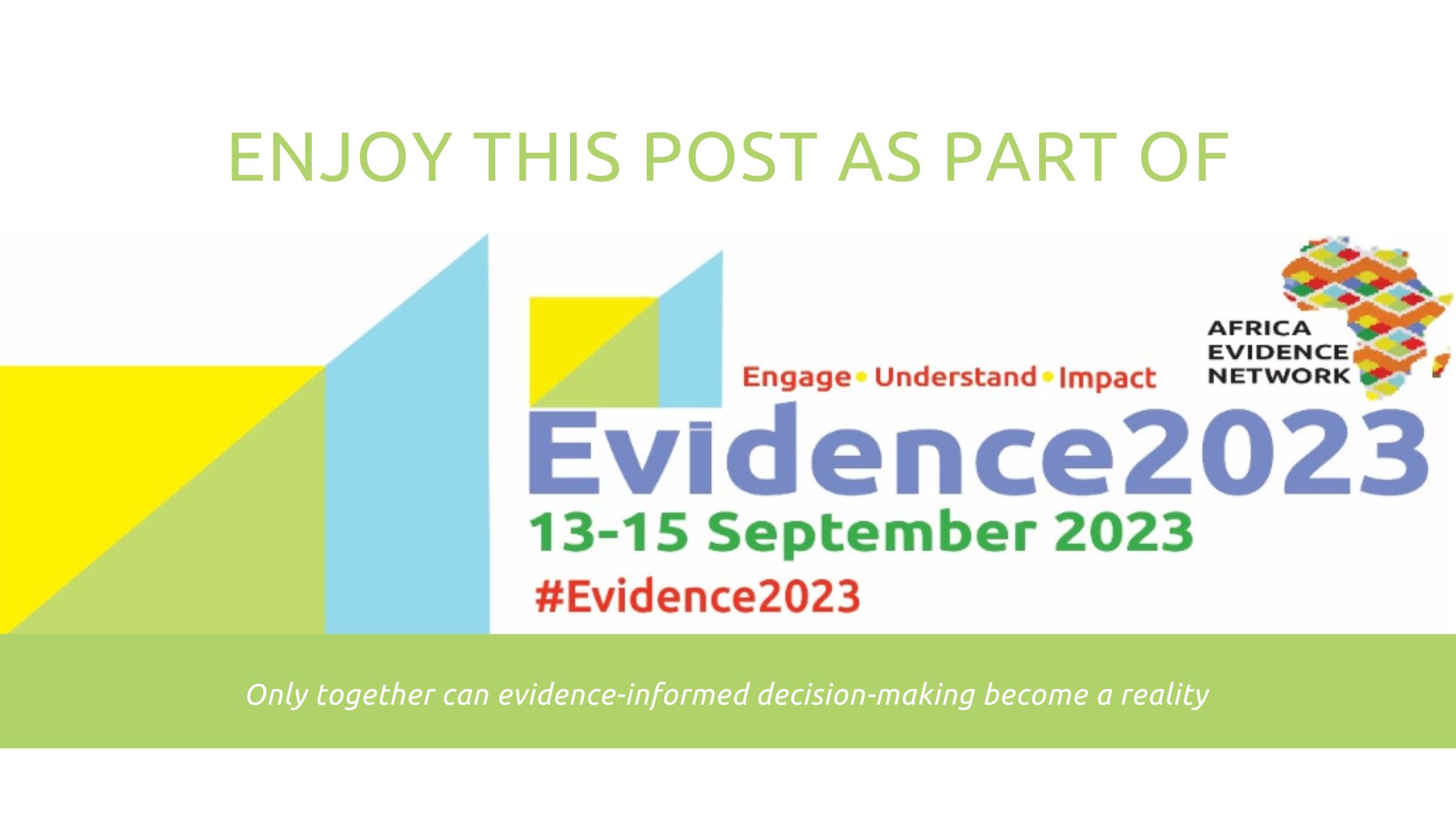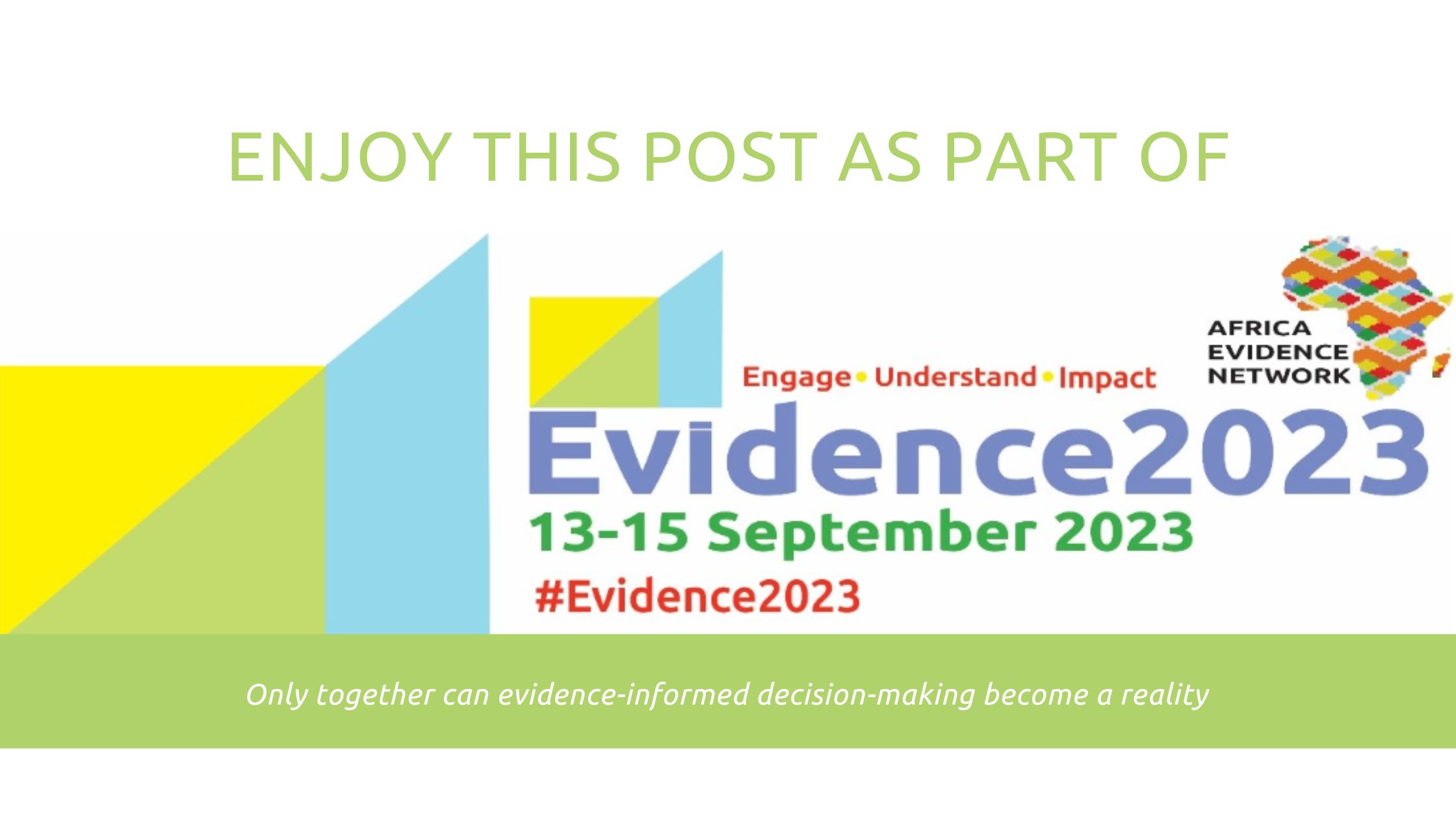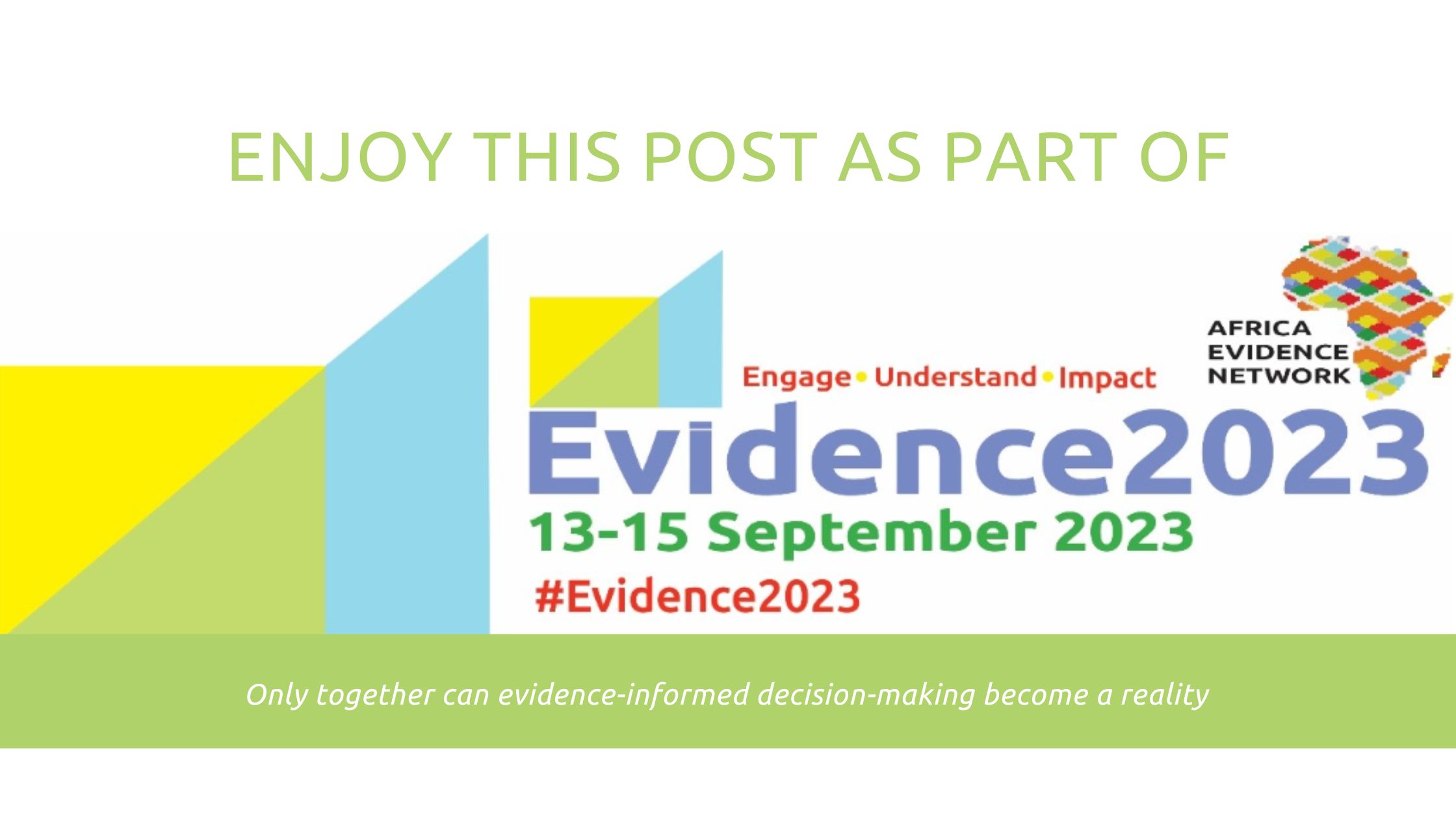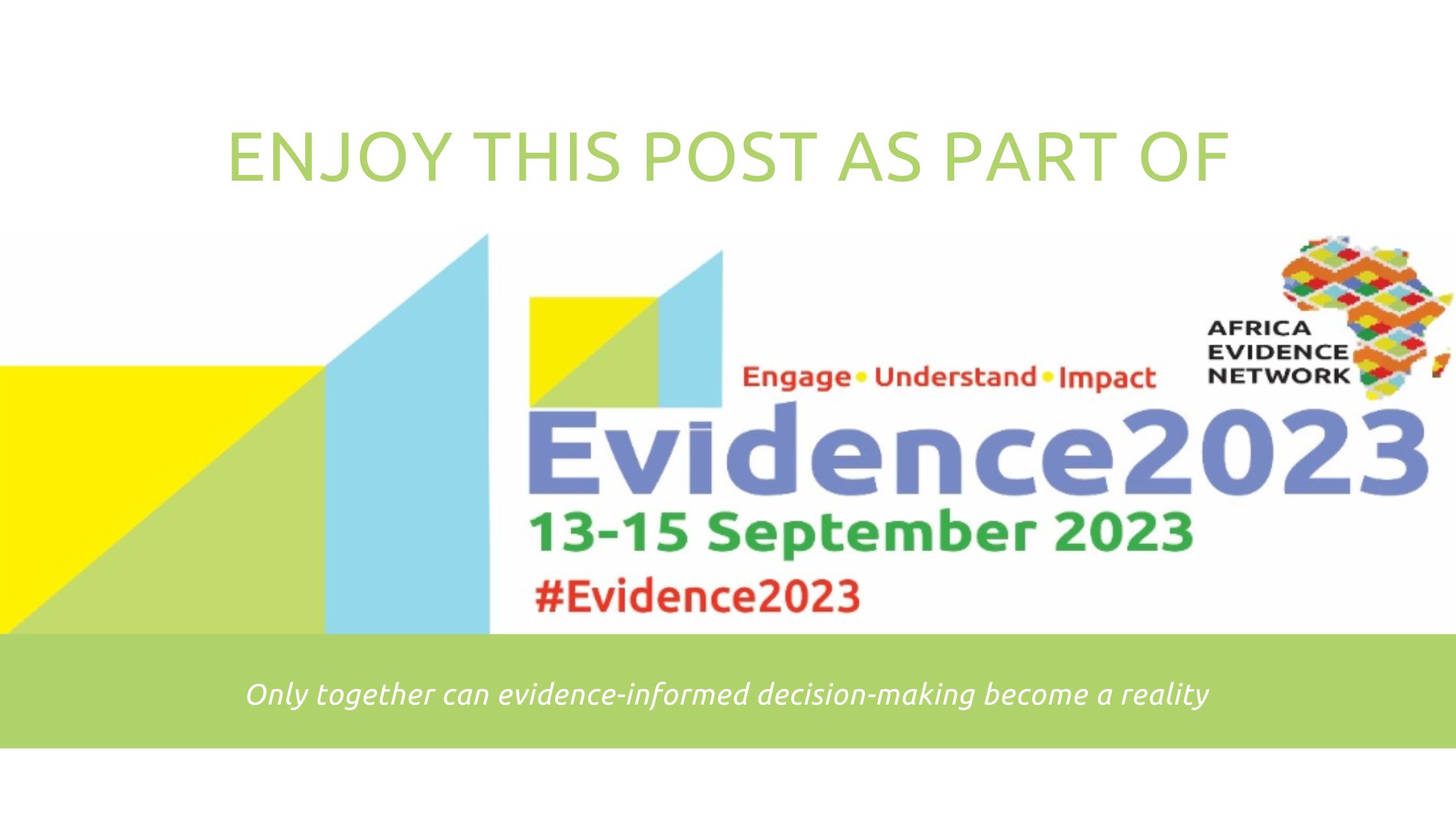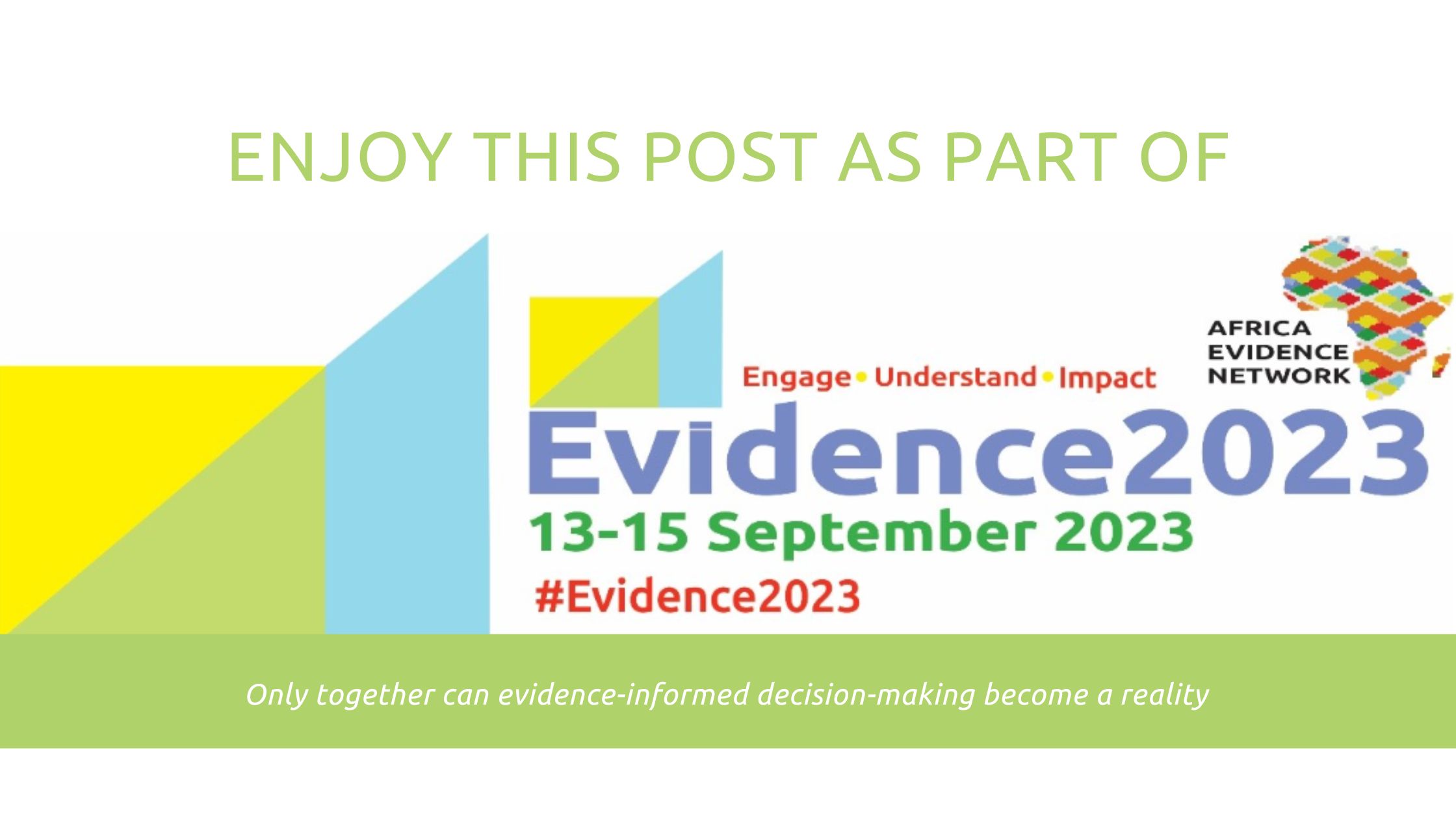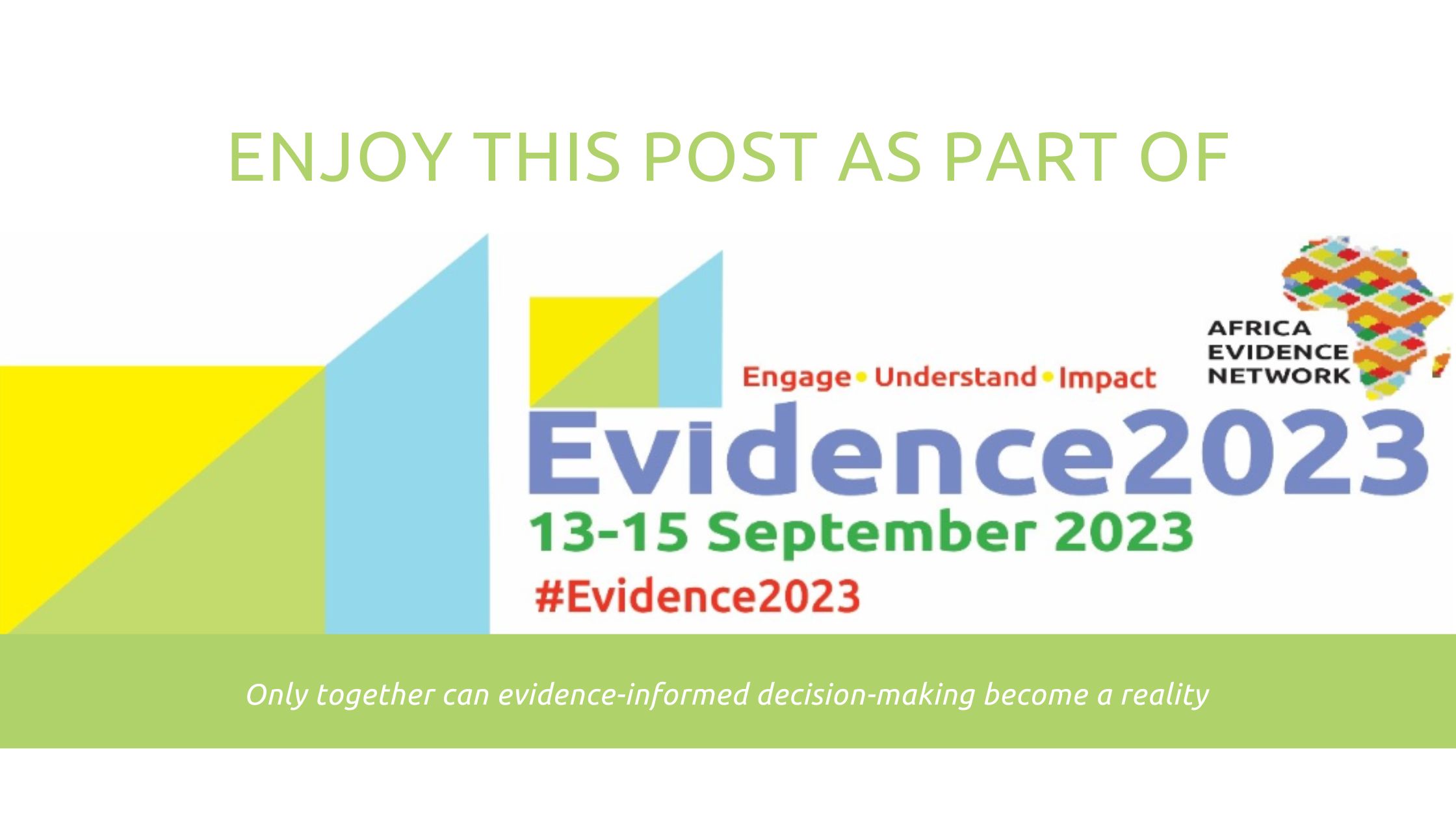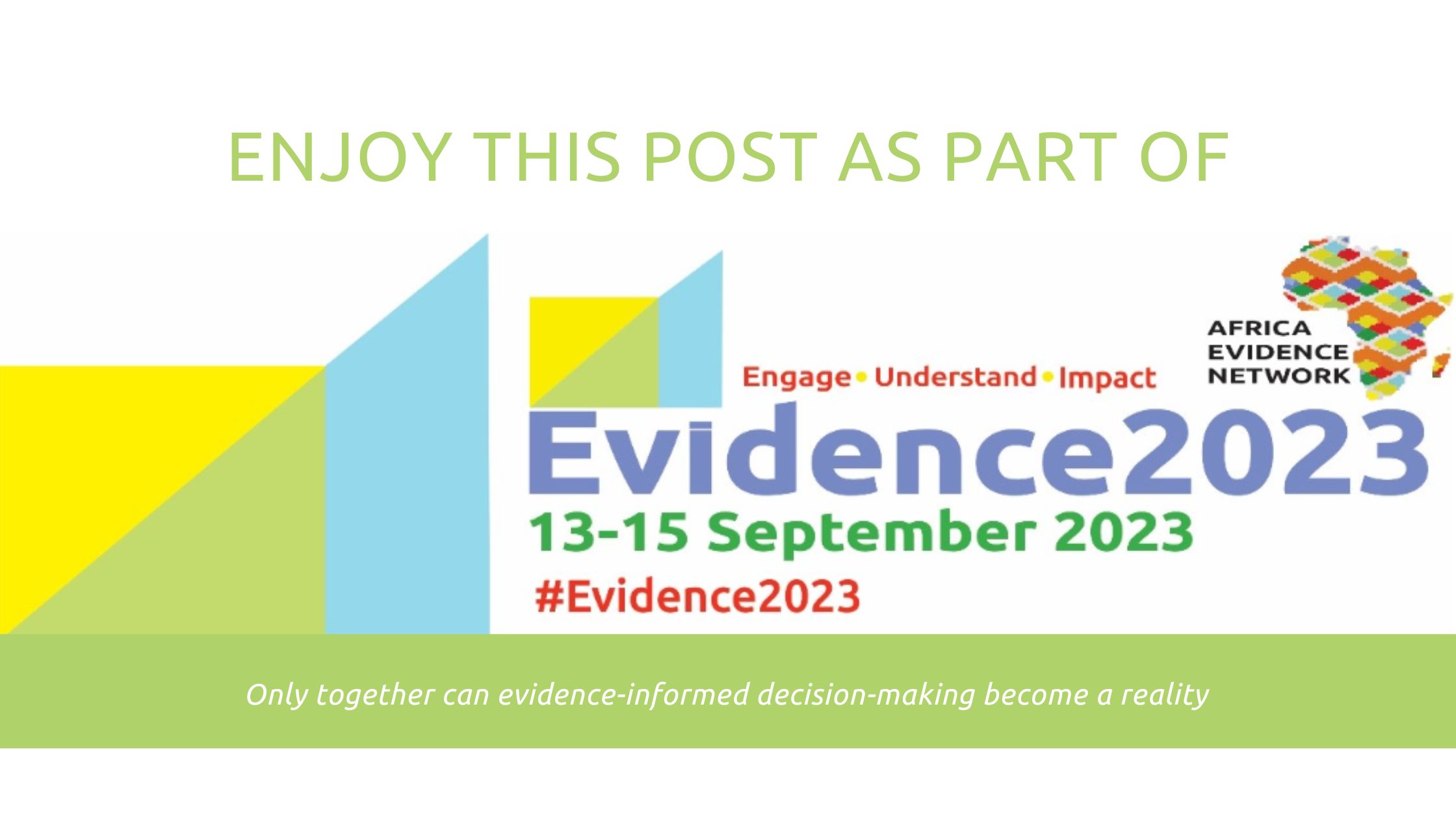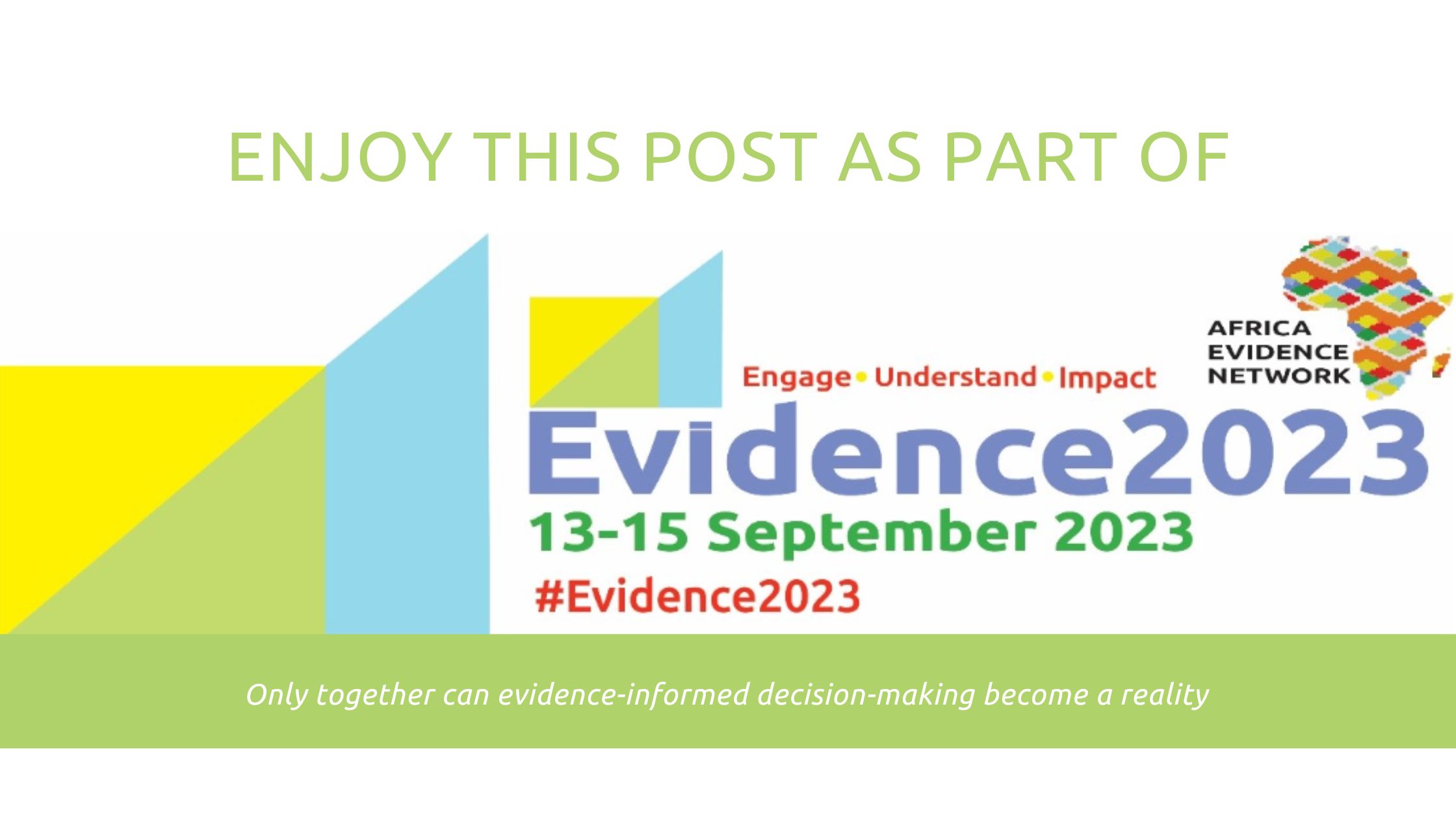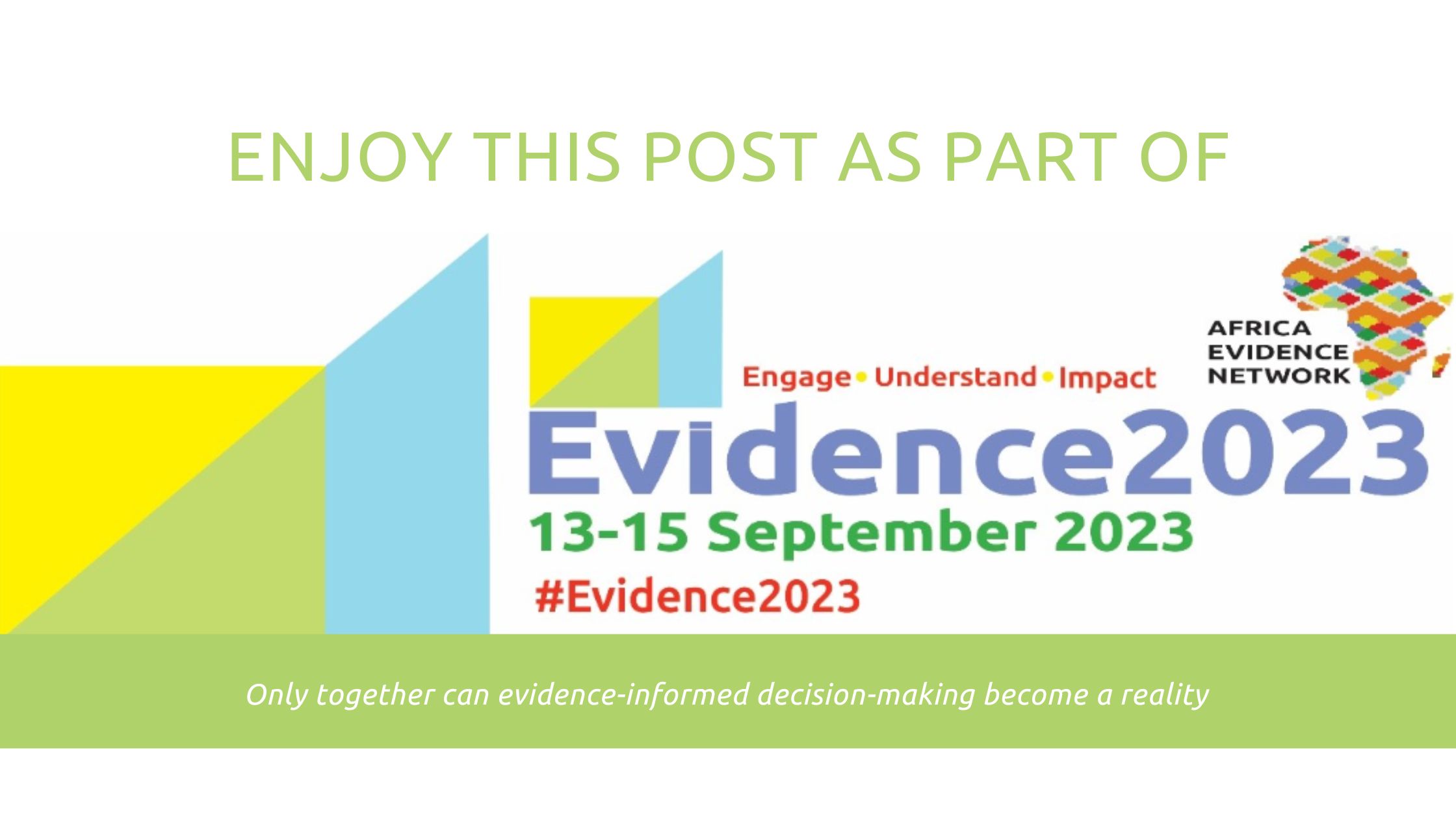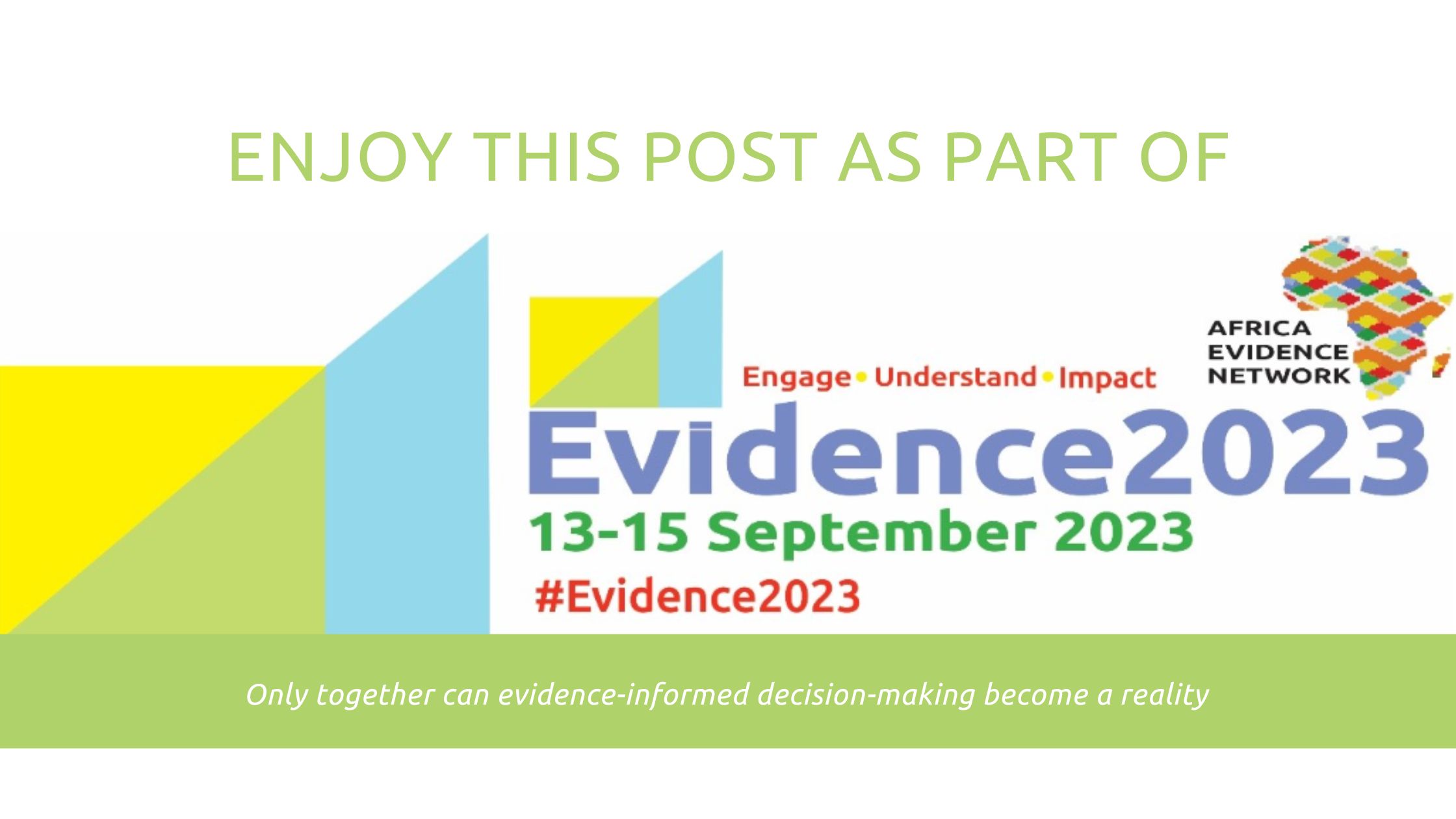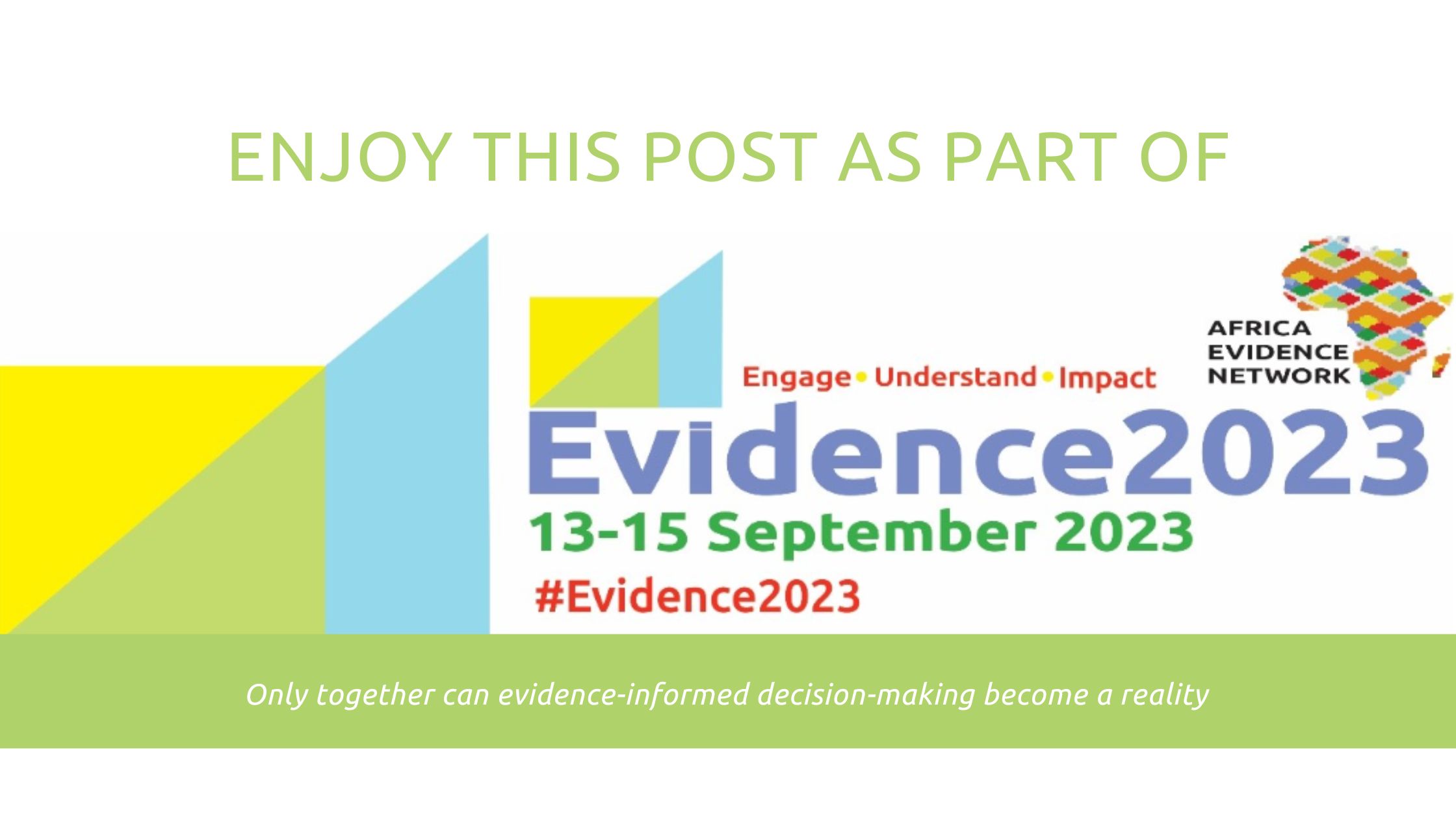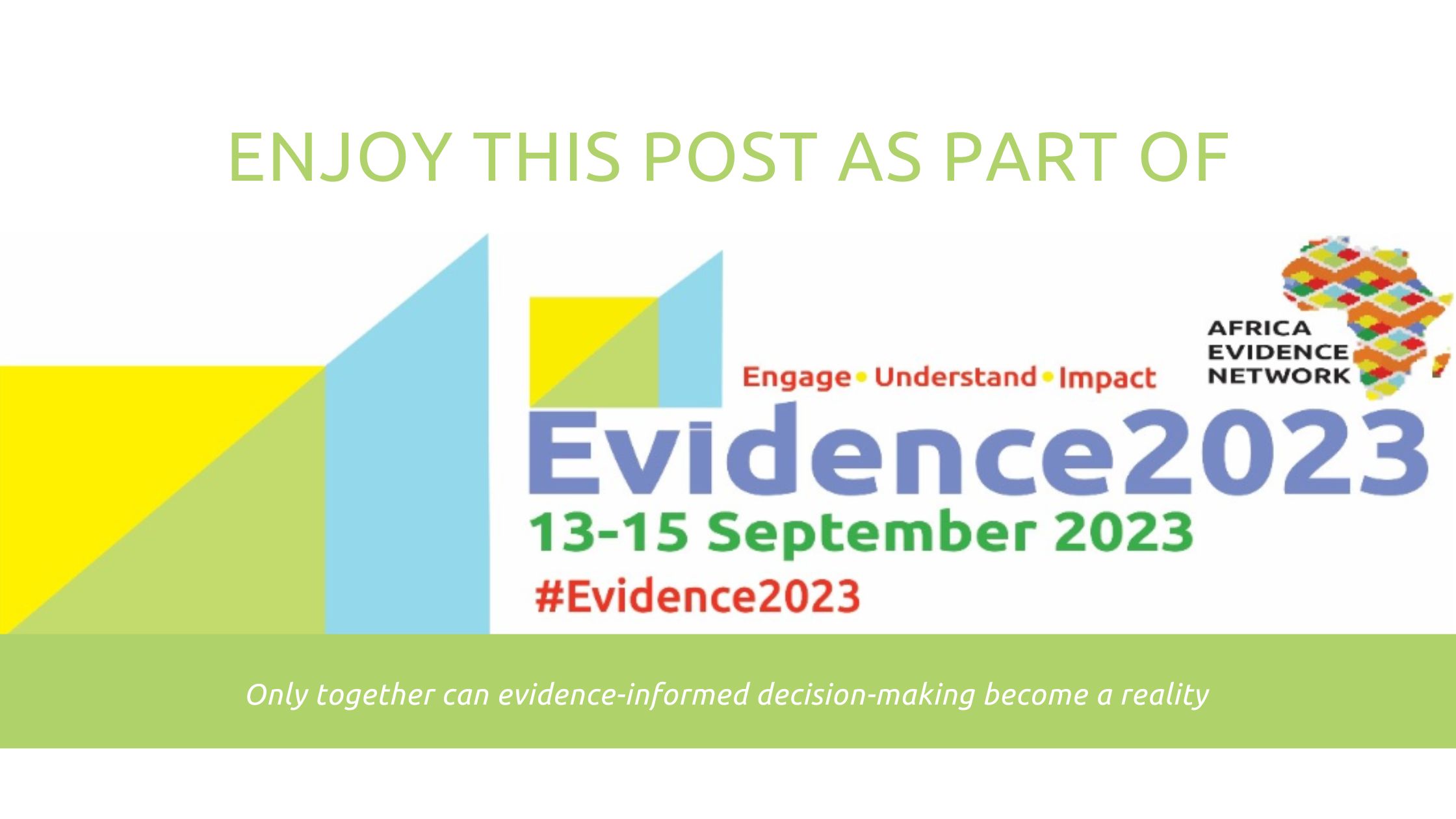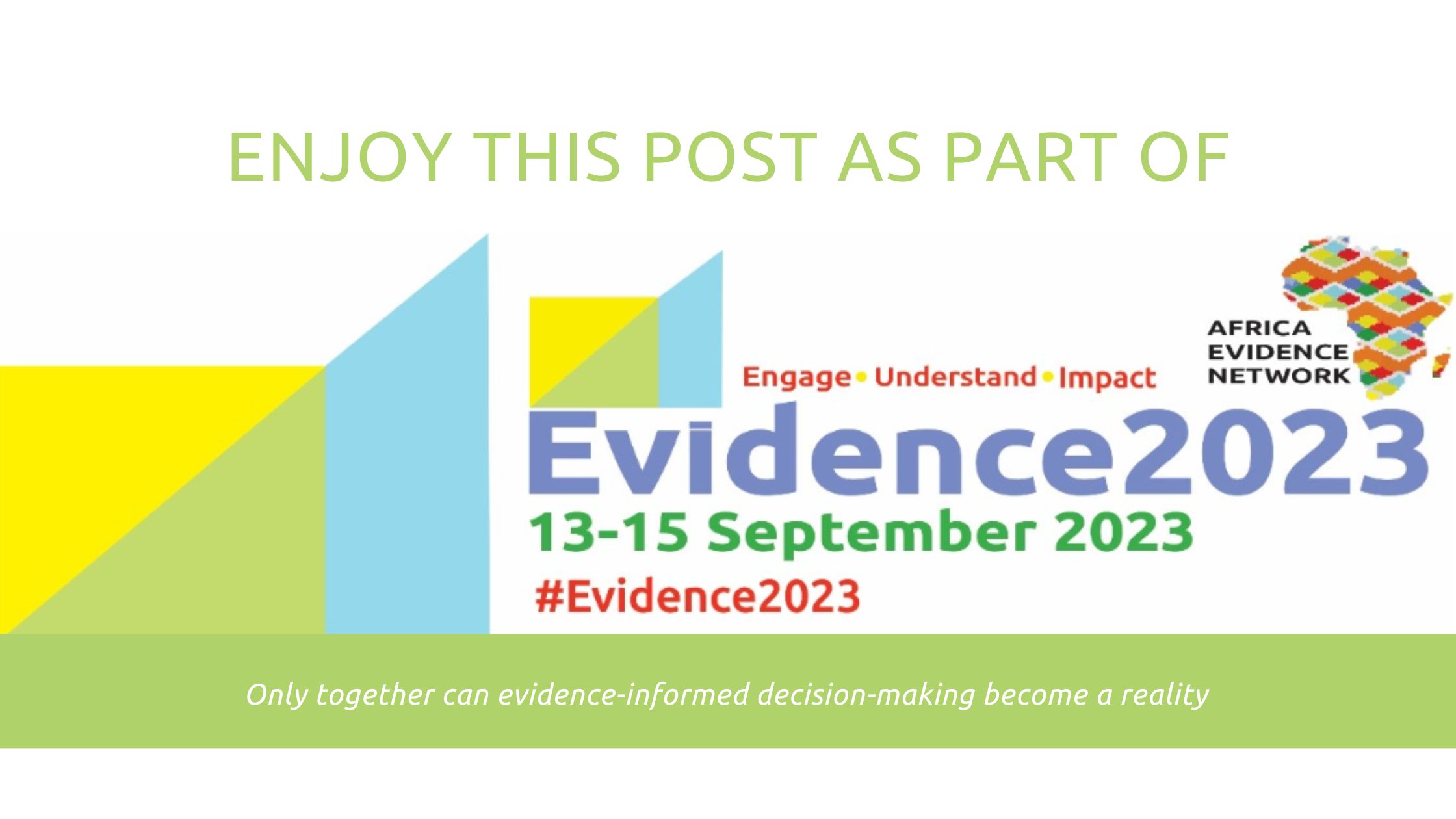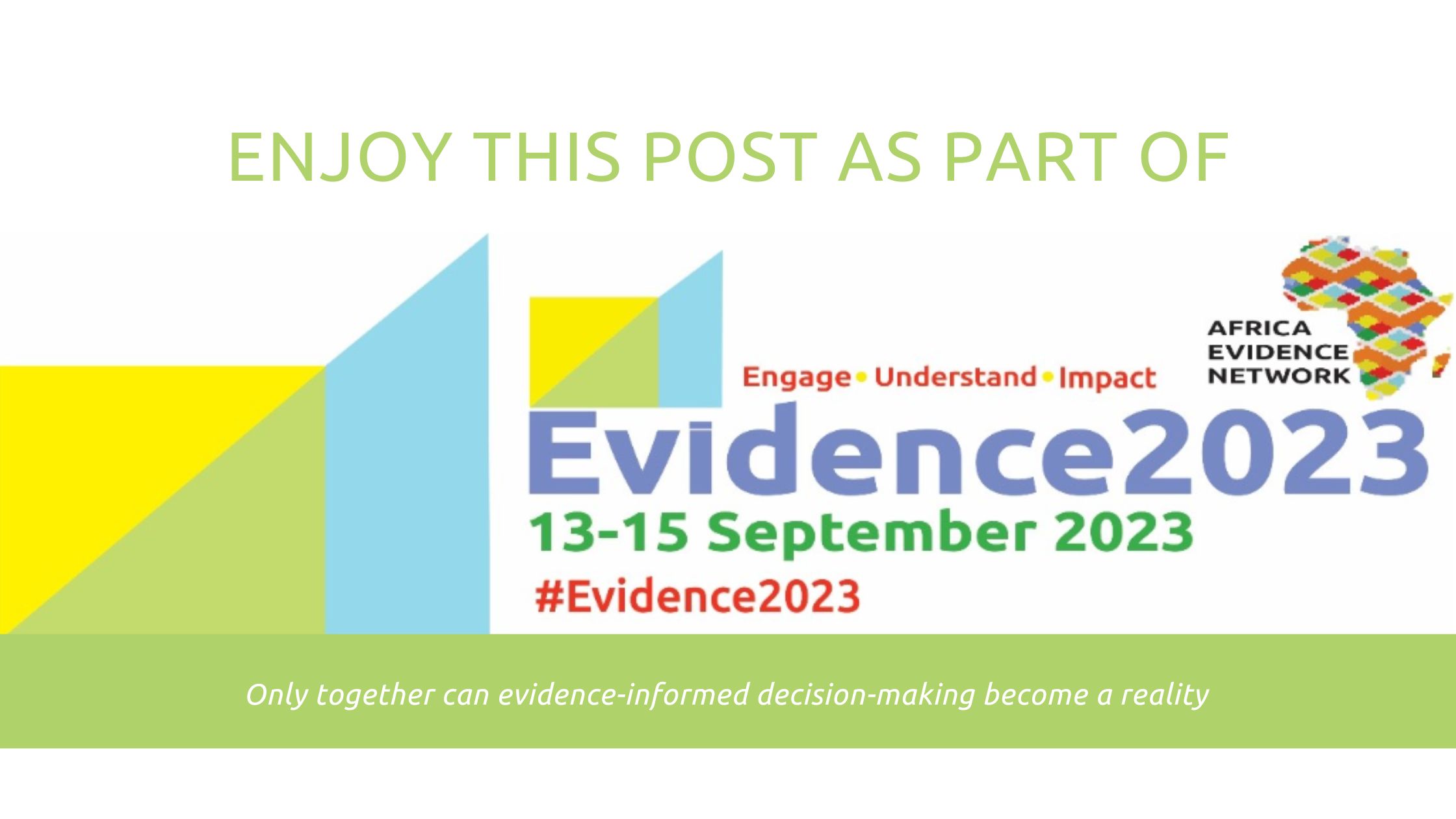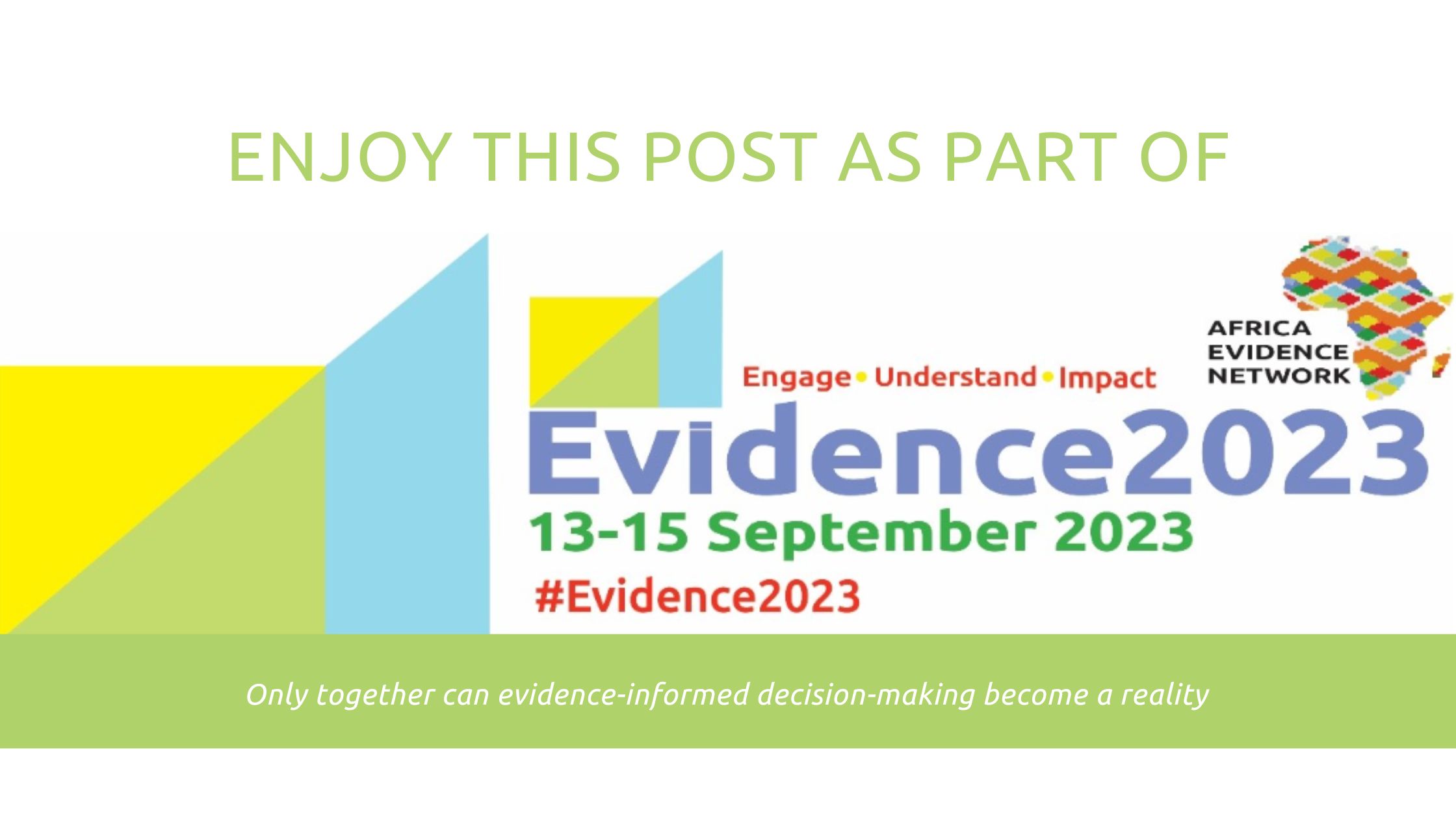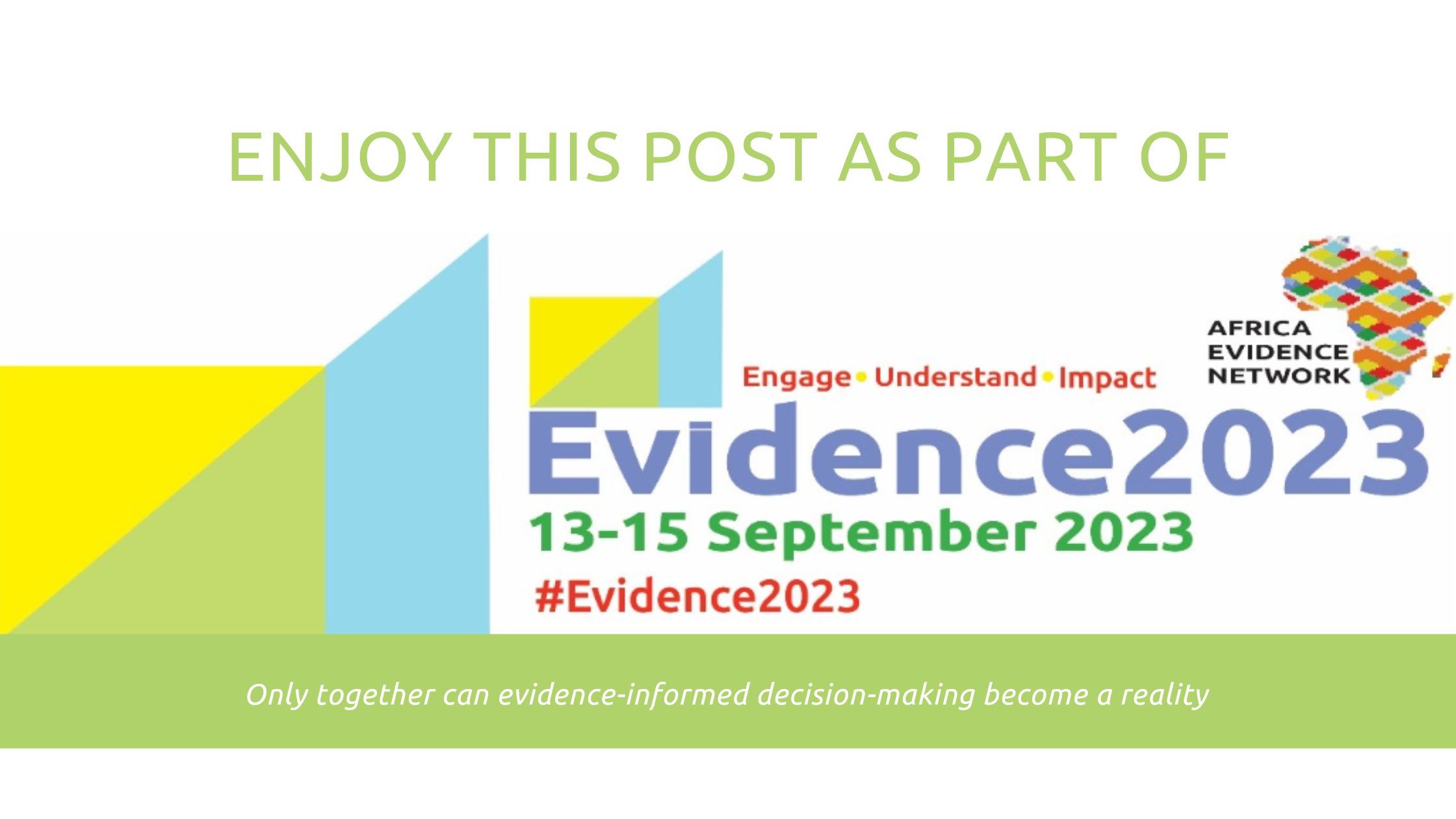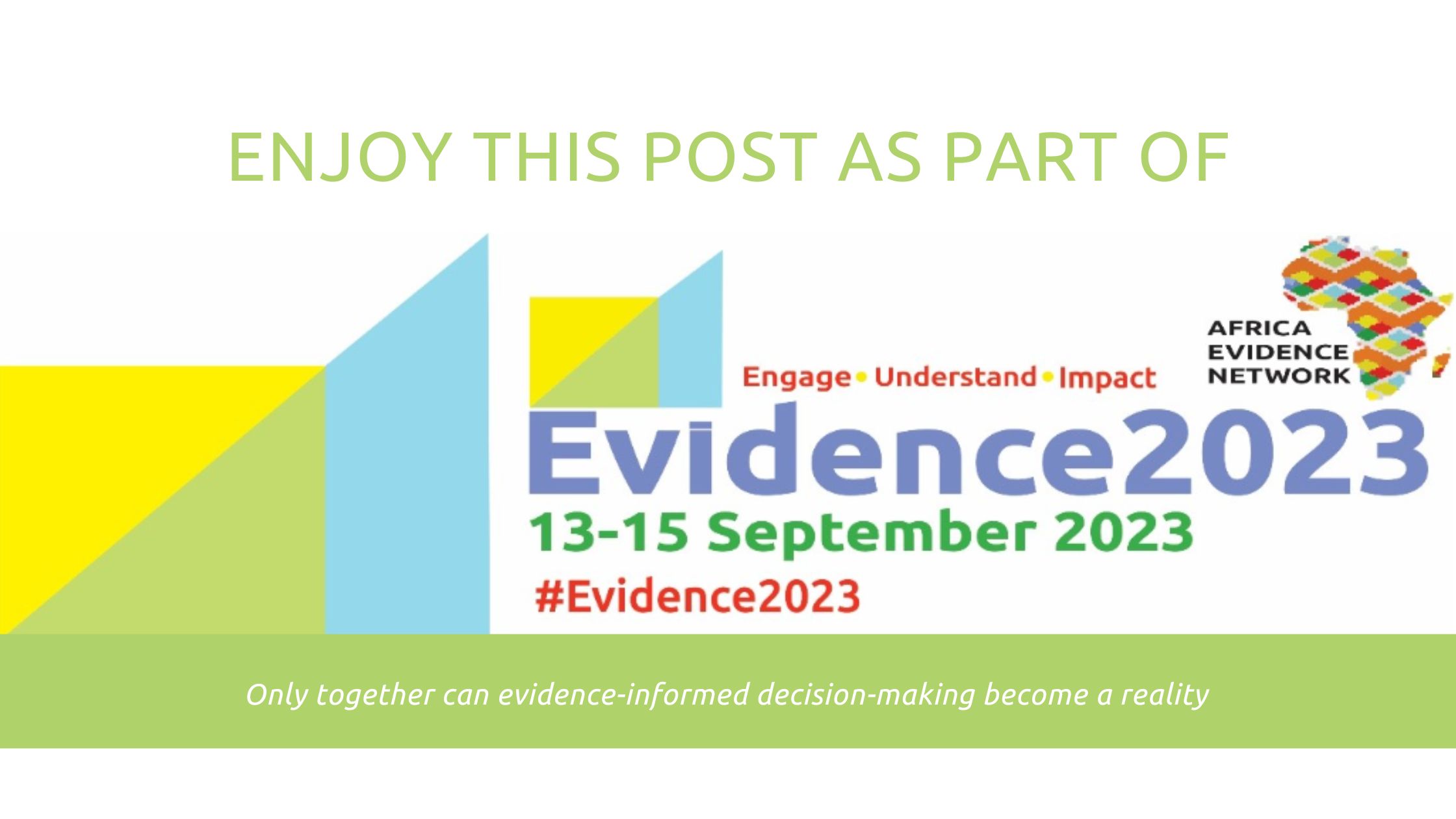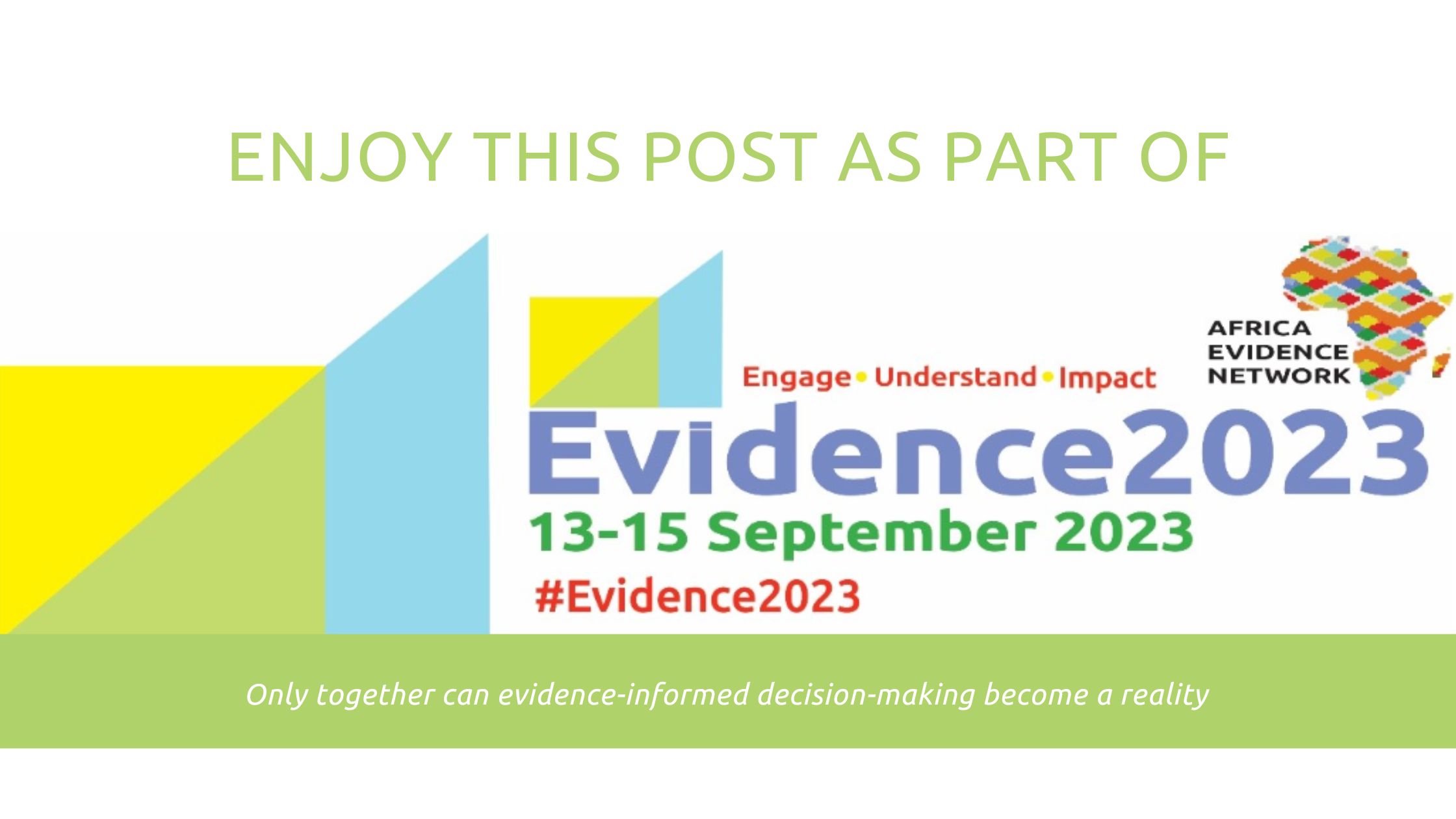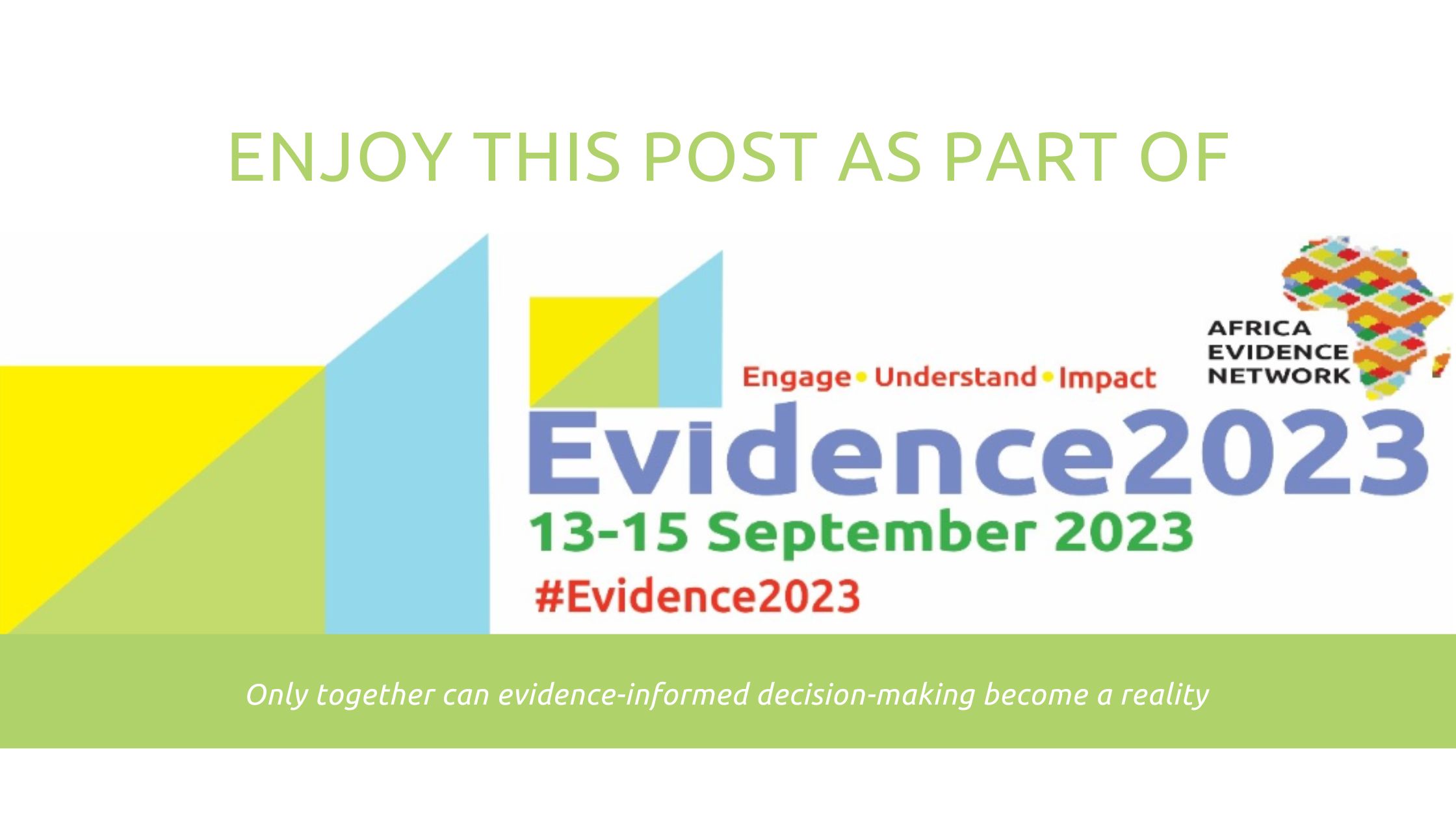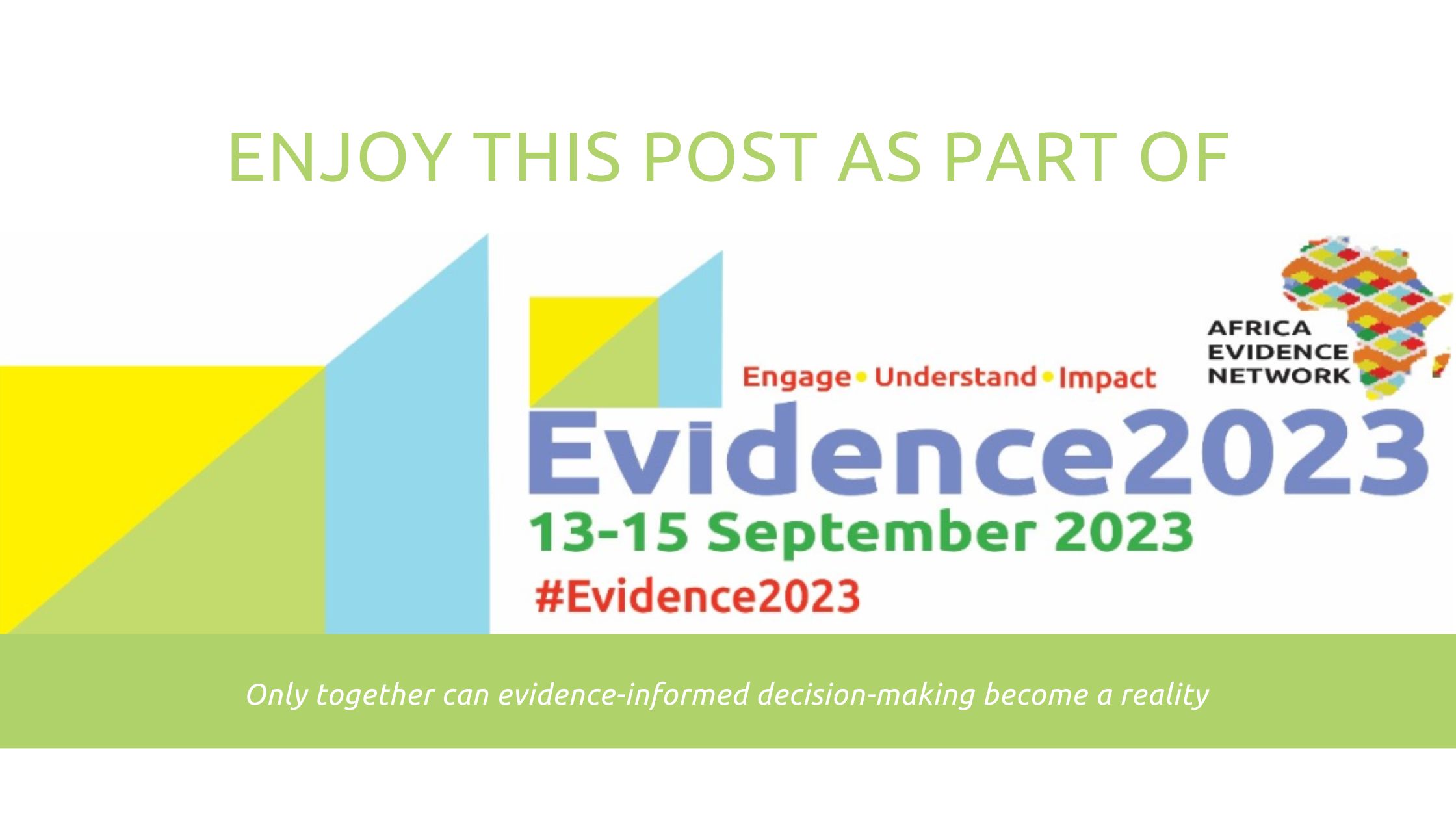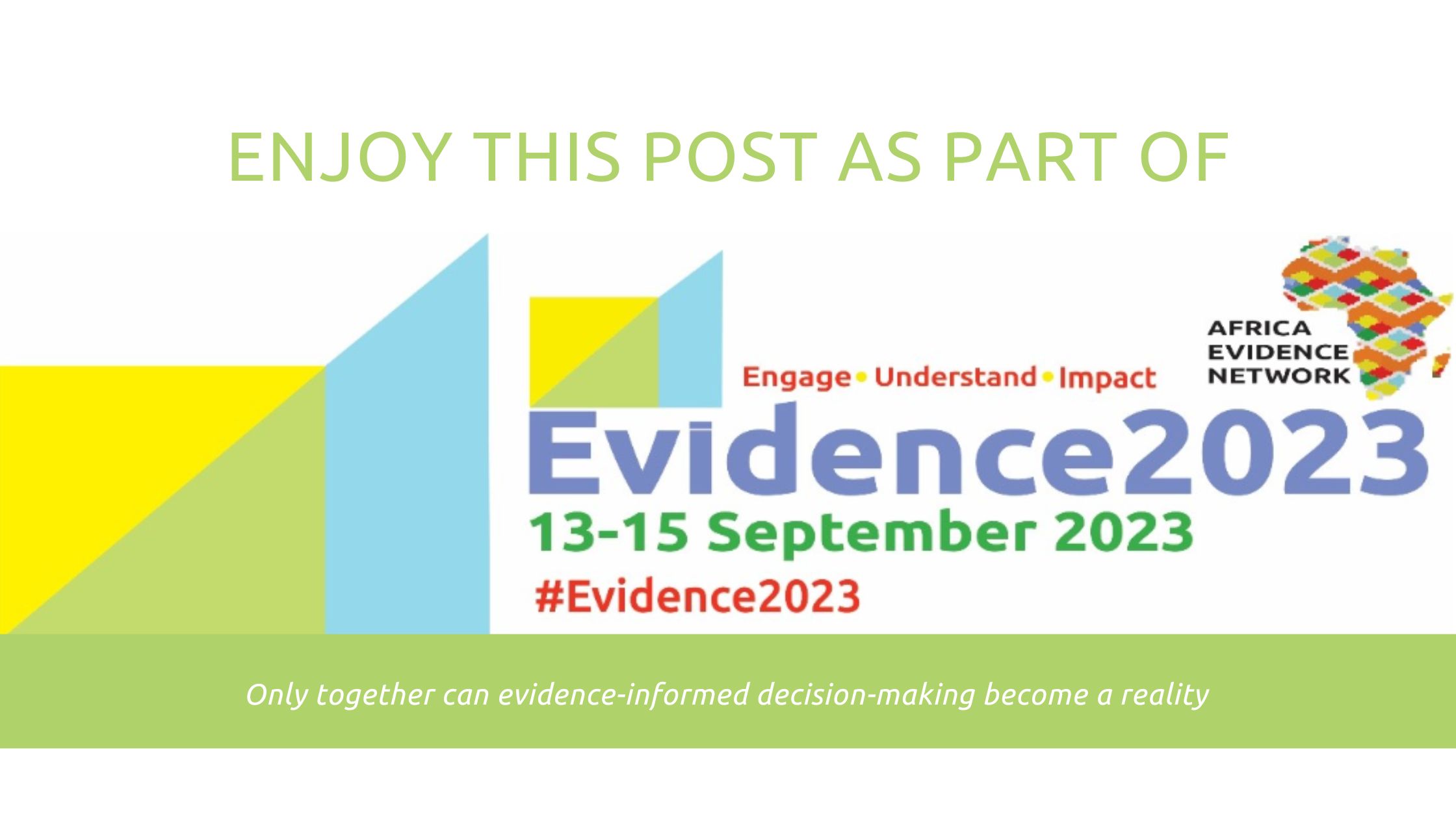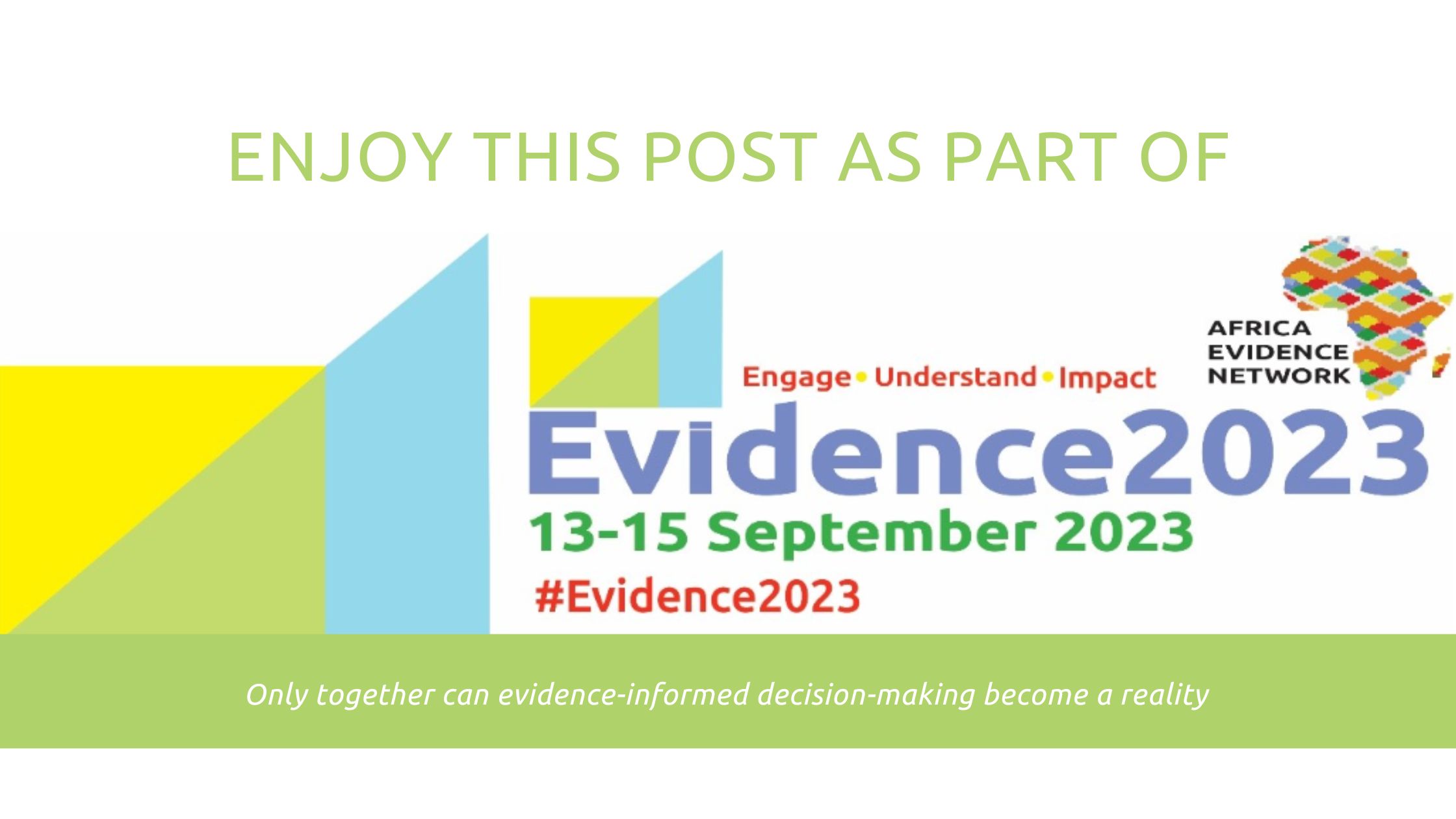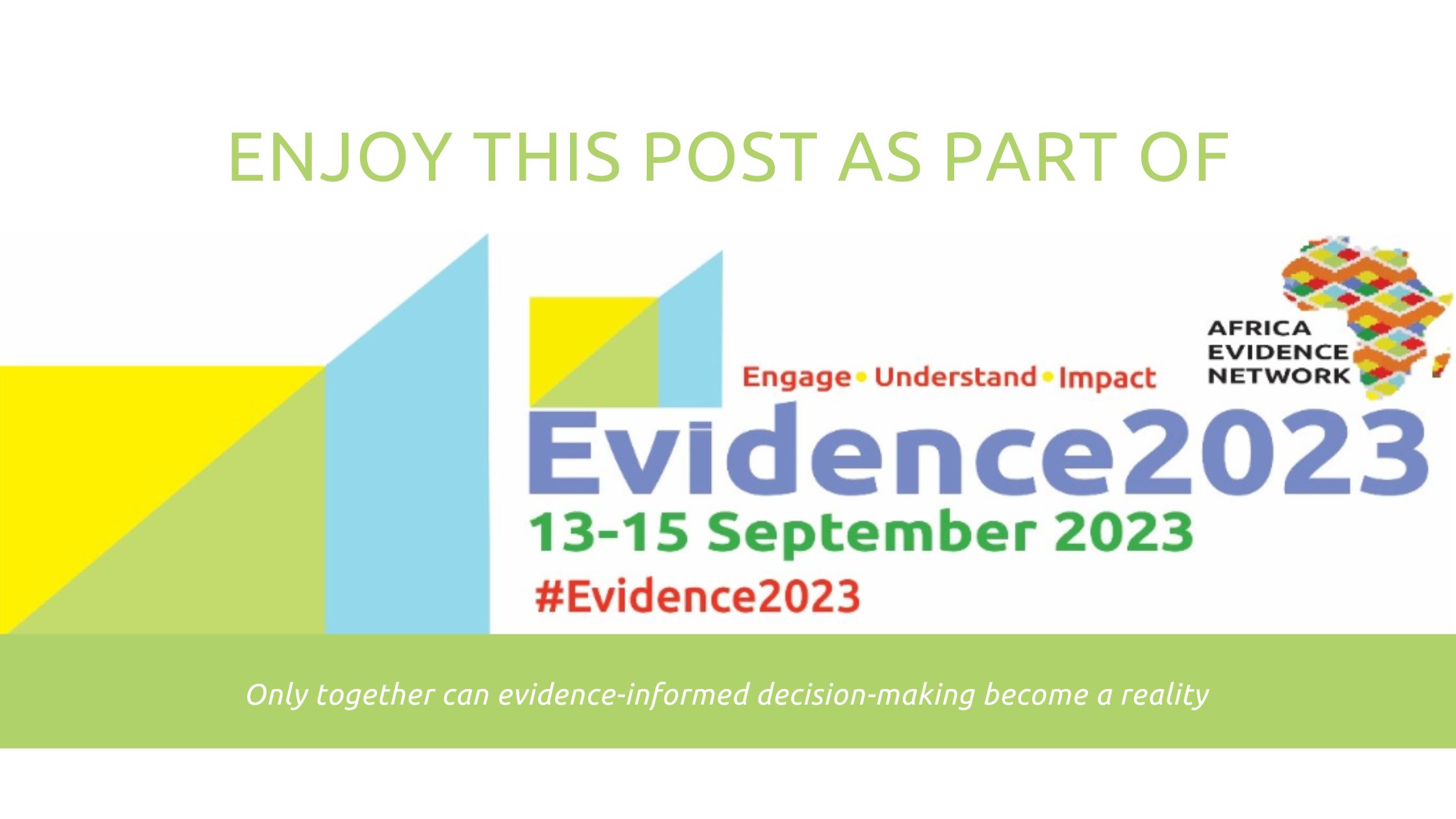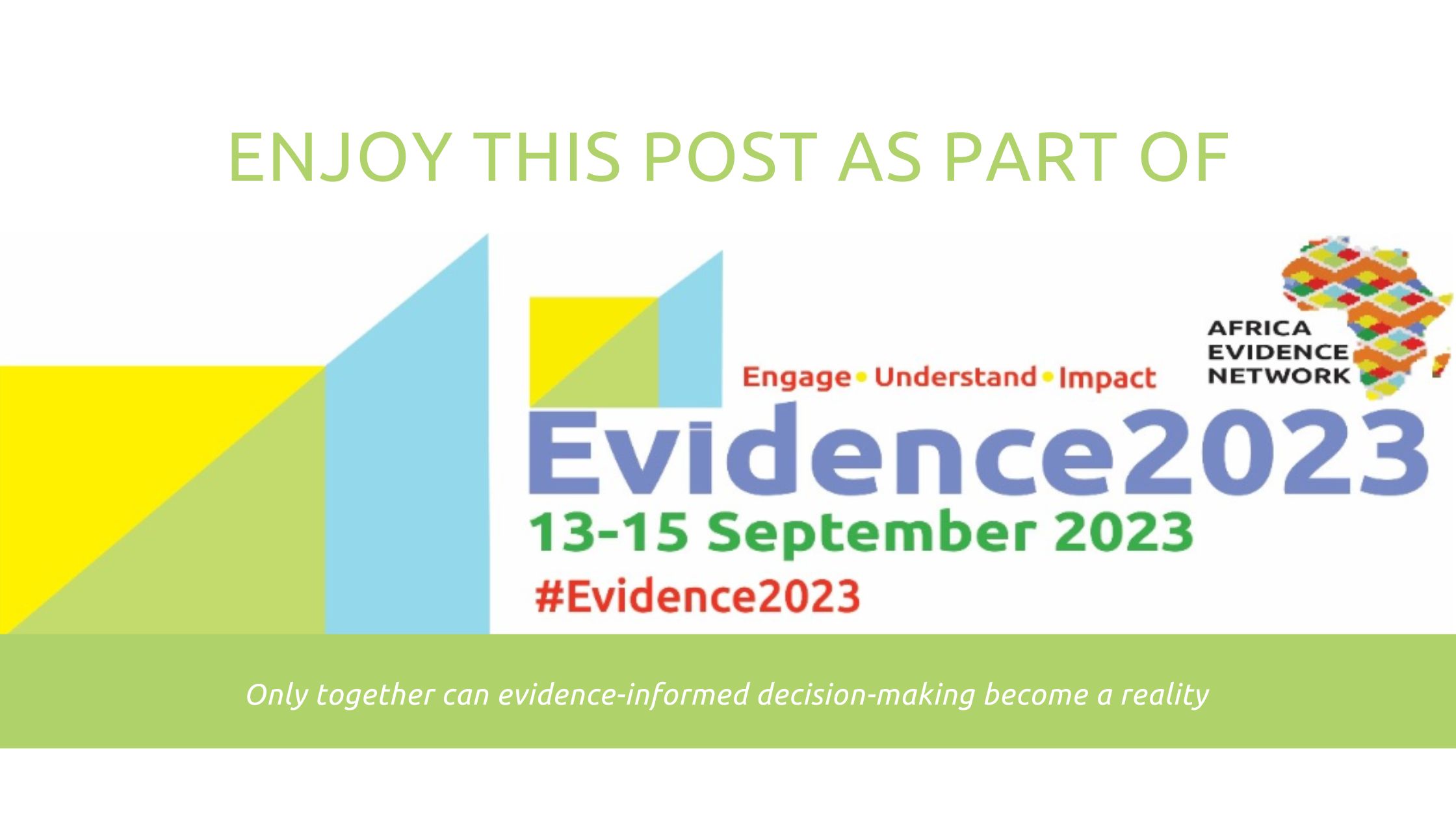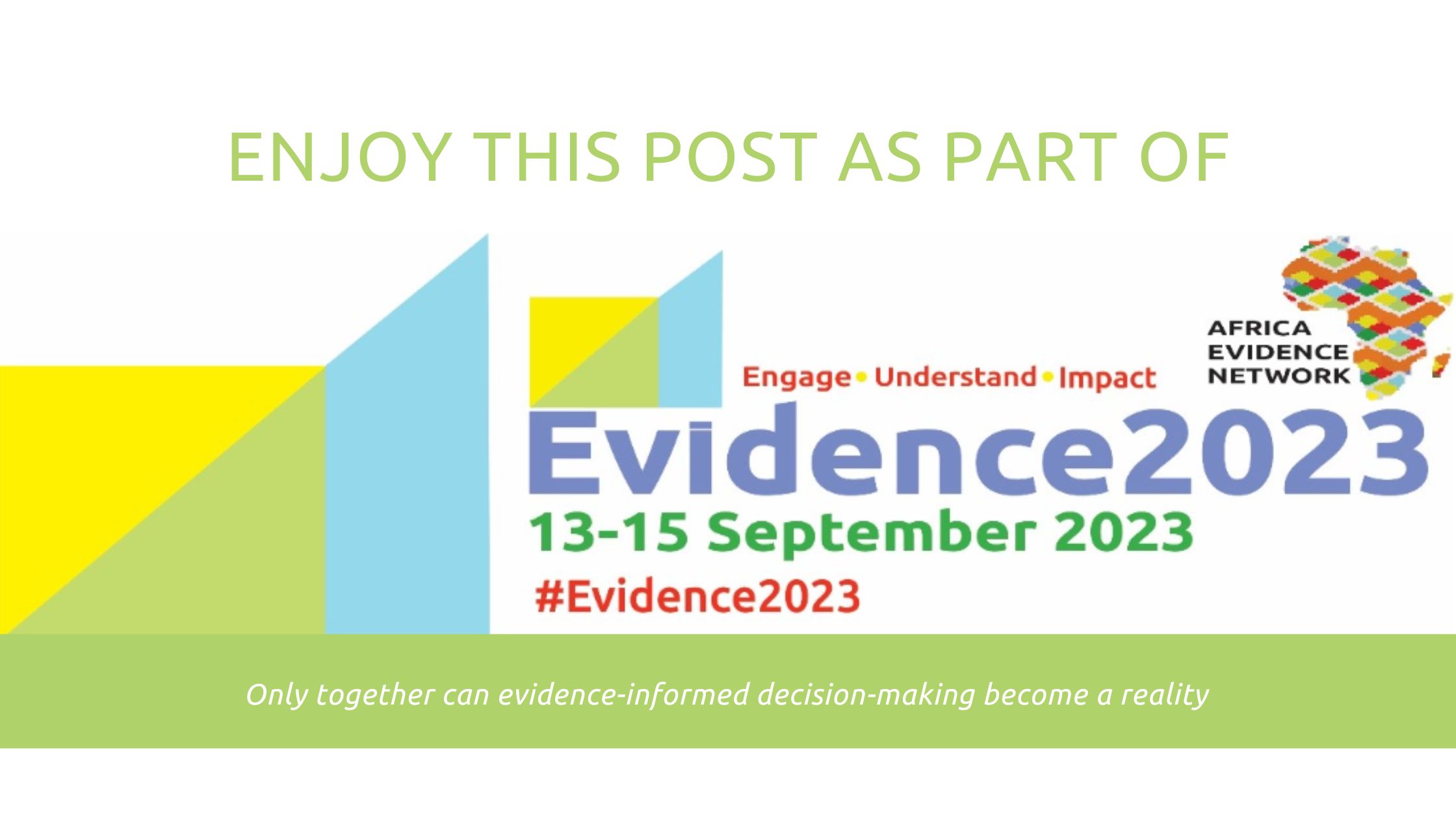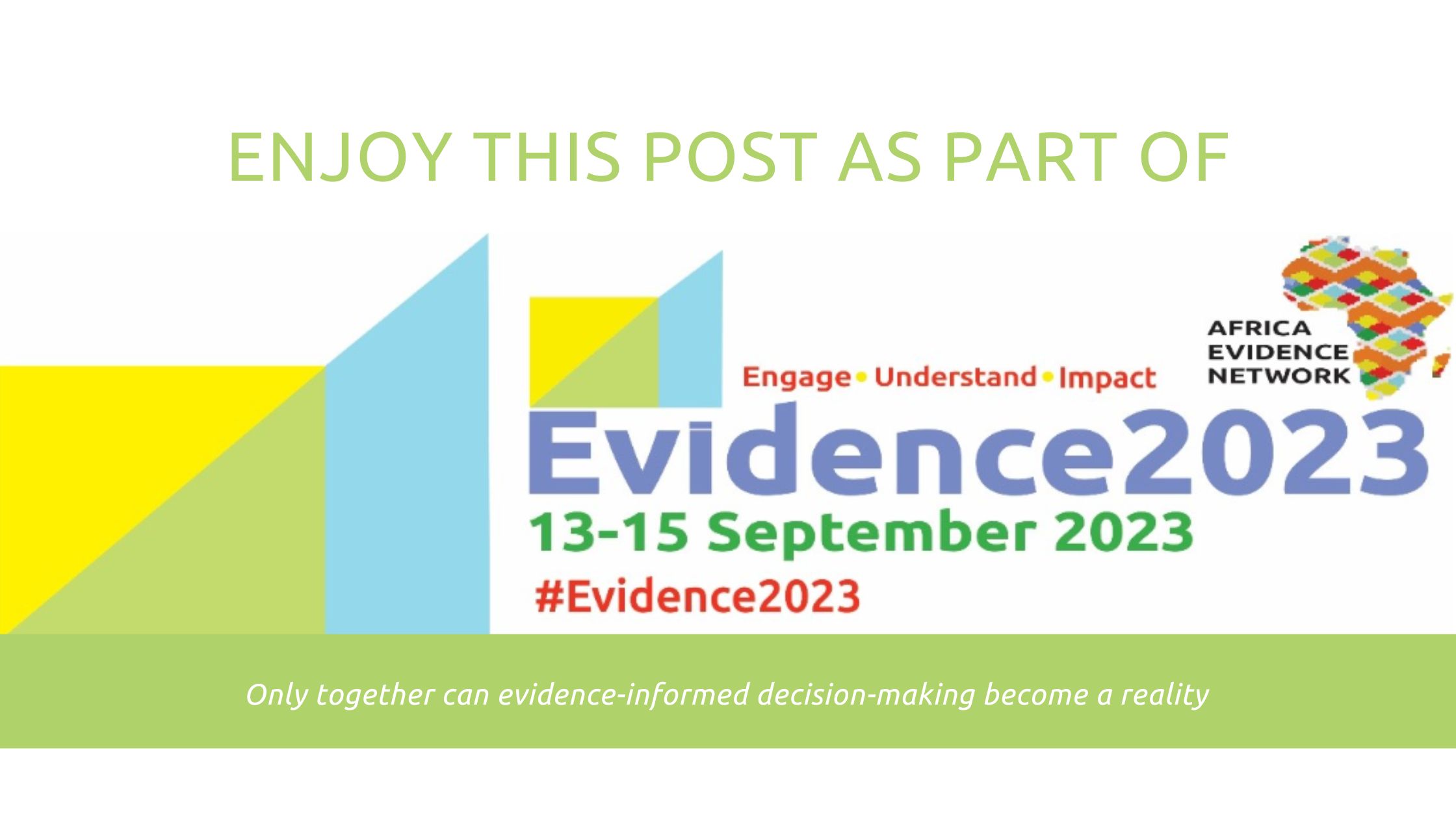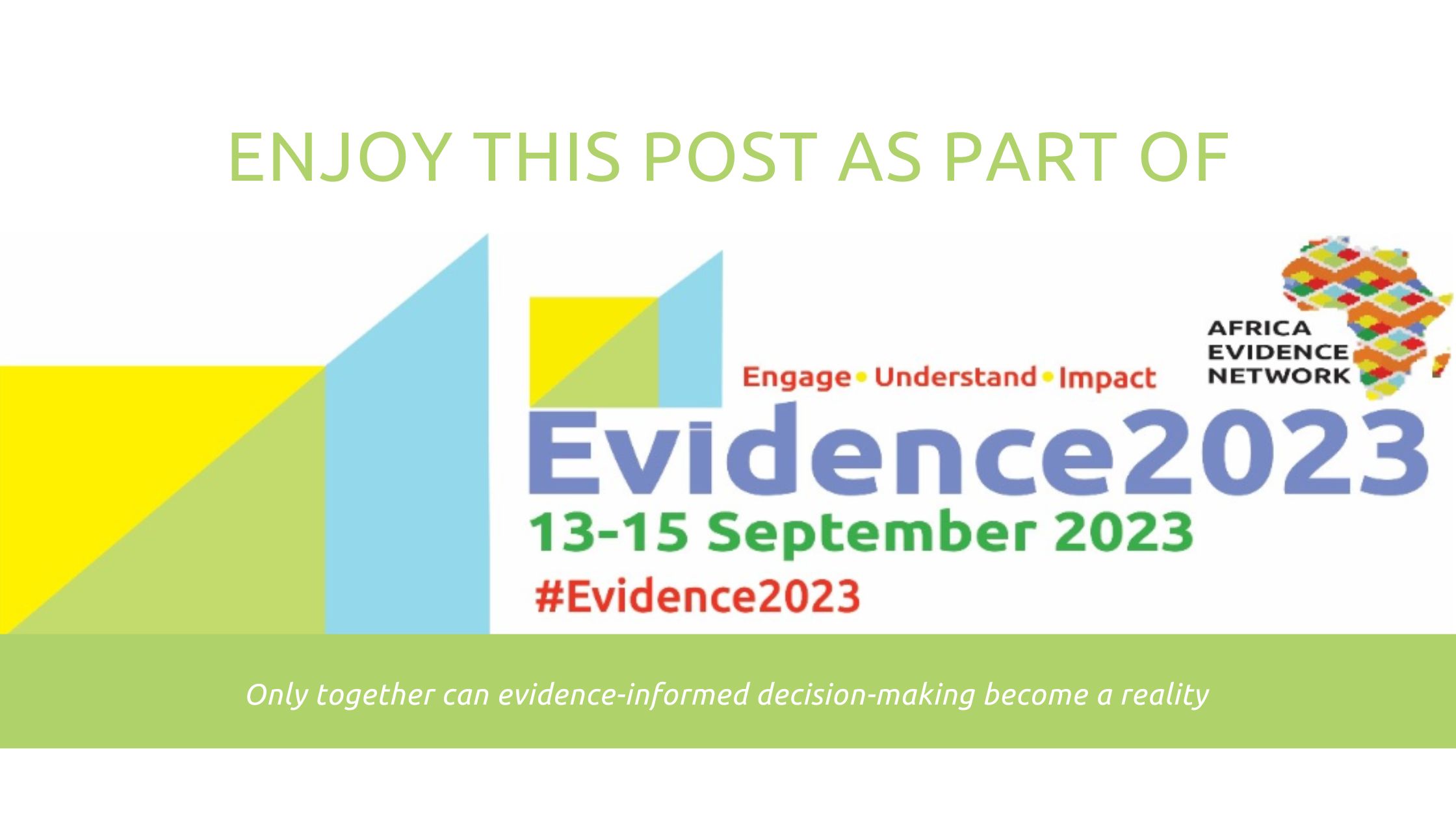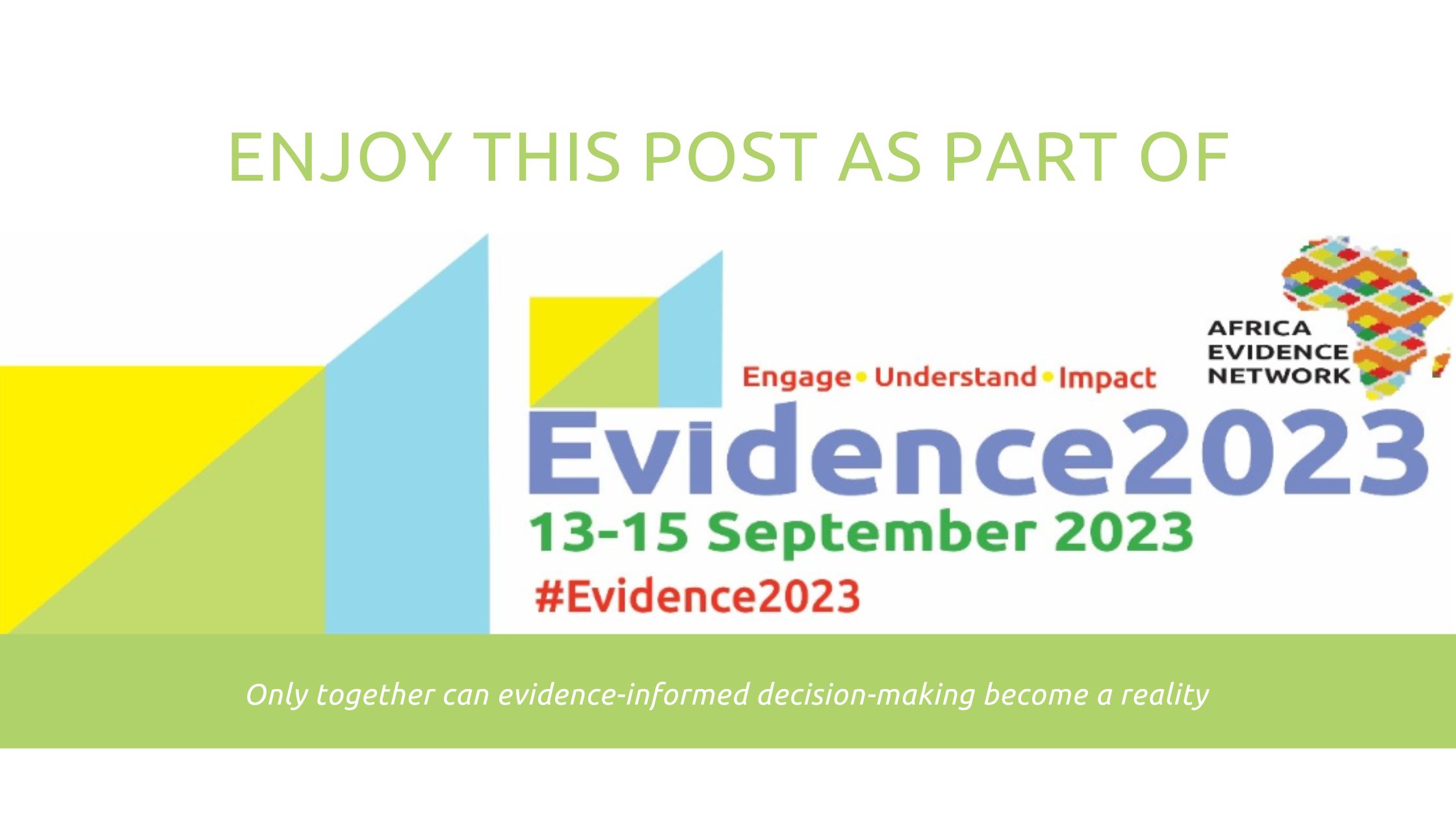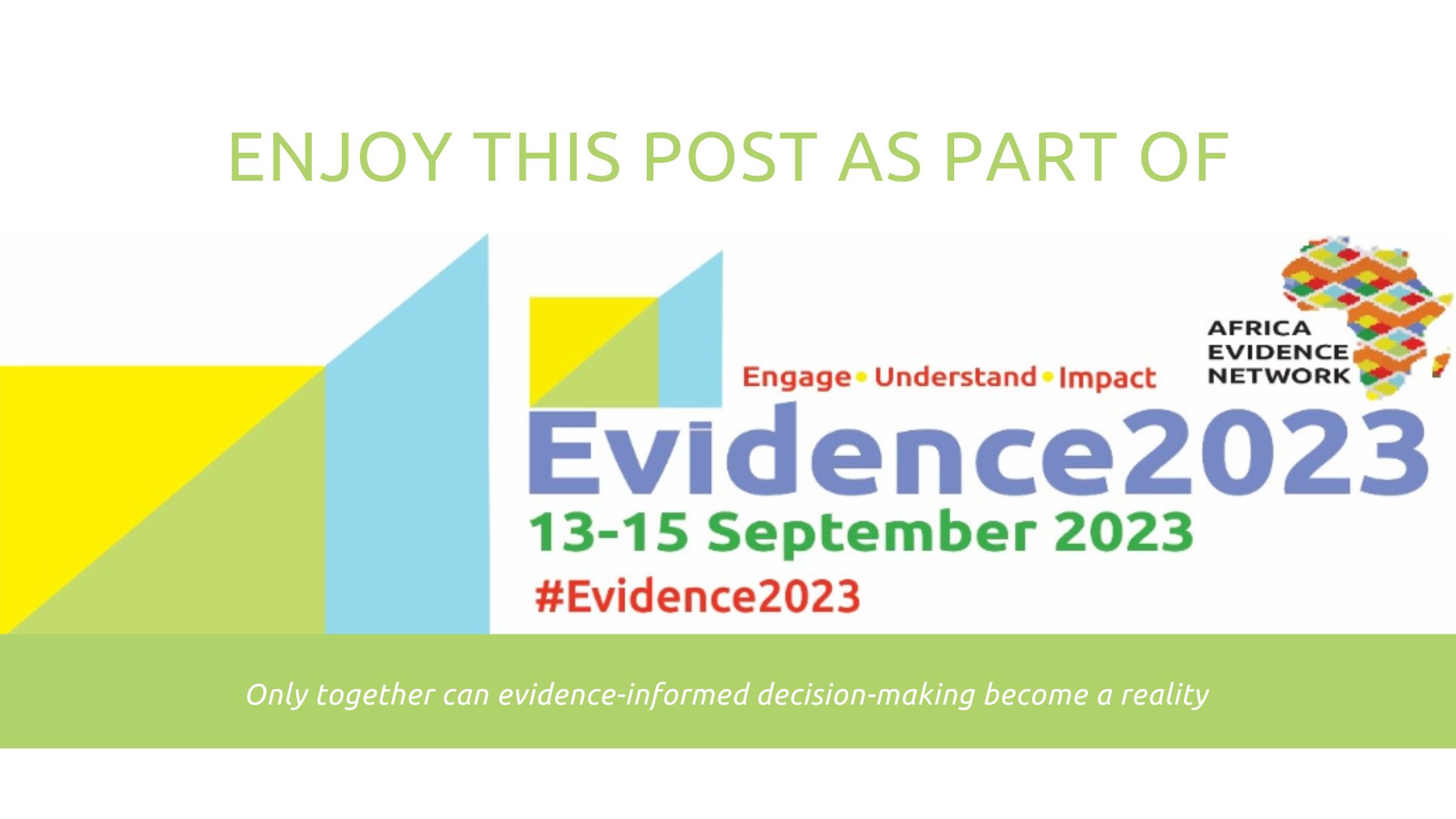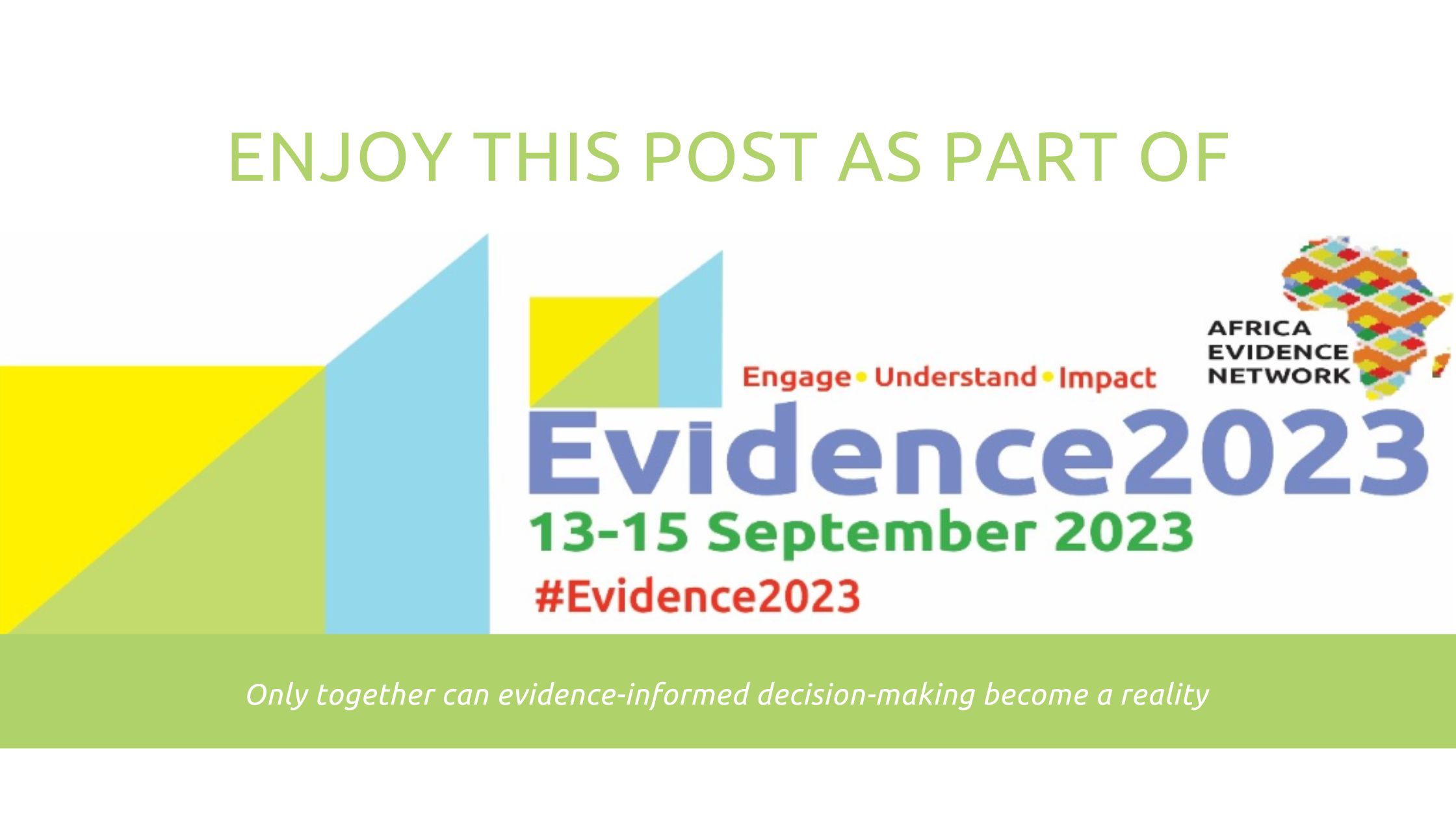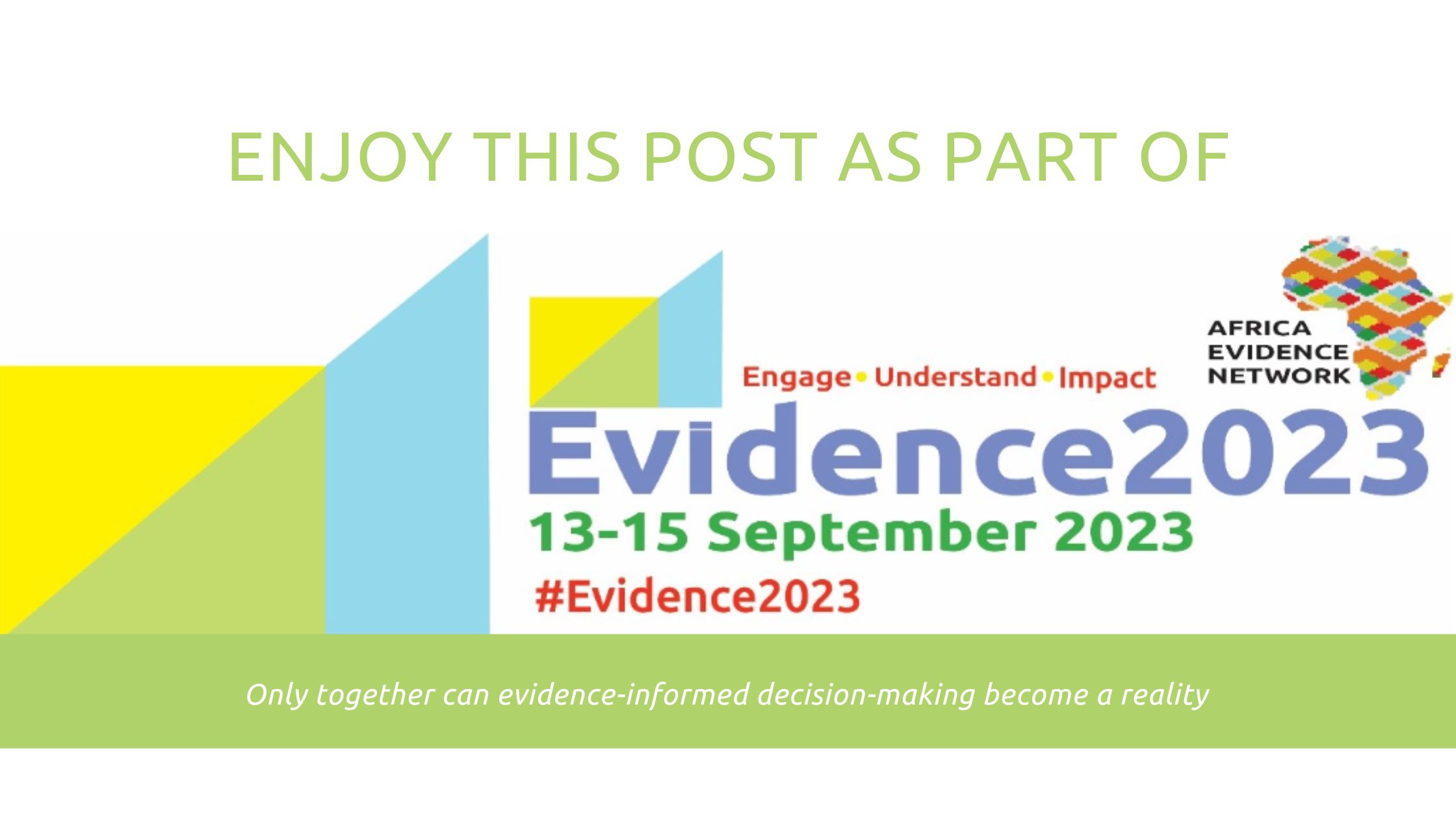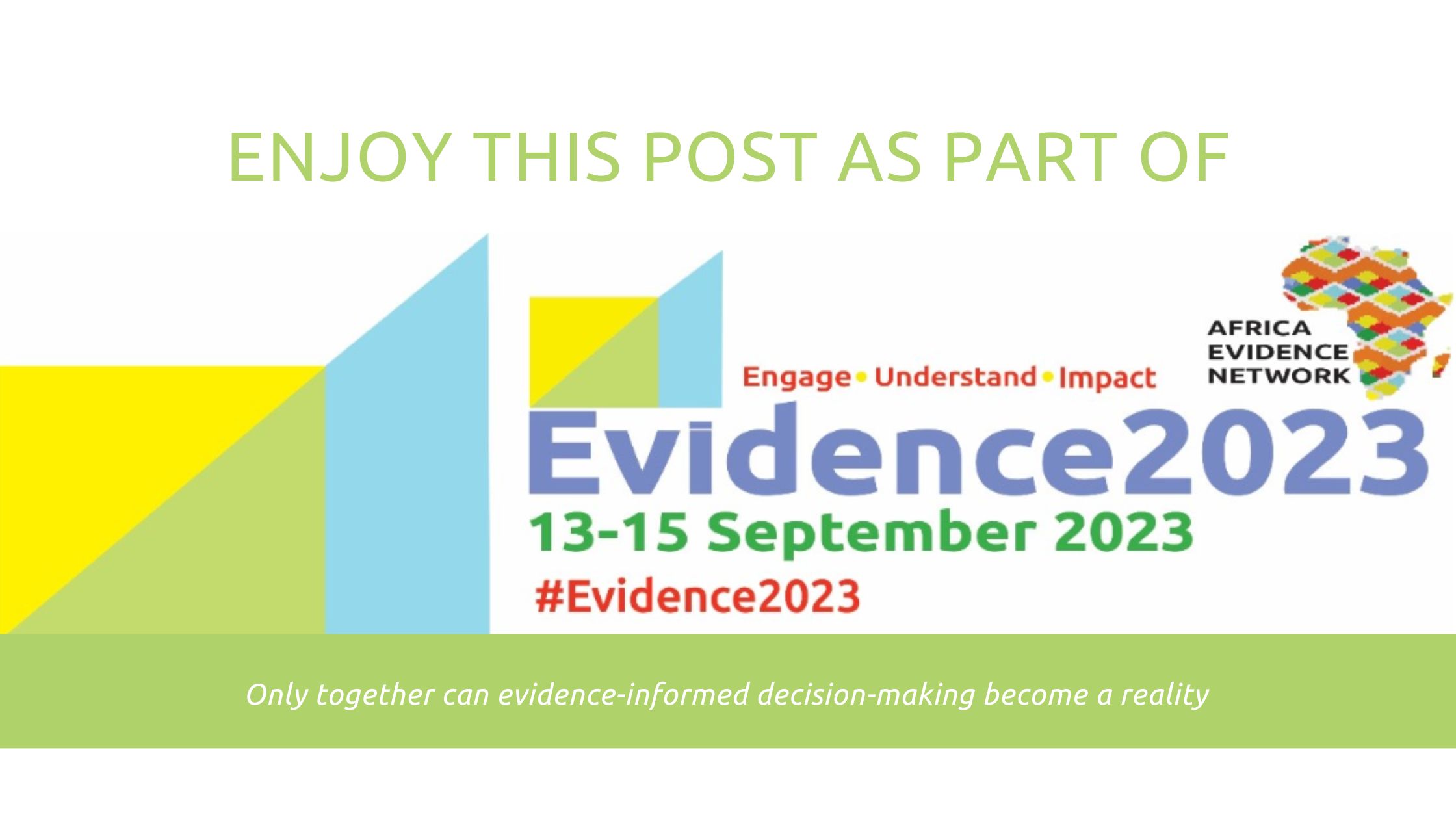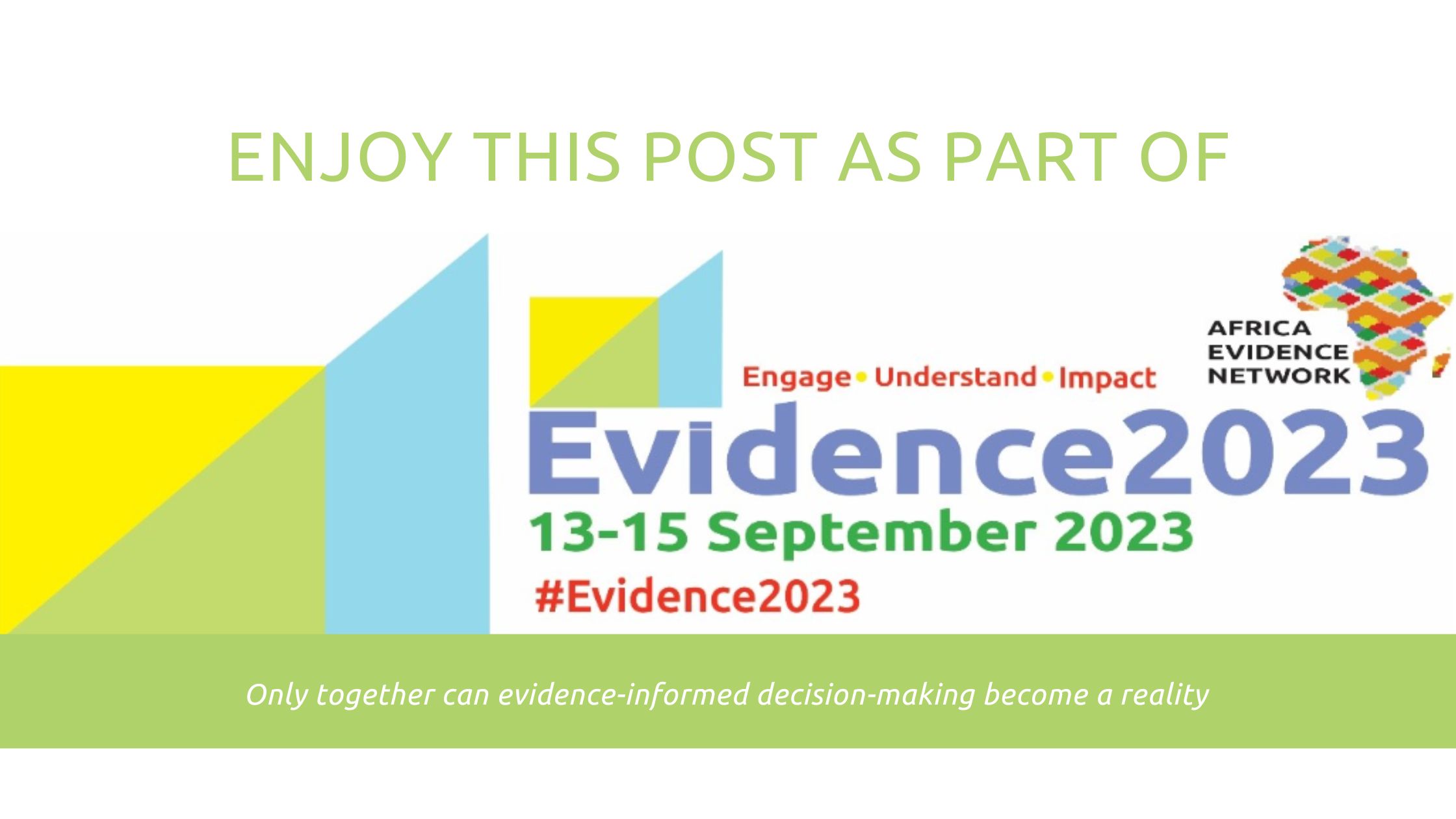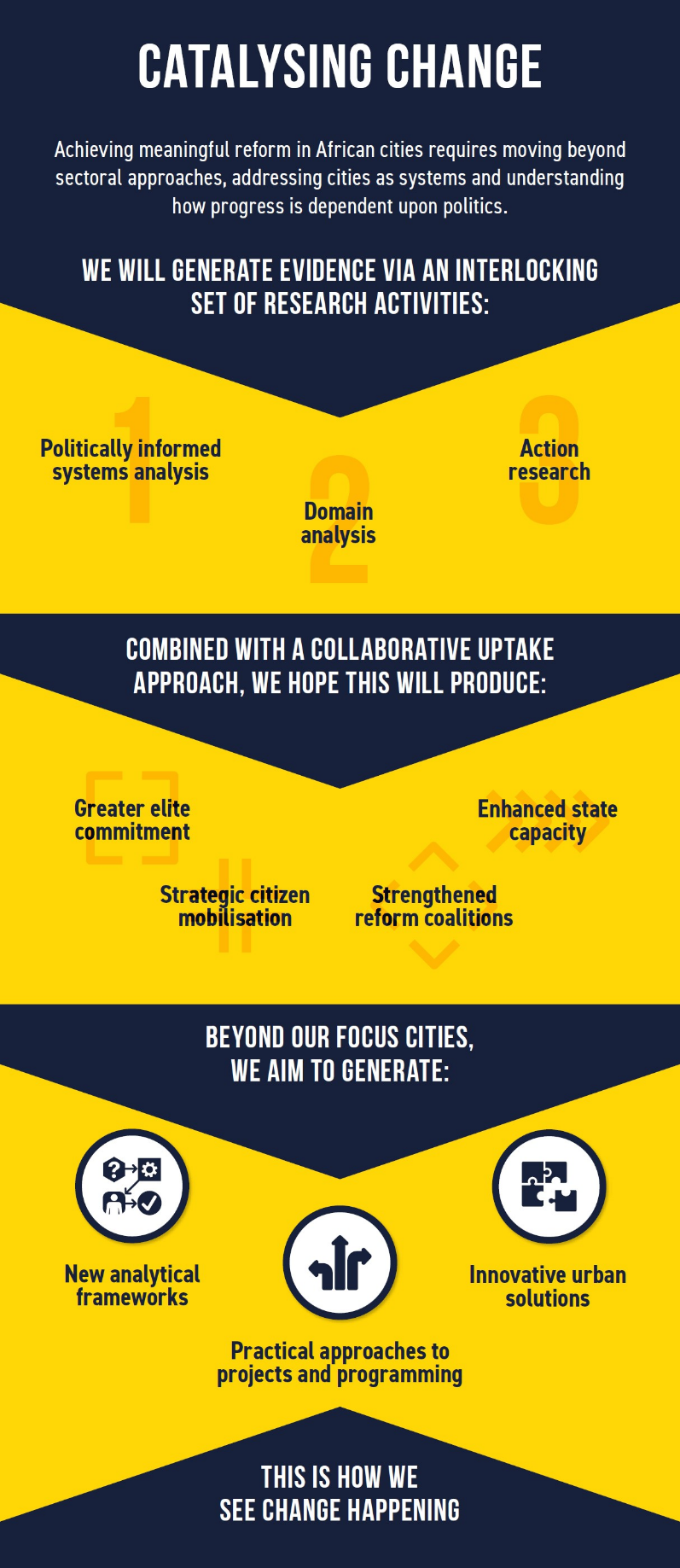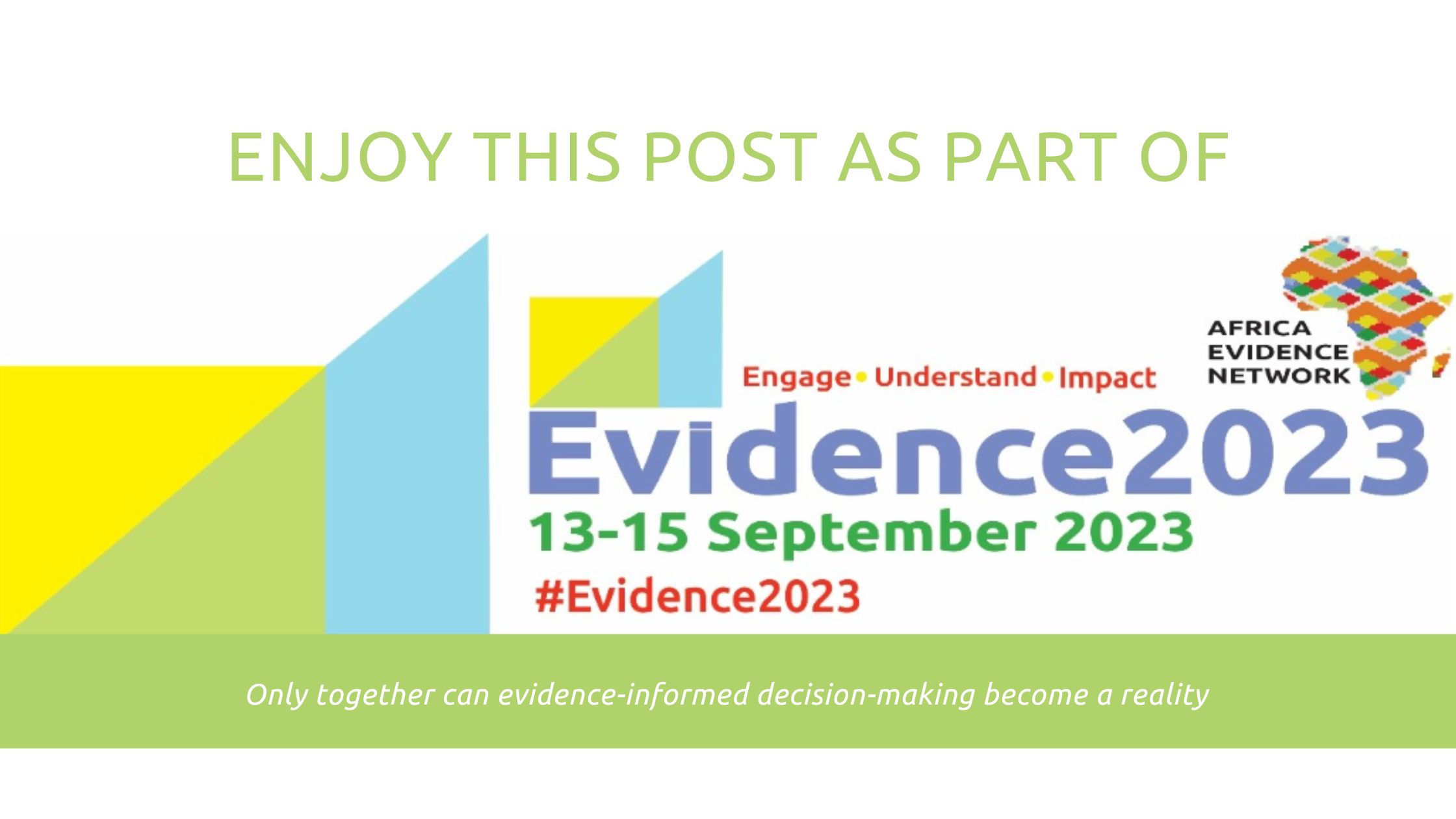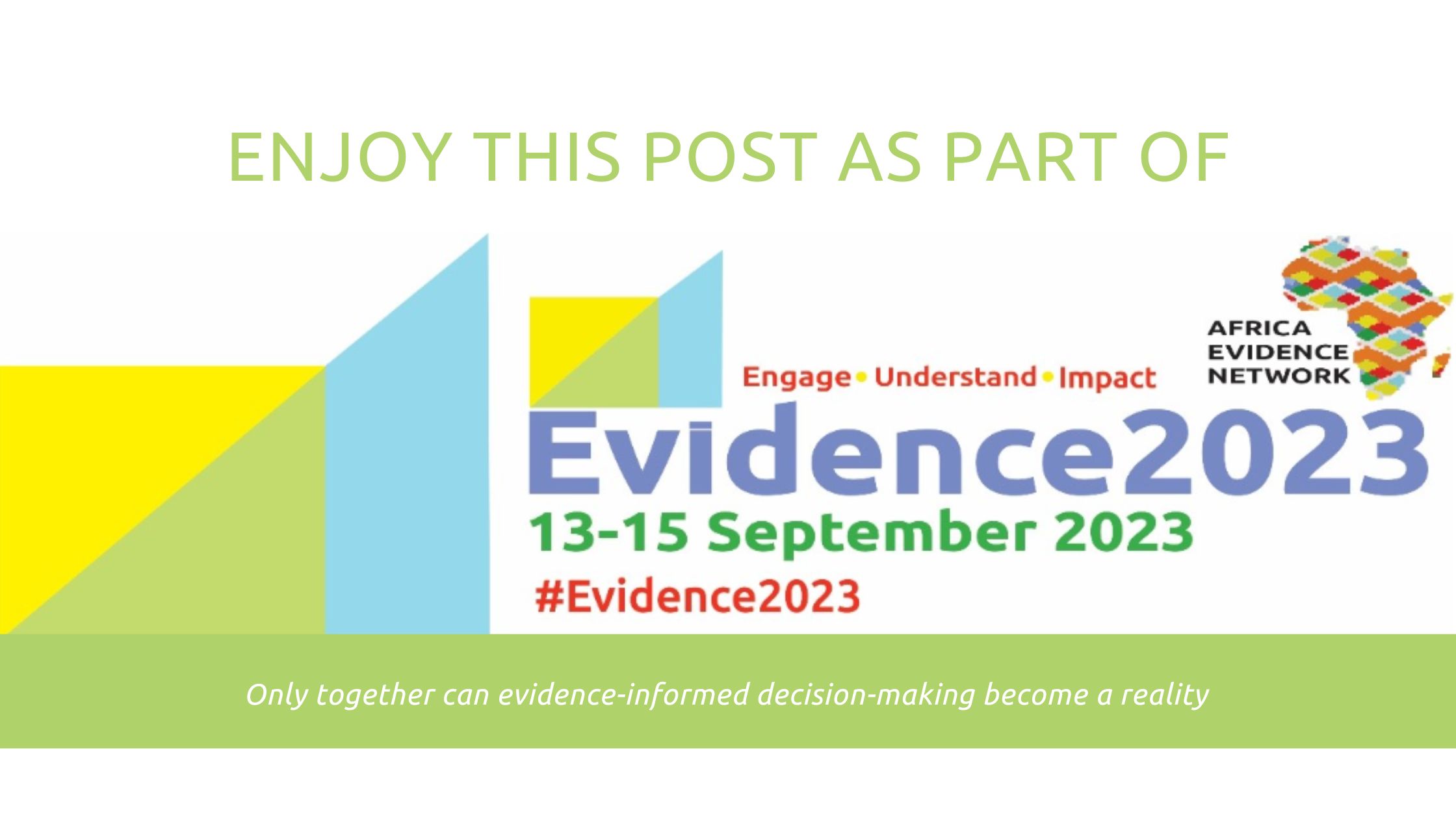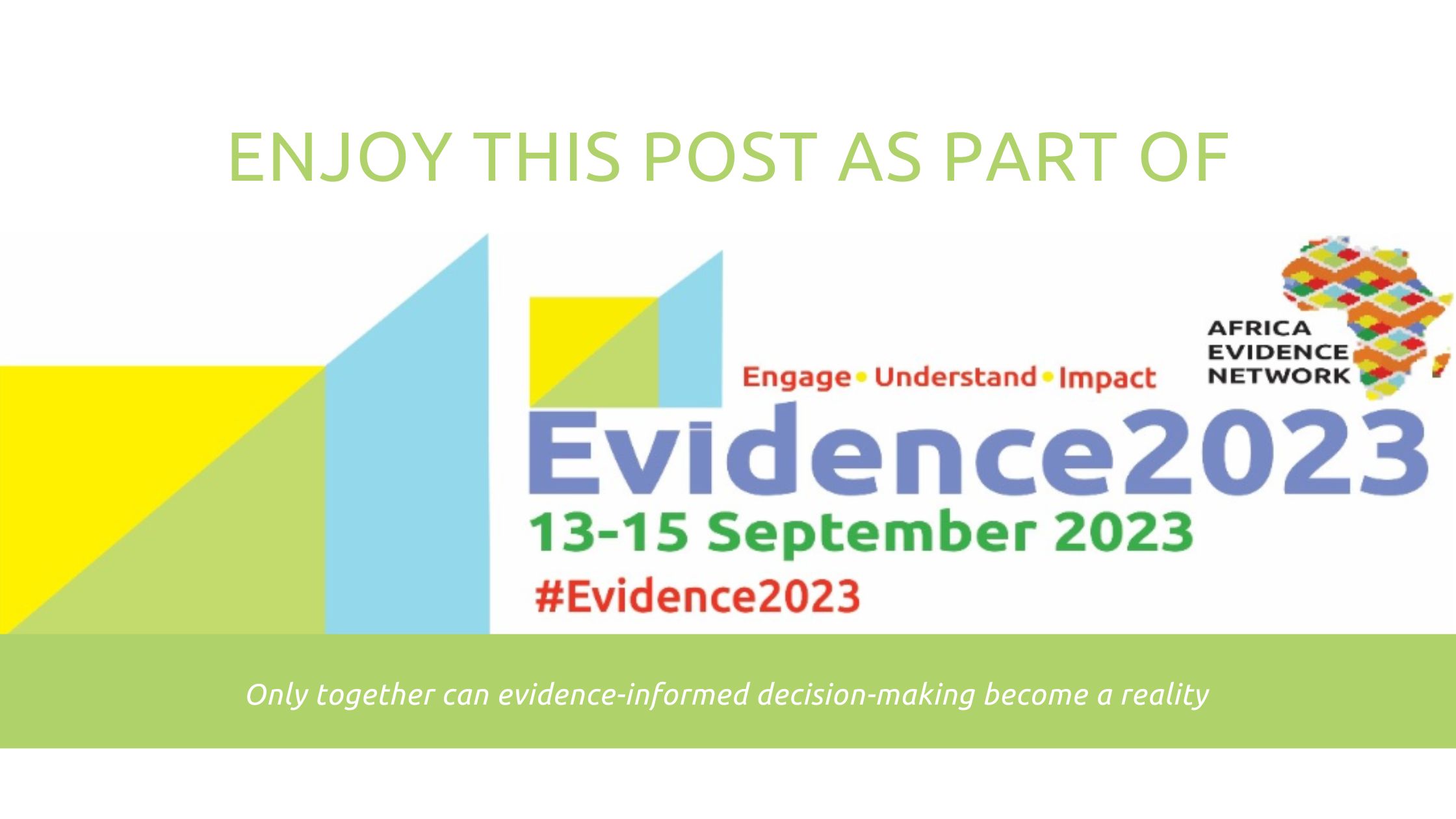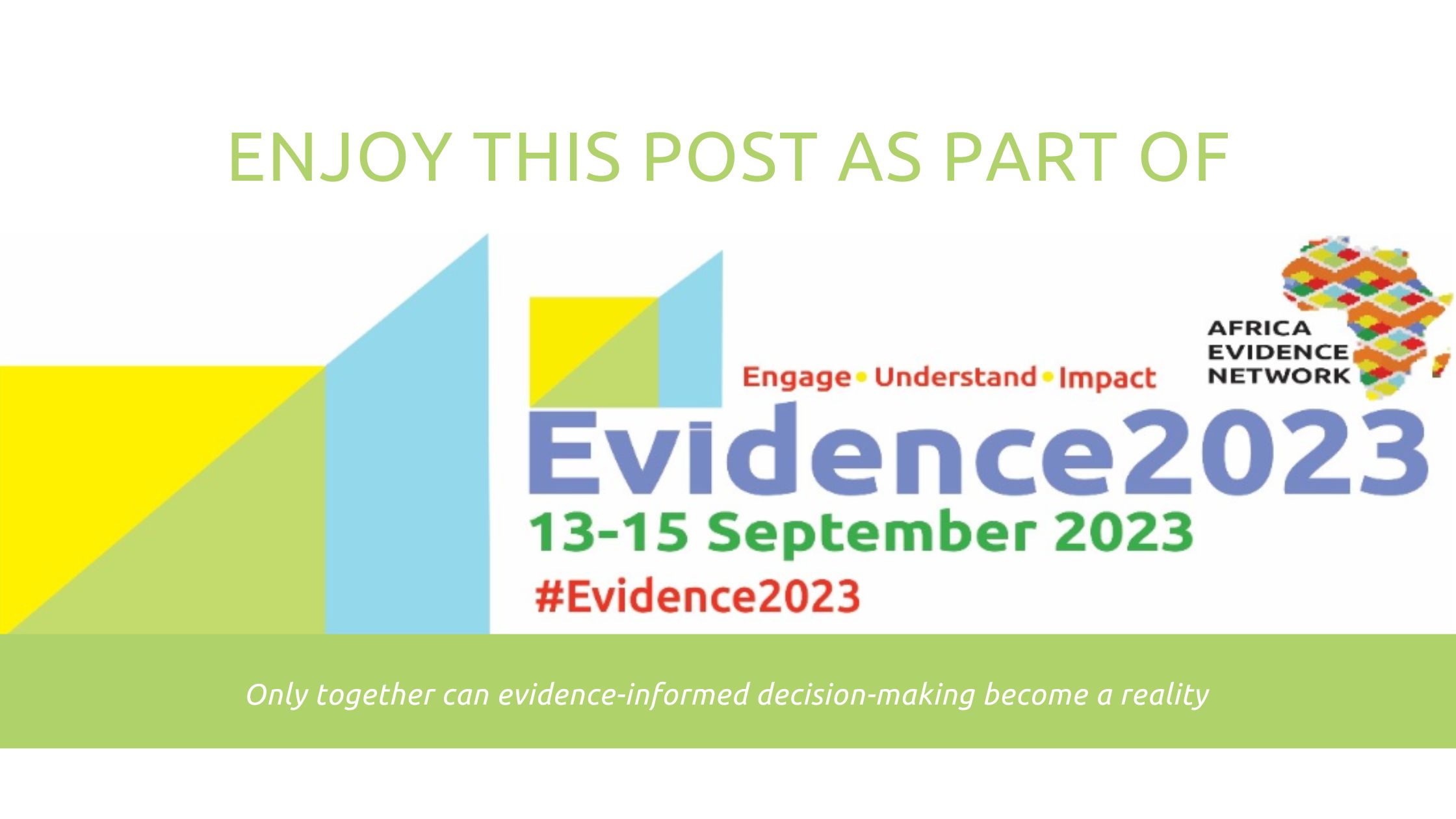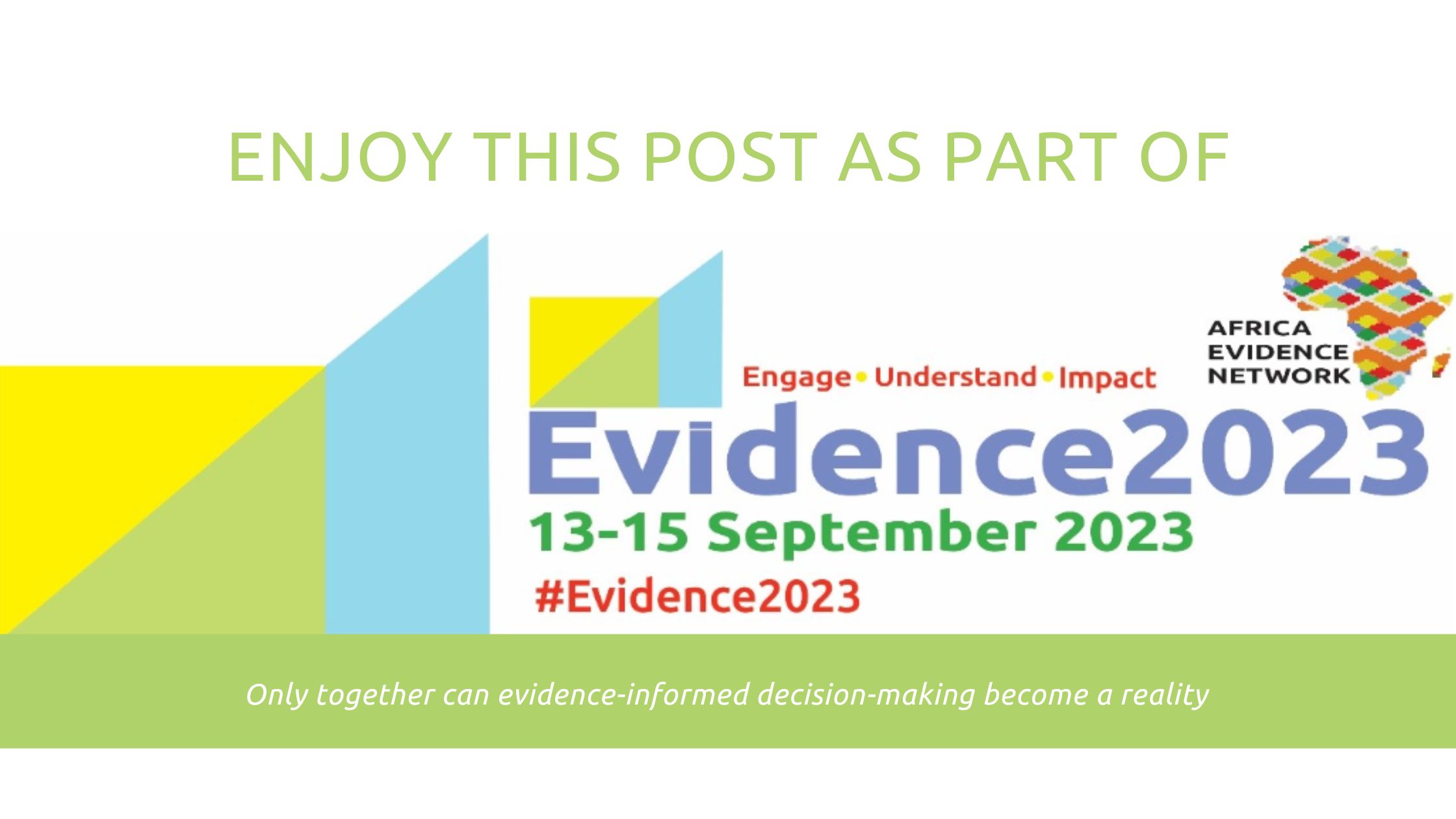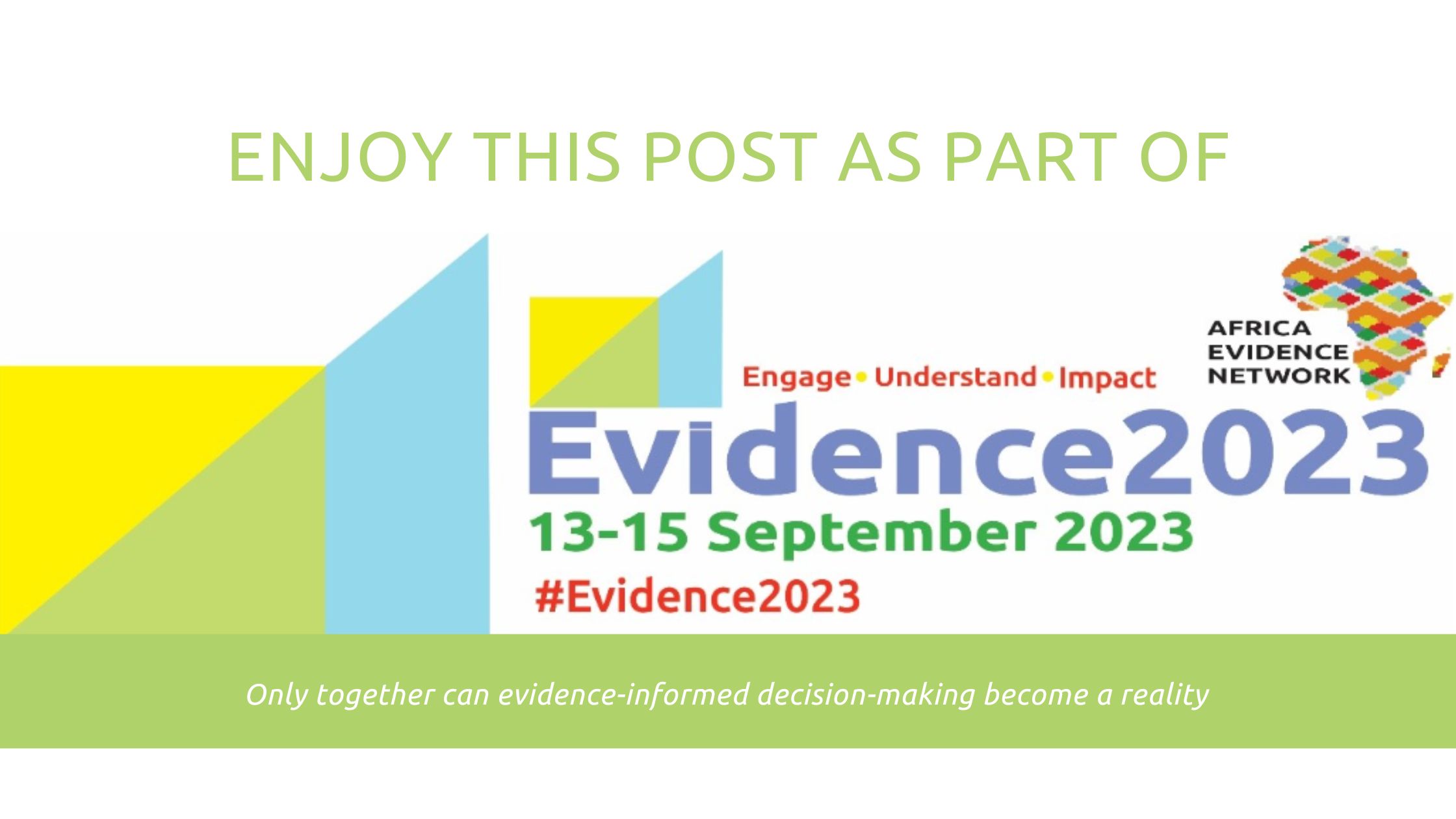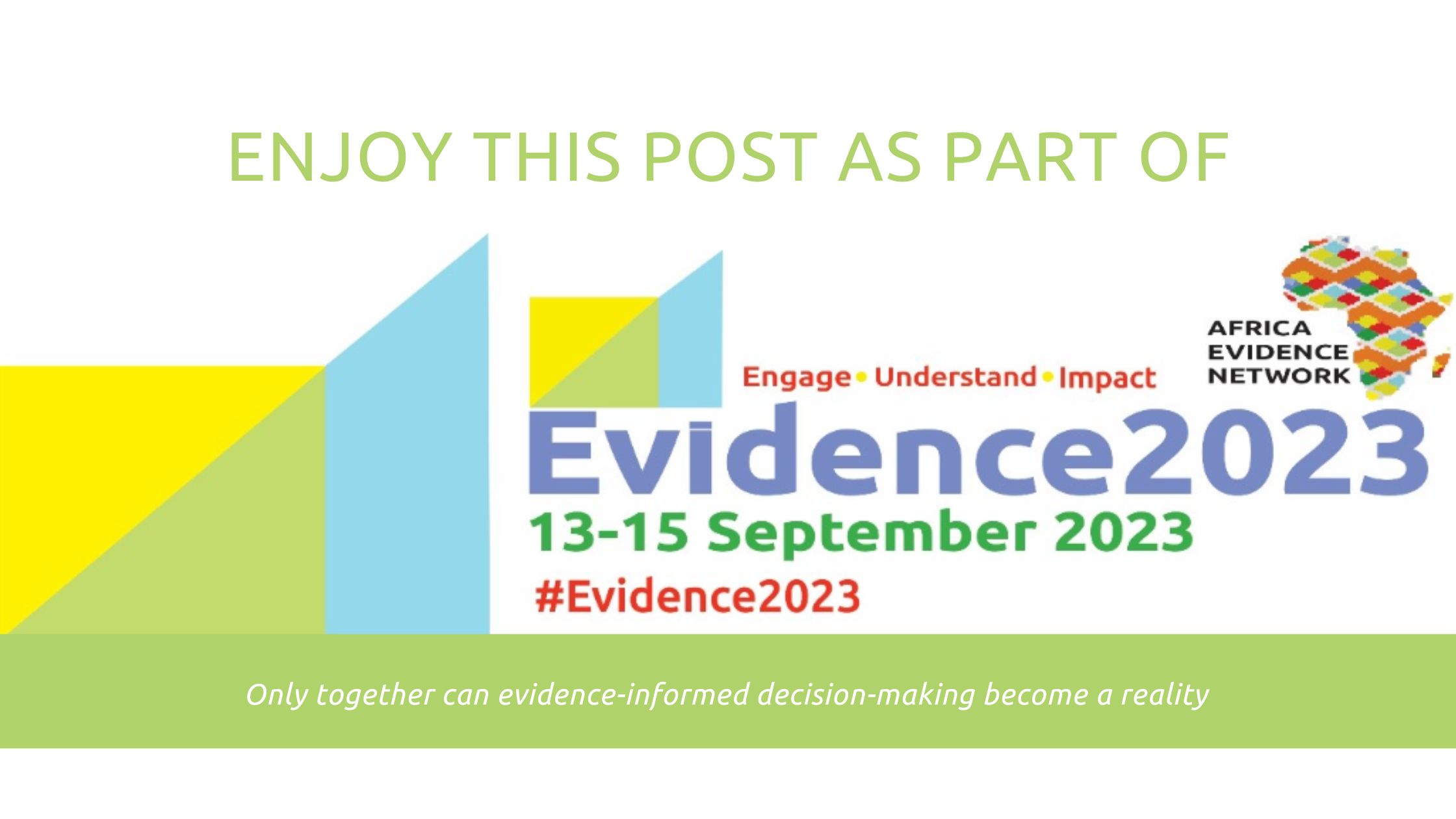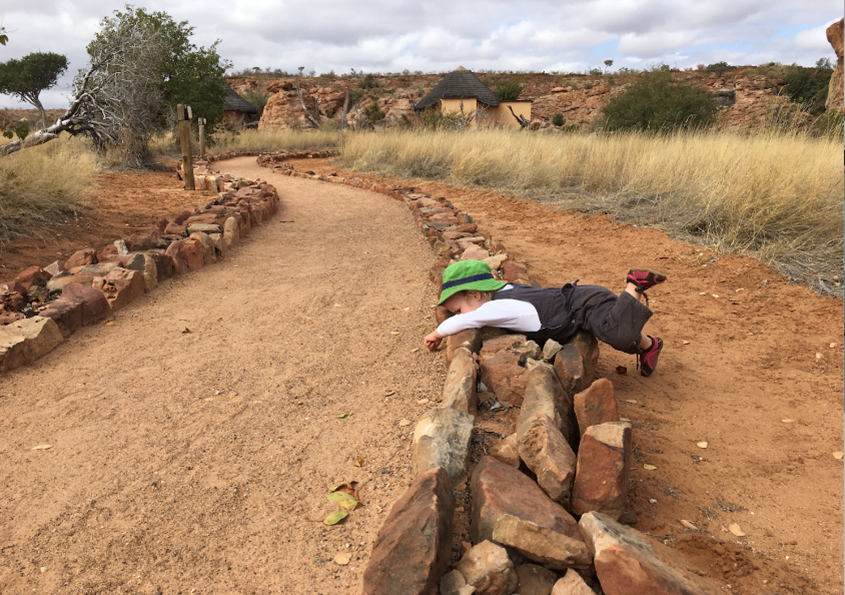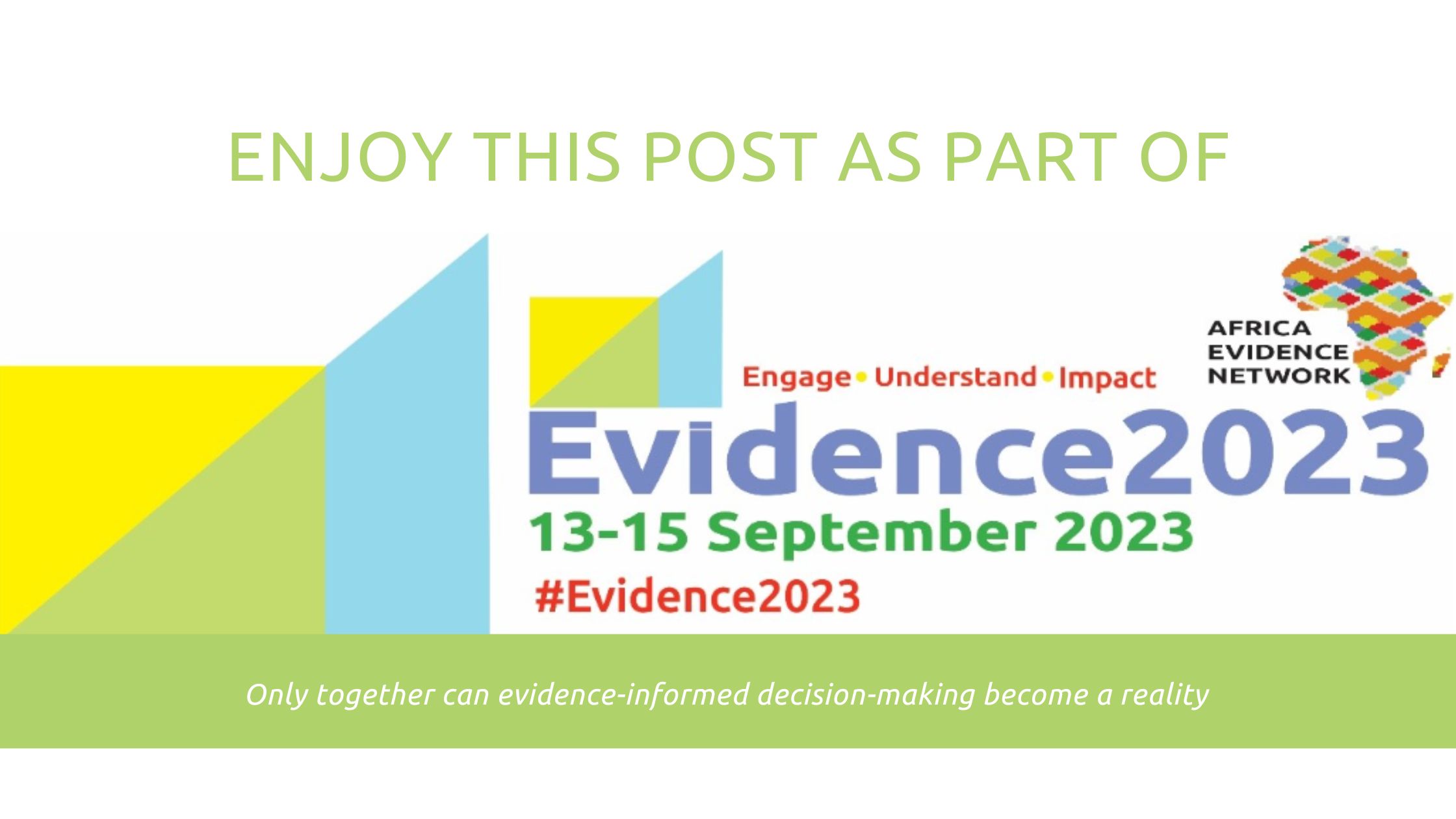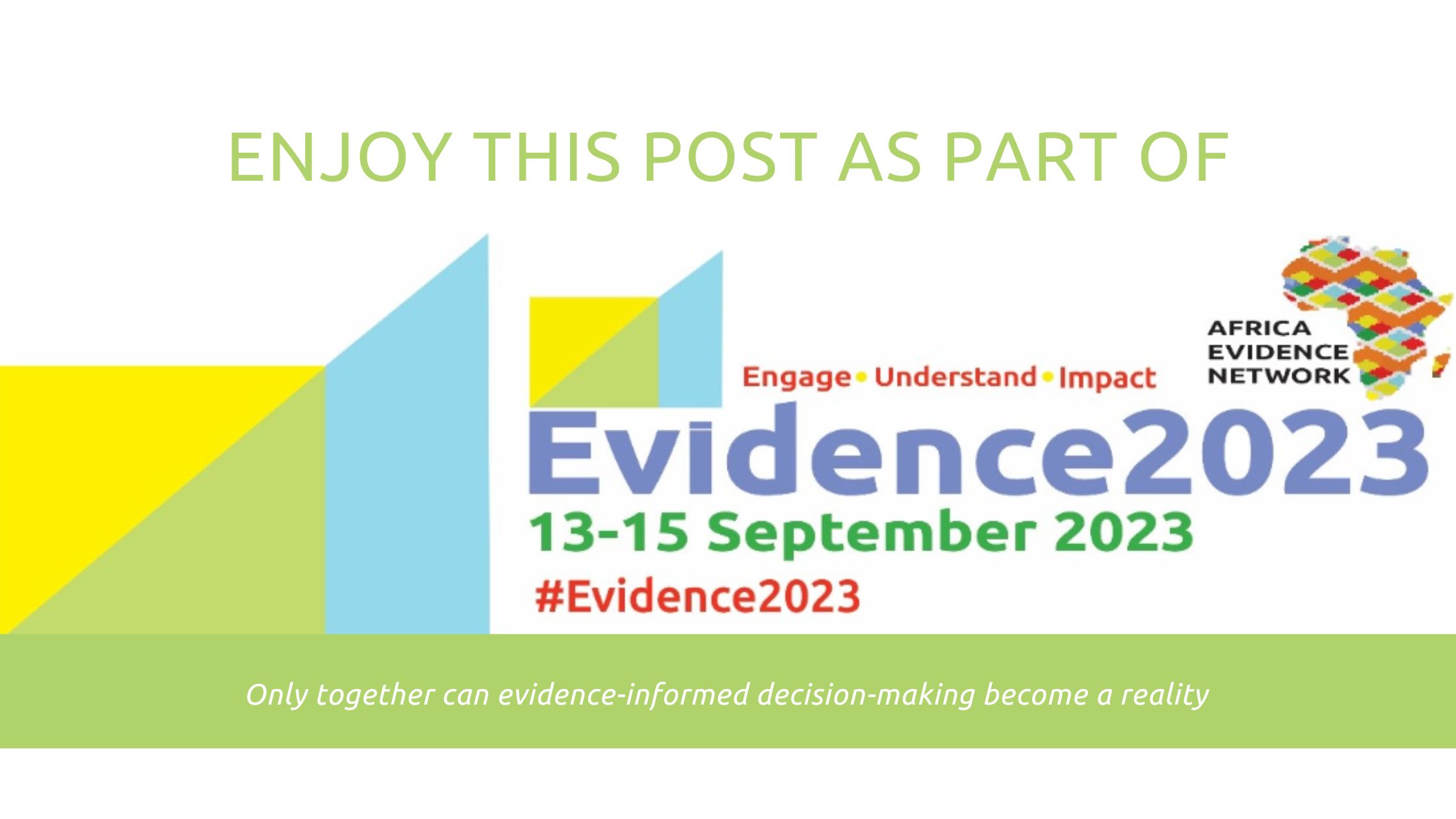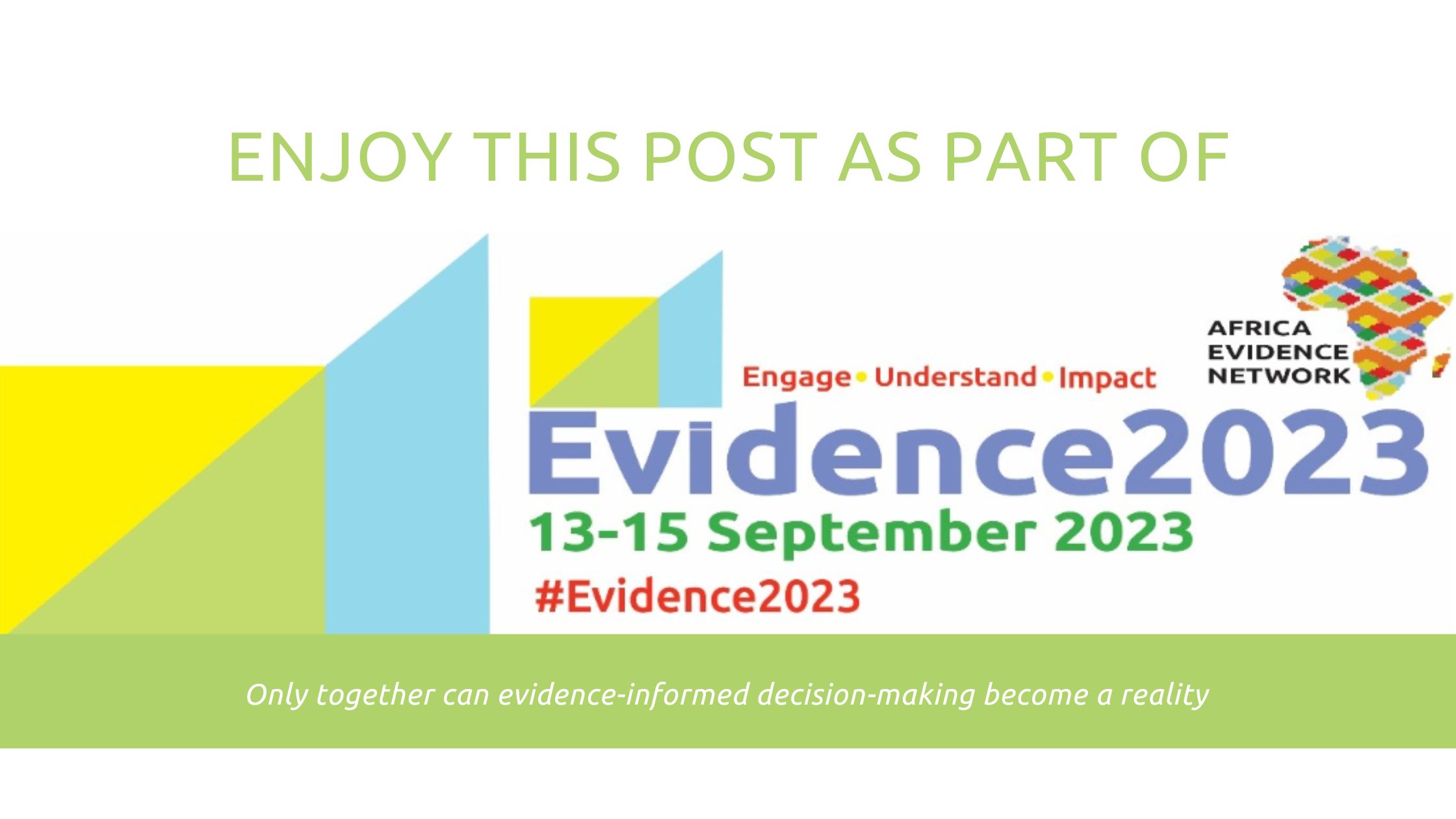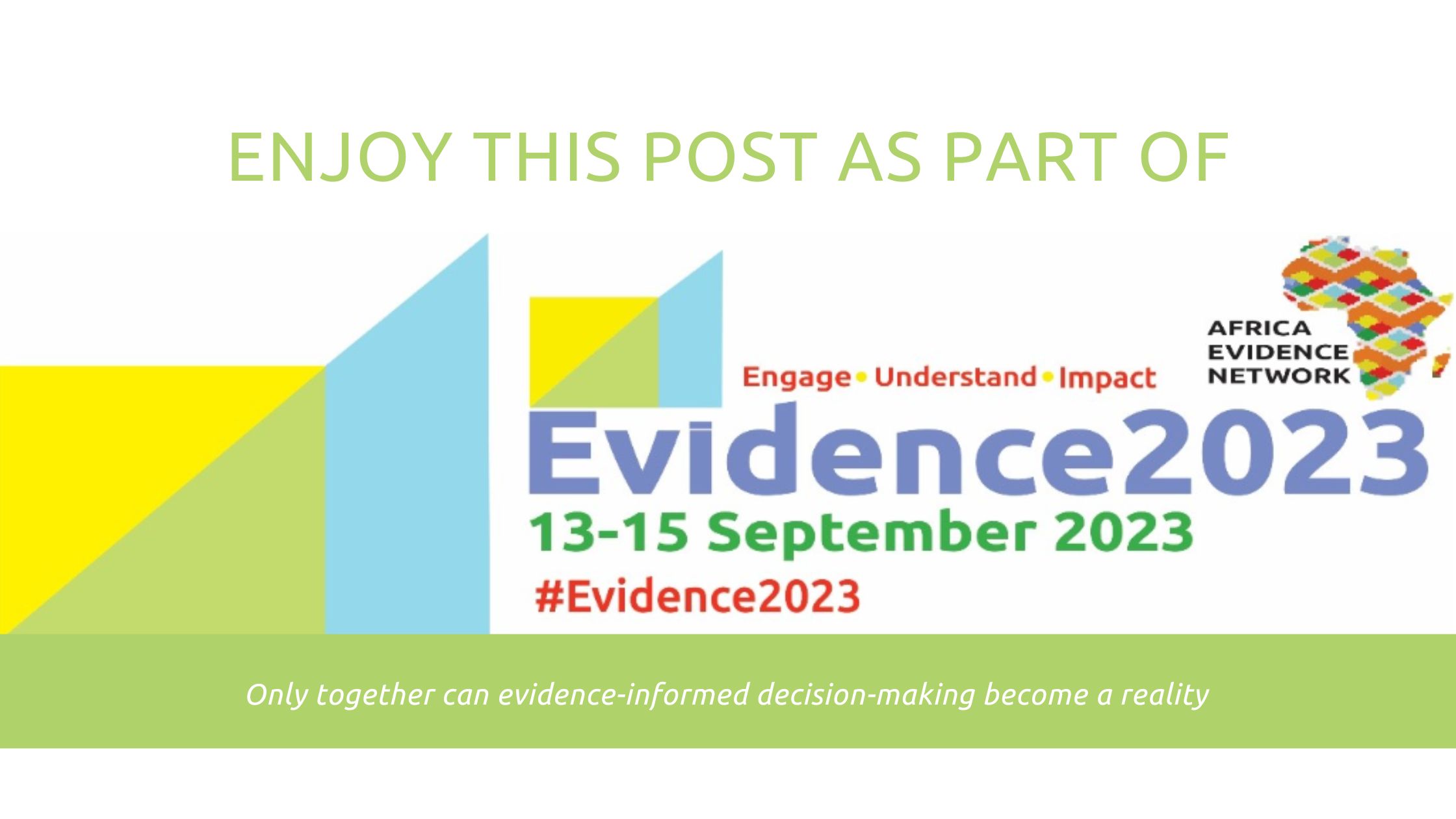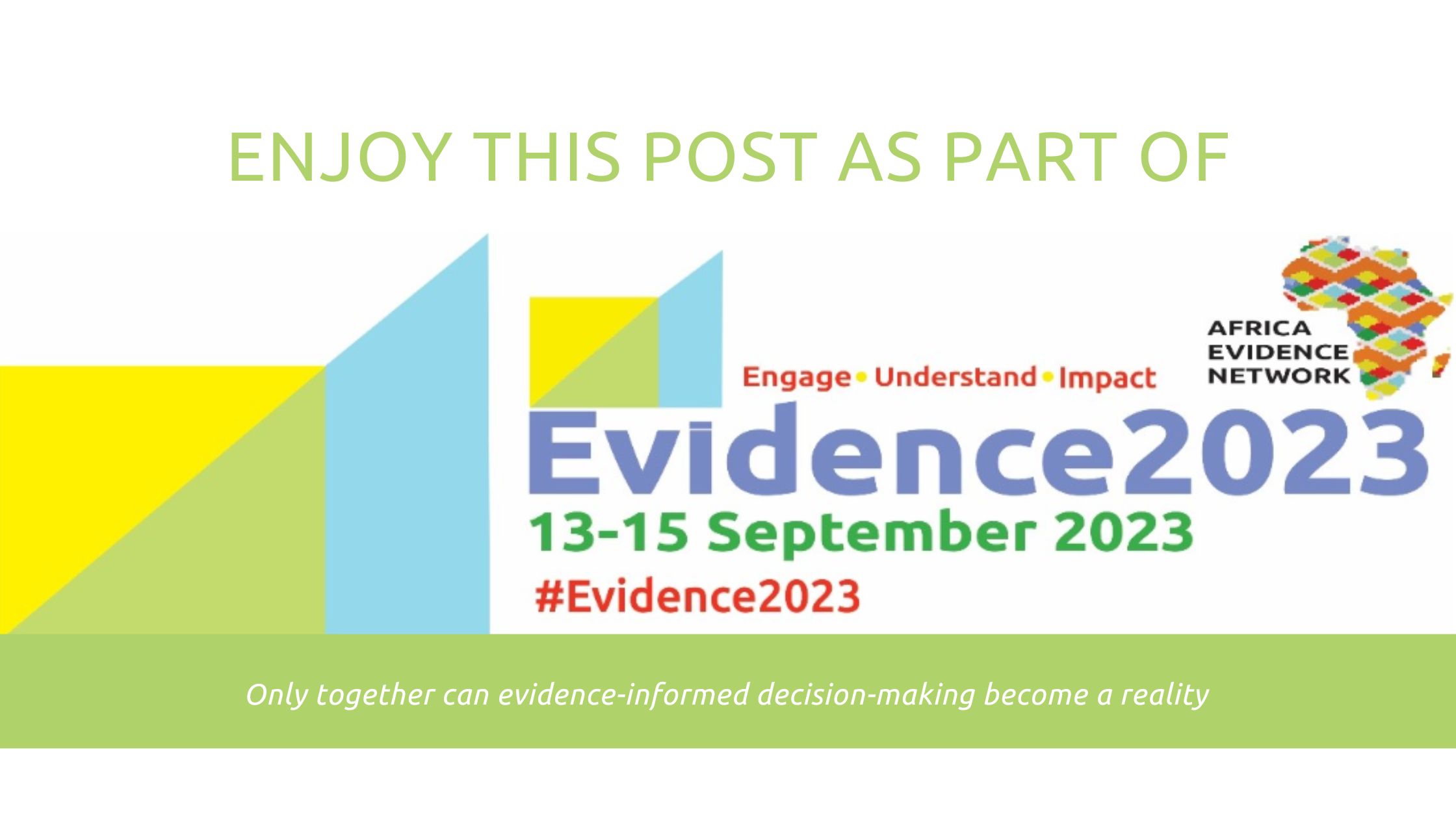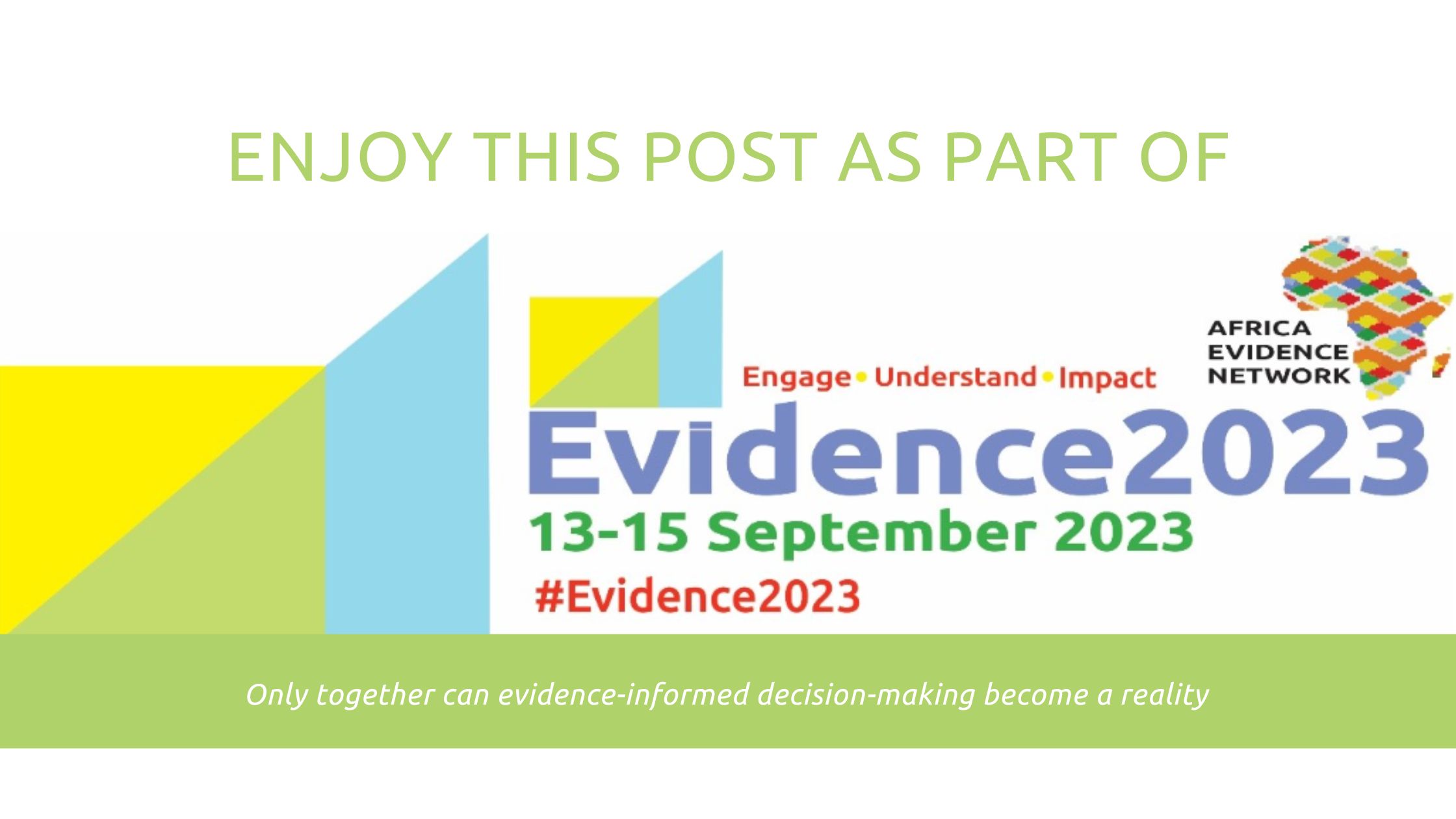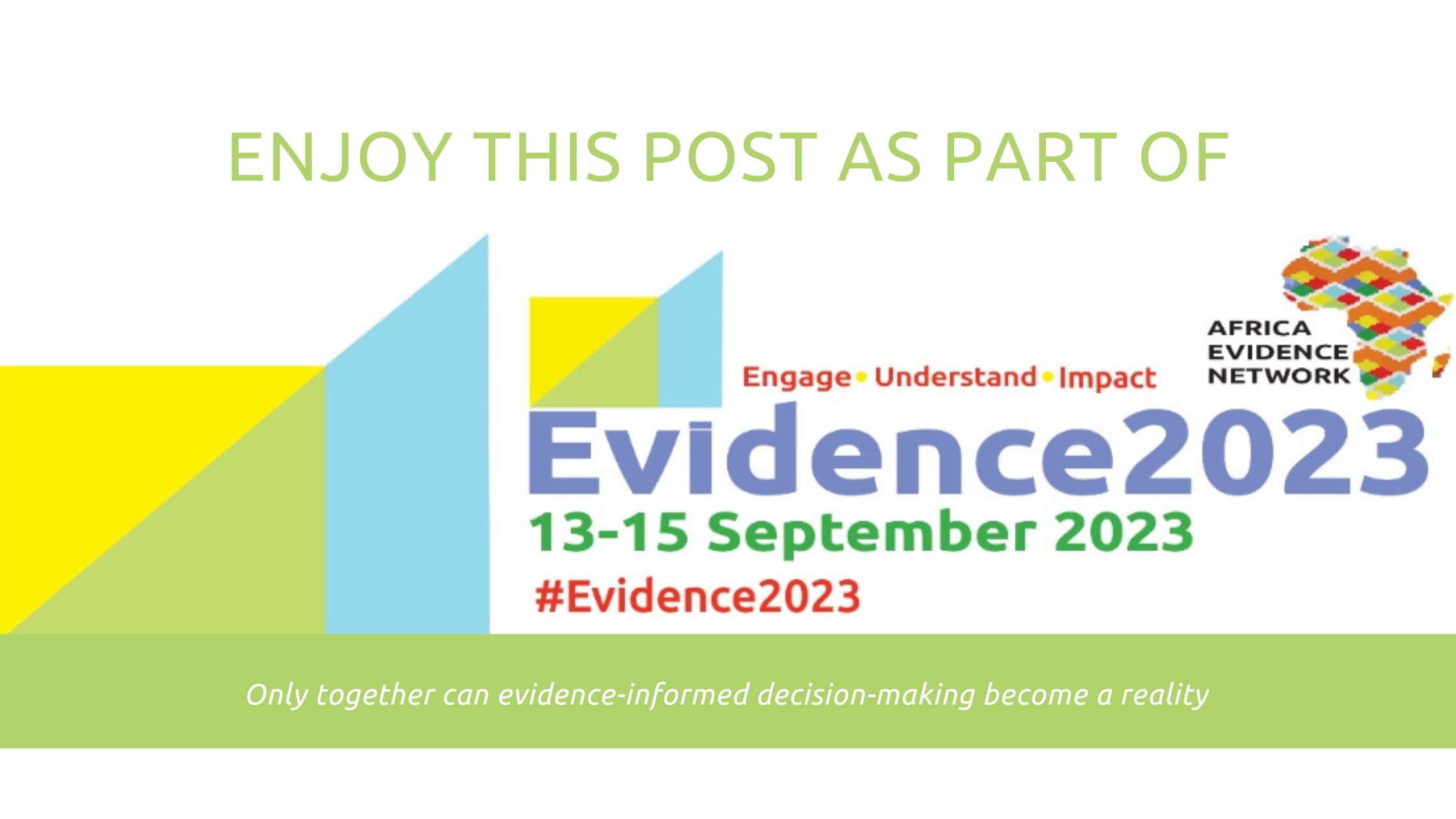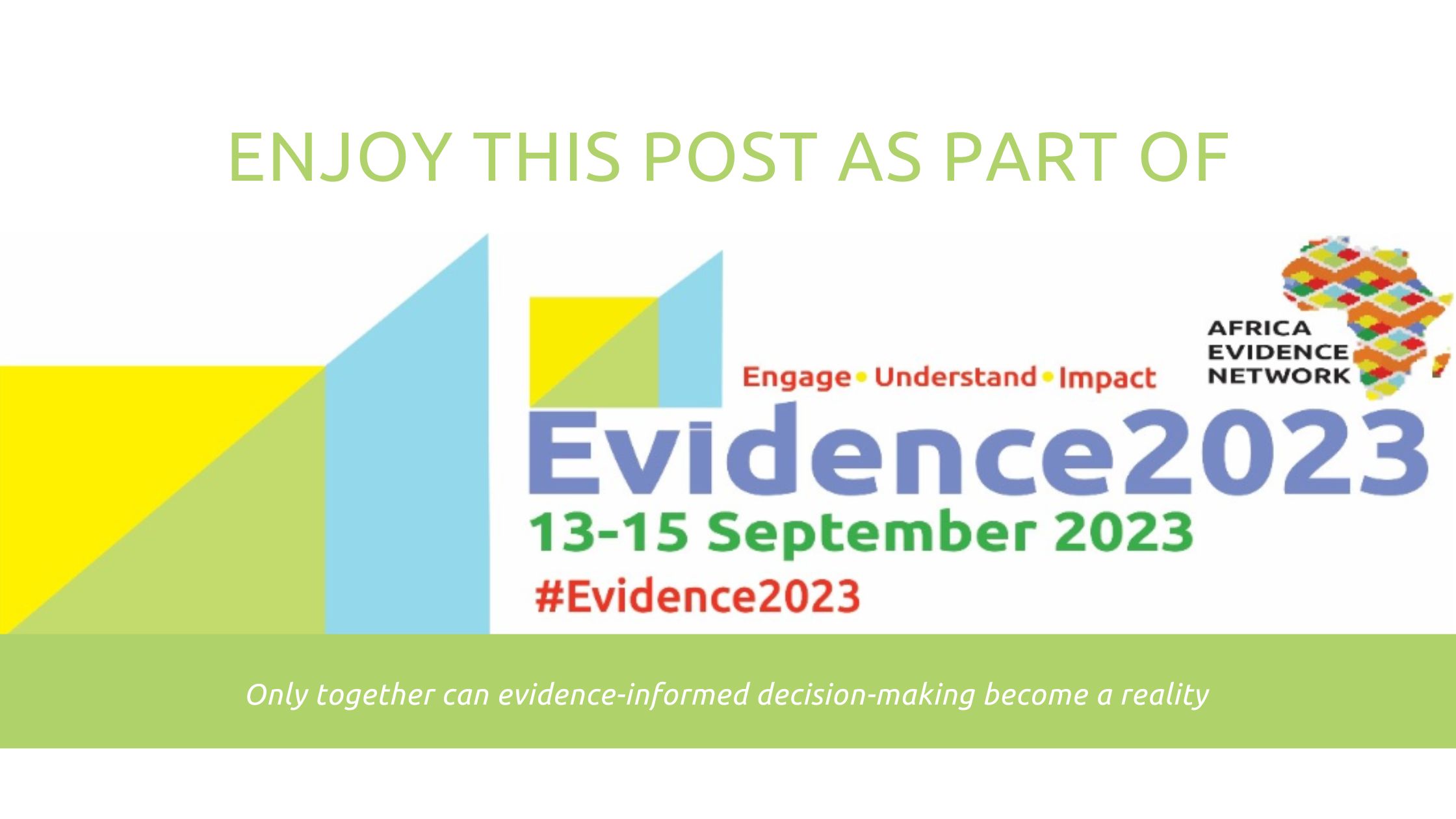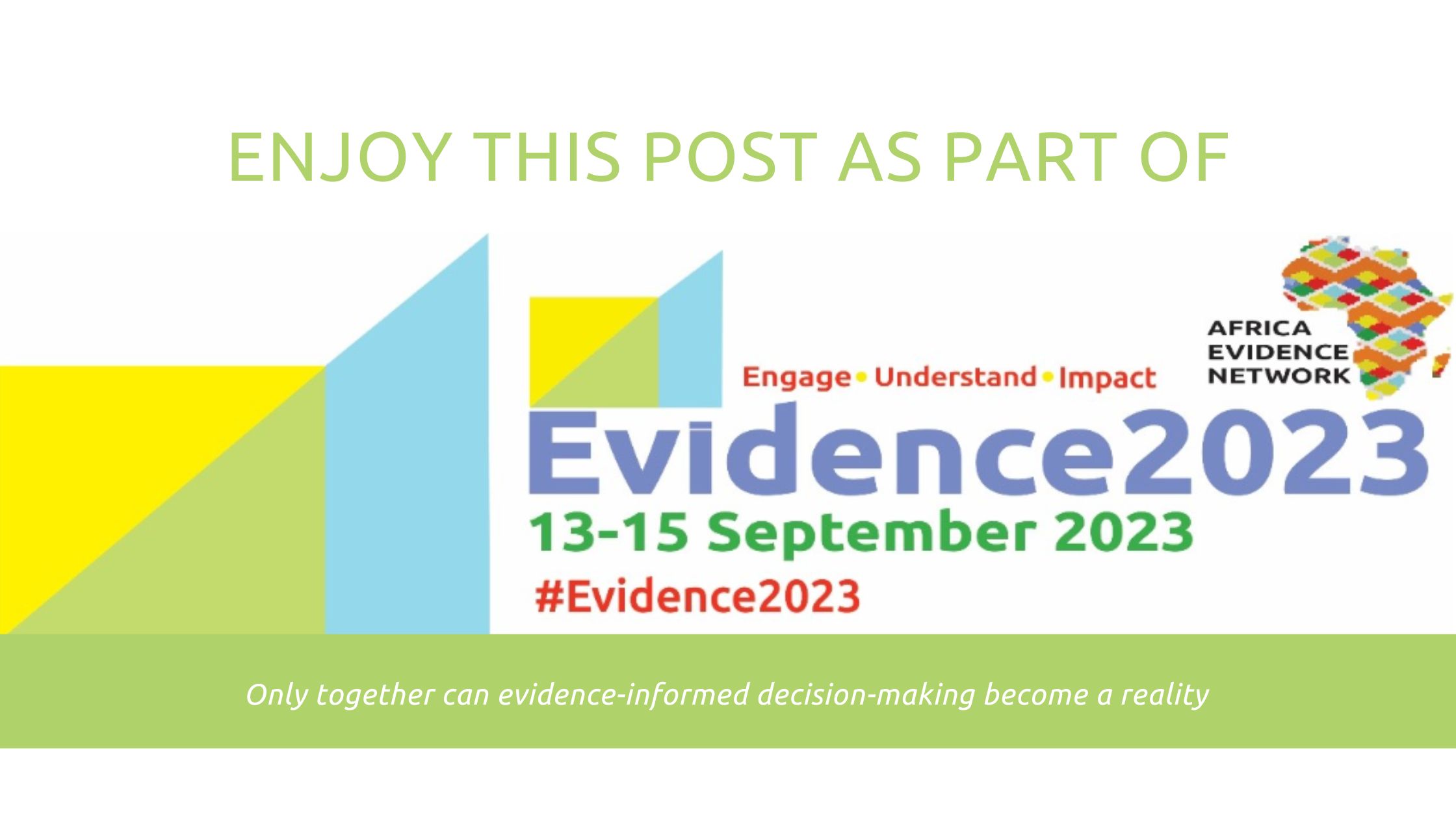
Aims of the study
From April 2022 to March 2023, data was collected on the dynamics of poverty and the characteristics of people not impacted by the implementation of the SDGs in the departments of Atacora and Donga in Benin.
The aim of this study is to examine, over a relatively long period of time, the trajectories of the poverty indices and the figures for the sections of the population excluded from the measures implemented to achieve the SDGs. The study involved three institutions, both national and international, and the data used in this communication are much more those that were not sufficiently capitalized in the report that sanctioned the mission.
Poverty dynamics in Benin: a brief overview
According to the United Nations in Benin (2021), "monetary poverty fell between 2015 and 2019 in Benin. The incidence of monetary poverty (P0), i.e., the percentage of the population unable to cover its food and non-food needs, is down by 0.8 points, from 39.3% in 2015 (EMICoV)1 to 38.5% in 2019 (EHCVM2 , 2019). Like the incidence of monetary poverty (P0), the depth of poverty (P1) has been reduced, from 0.18 in 2015 to 0.10 in 2019. Inequality among the poor (P2) has also fallen, from 0.12 in 2015 to 0.043 in 2019. In Benin, poverty is more prevalent in rural areas than in urban areas in 2019. Nearly 44.2% of people were poor in rural areas this year, compared with 31.4% in urban areas. Similarly, it is more prevalent in male-headed households (38.6%) than in female-headed households (37.7%). This trend, based on studies carried out by the Institut National de la Statistique et de la Démographie (INSTaD), the structure authorized at national level to produce and manage statistical data, was also observed in 2015, with an incidence of monetary poverty in male-headed households of 40.2% compared with 39.7% for female-headed households. According to the Benin section of the United Nations, non-monetary poverty affected 26.1% of Benin's population in 2019, compared with 28.7% in 2015. Nearly 35.6% of female-headed households suffer from non-income poverty, compared with 24.3% of male-headed households. Furthermore, although rural areas are more affected by non-income poverty (like income poverty), rural households saw an improvement in their conditions in 2019 compared to 2015 (the incidence rose from 36.0% to 28.6%), unlike urban households, which saw a worsening (23.0% in 2019 compared to 20.5% in 2015). The gradual decline in non-income poverty in recent years suggests an improvement in living conditions and improved access to basic infrastructure" to basic infrastructure" (United Nations in Benin, 2021, pp. 12-13). We also note, according to data produced by USAID, that rural areas are home to more people in the lowest wealth quintile and therefore more people in the category of those left behind (ICF, 2015_The DHS Program STATcompiler. Funded by USAID. http://www.statcompiler.com, December 10, 2022). In terms of children, for example, the extent of monetary poverty is "greater among children (0-17 years) than in the general population. In 2019, 43.6% of children were living in poor households, compared with 43.4% in 2015 (United Nations in Benin, 2021).
The departments of Atacora and Donga: difficult resilience in the face of poverty.
The national situation described above needs to be disaggregated by department, or even by commune, for a more spatialized and contextualized analysis. When you do this, you realize that the analysis by department and by municipality shows many disparities. According to the United Nations, an analysis of the dynamics of poverty in Benin (2021) suggests a reduction in four (4) of the country's twelve (12) departments. Four groups of departments stand out:
-
The departments with the lowest poverty levels in 2019 compared with 2015 are Littoral, Ouémé, Collines and Atlantique.
-
Departments with an increase in the incidence of poverty in 2019 compared with 2015, but with a level higher than the national average in 2019 and a level lower than the national average in 2015 : Alibori, Donga and Zou.
-
Atacora, Borgou, Couffo and Mono are departments where the incidence of poverty will be lower in 2019 than in 2015, but where the level of poverty will be higher than the national average in 2015 and 2019.
-
Departments with a more or less stable incidence of poverty, which here include only the Plateau department.
Departments where the situation has worsened include Donga (+6.9 points), Atacora (+6.6 points), Mono (+4.7 points), Couffo (+3.6 points), Borgou (+3.3 points), Zou (+3.2 points) and Alibori (+1 point)" (Nations Unies au Bénin, 2021, pp. 12-13).
Again, referring to data from the Benin section of the United Nations, the monetary poverty index (P0) rose steadily in the Atacora department between 2007 and 2019. In 2015, it was 53.9%, compared with a national average of 39.3%. In 2019, it has risen to 60.5%, compared with a national average of 38.5%. The non-income poverty index fell steadily between 2009 and 2015, before resuming an upward trend. It has from 46.9% in 2015 to 49.6% in 2019, compared with national averages of 28.7% (2015) and 26.1% (2019) respectively. As can be seen, all the indices rose in the Atacora department between 2015 and 2019, while they fell at national level. As a result, the department is one of the poorest in Benin, according to the indices produced by the various studies carried out on people's living and working conditions. For the department of Donga, the indices calculated for the two types of poverty considered followed the same trends between 2015 and 2019 as those observed for the indices calculated for the department of Atacora. However, while the monetary poverty index curve has maintained the same trend in both departments between 2009 and 2019, the non-monetary poverty curve has remained up and down in Donga department, while it fell steadily between 2009 and 2015 in Atacora department before resuming an upward trend. In the department of Atacora, according to existing data, women are more likely to be poor than men, while the opposite is true in the department of Donga. This confirms the data collected in the Donga department, which shows that women are more "combative and resourceful" than men, who "spend most of their time in community assemblies".
Figures of people excluded from the implementation of actions planned to achieve the SDGs.
The mapping of people left behind in the implementation of actions initiated to achieve the SDGs indicates that children in care (vidomegons) and children accused of witchcraft, young unemployed graduates, people living with disabilities, and women living in rural areas, particularly arid or isolated areas, are more at risk of being left behind (United Nations in Benin, 2021, p. 41). Apart from these categories, which are confirmed by the data collected in the two departments in question, the results of the data collection show that the elderly are also at risk of being left behind.
What Gleams of hope for greater resilience in the face of poverty?
There is a proverb from the "Agonlin" region in central Benin that says, "every region has its own cheek, and that must be taken into account in everything". This proverb calls for constant contextualization of the thinking that goes into the development of public policies and actions. Despite the gloomy trends for the two departments in question, there is a lack of access to existing evidence and little disaggregated evidence, which makes it difficult to analyze the situation of excluded people dynamically and to develop appropriate public policies and actions to address it. If we are to take account of the 'cheek' of these people and the regions in which they live, we need to systematize the production of evidence-based data and facilitate access to it. This is essential because evidence-based decision-making (EIDM) is a vital necessity today if we are to develop public policies and actions that address the situation of these social strata and make them more resilient to the afflictions of poverty. To do this, it is essential to deconstruct current attitudes and, above all, to break down institutional barriers. As another proverb from the Benin region mentioned above puts it: "when a single bird thinks it has all the knowledge and know-how, it dies in the cage", which means that we need to co-construct new strategies and base them on evidence, while allowing other players in the evidence production and use ecosystem to play key roles. However, this does not prevent us from considering the following questions on these layers? How can we systematically base How can we systematically base the development of public policies and actions concerning these people on evidence? the urgency of the needs and the criticality of the impact of the strategies deployed? impact of the strategies deployed? Does the ecosystem for the production and promotion of evidence in Benin have sufficient members, tools and capacities, as well as the mechanisms to promote the ongoing production, accessibility and use of evidence for this purpose?
Acknowledgements: The author(s) is solely responsible for the content of this article, including all errors or omissions; acknowledgements do not imply endorsement of the content. The author is grateful to Siziwe Ngcwabe, the content committee and the Africa Evidence Network team for their guidance in the preparation and finalisation of this article as well as their editorial support.
Disclaimer: The views expressed in published articles, as well as any errors or omissions, are the sole responsibility of the author/s and do not represent the views of the Africa Evidence Network, its secretariat, advisory or reference groups, or its funders; nor does it imply endorsement by the afore-mentioned parties. We hope you enjoyed this blog teaser. Be sure to watch our newsletter for when the full blog post is published after Evidence 2023.
